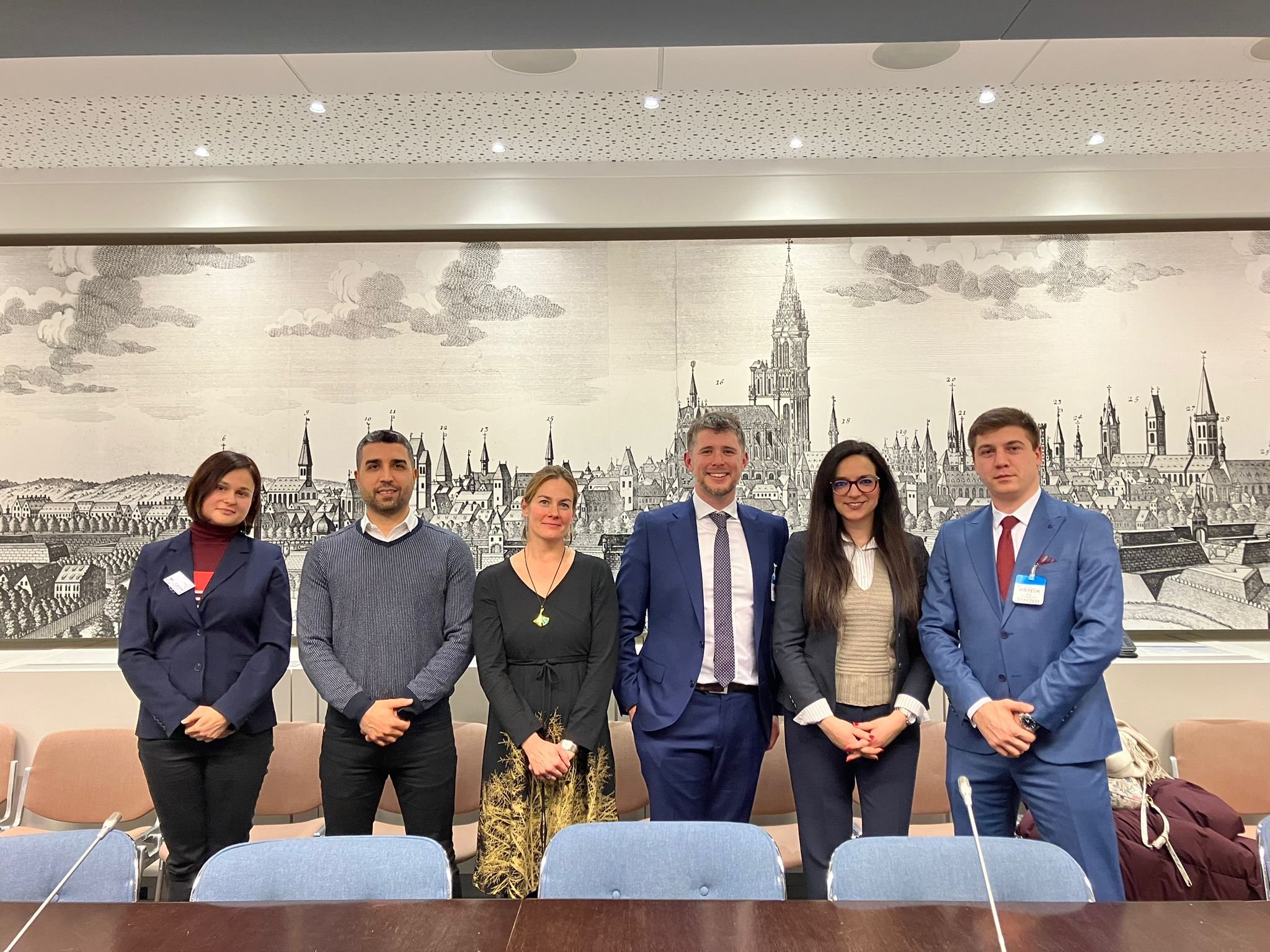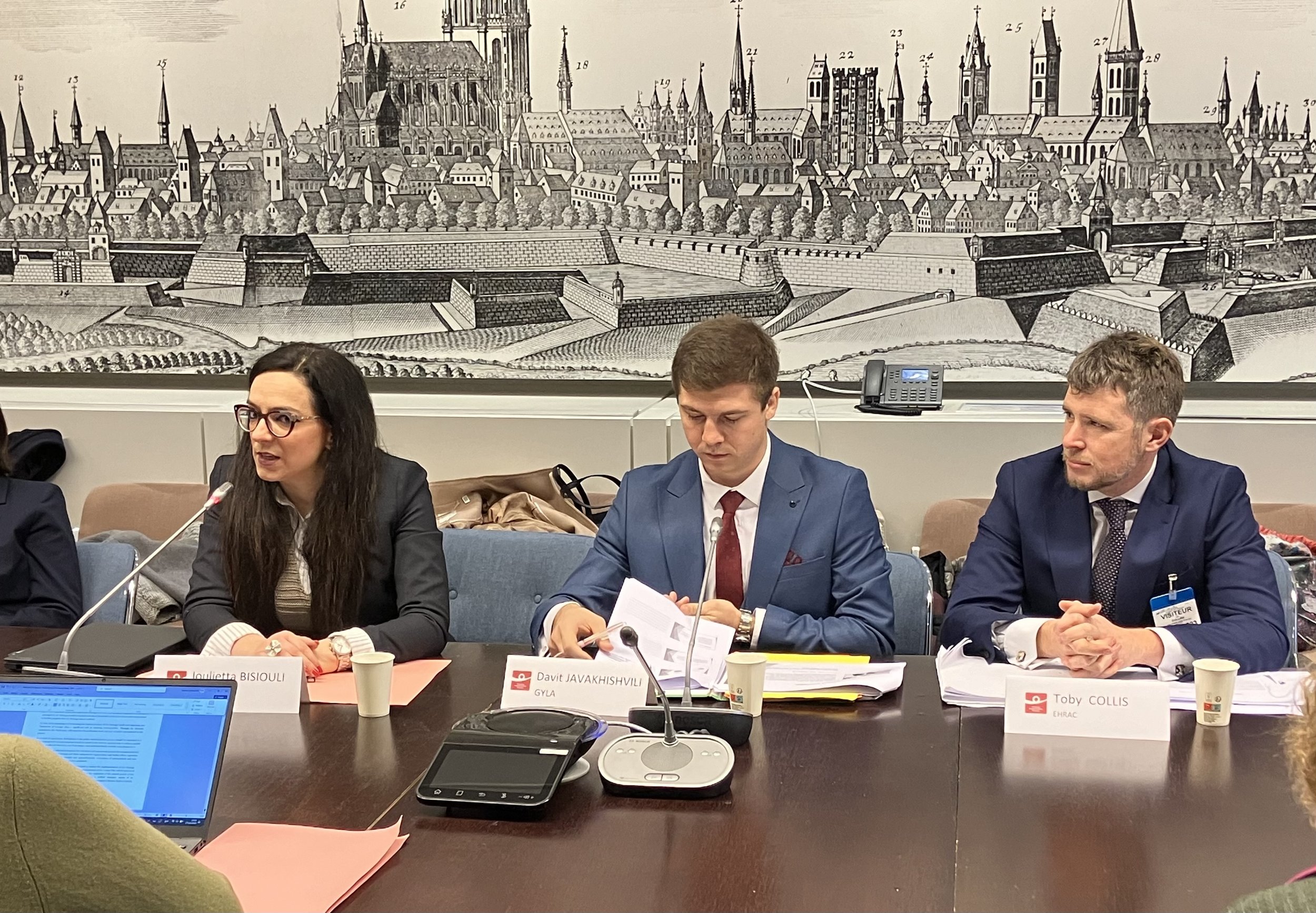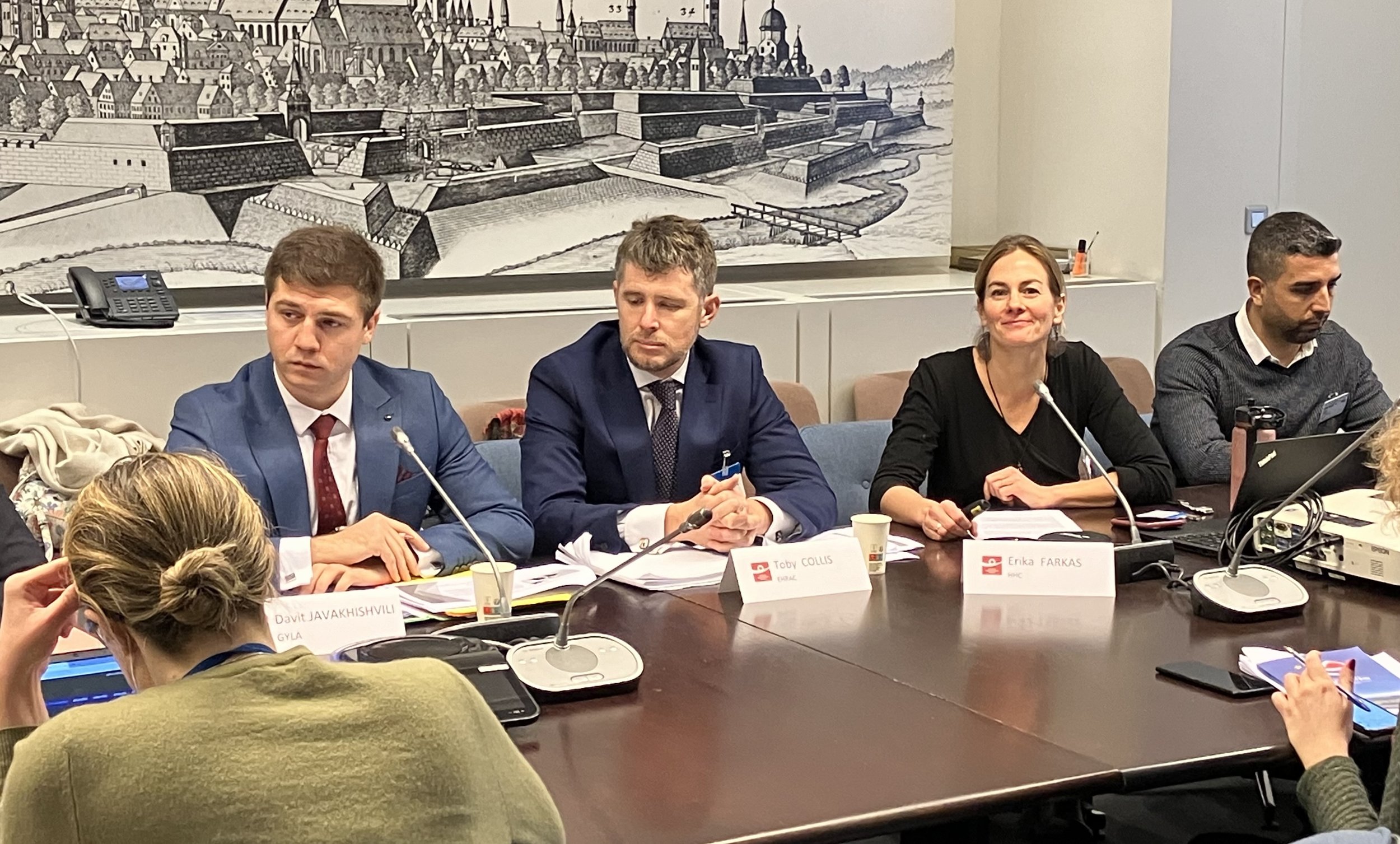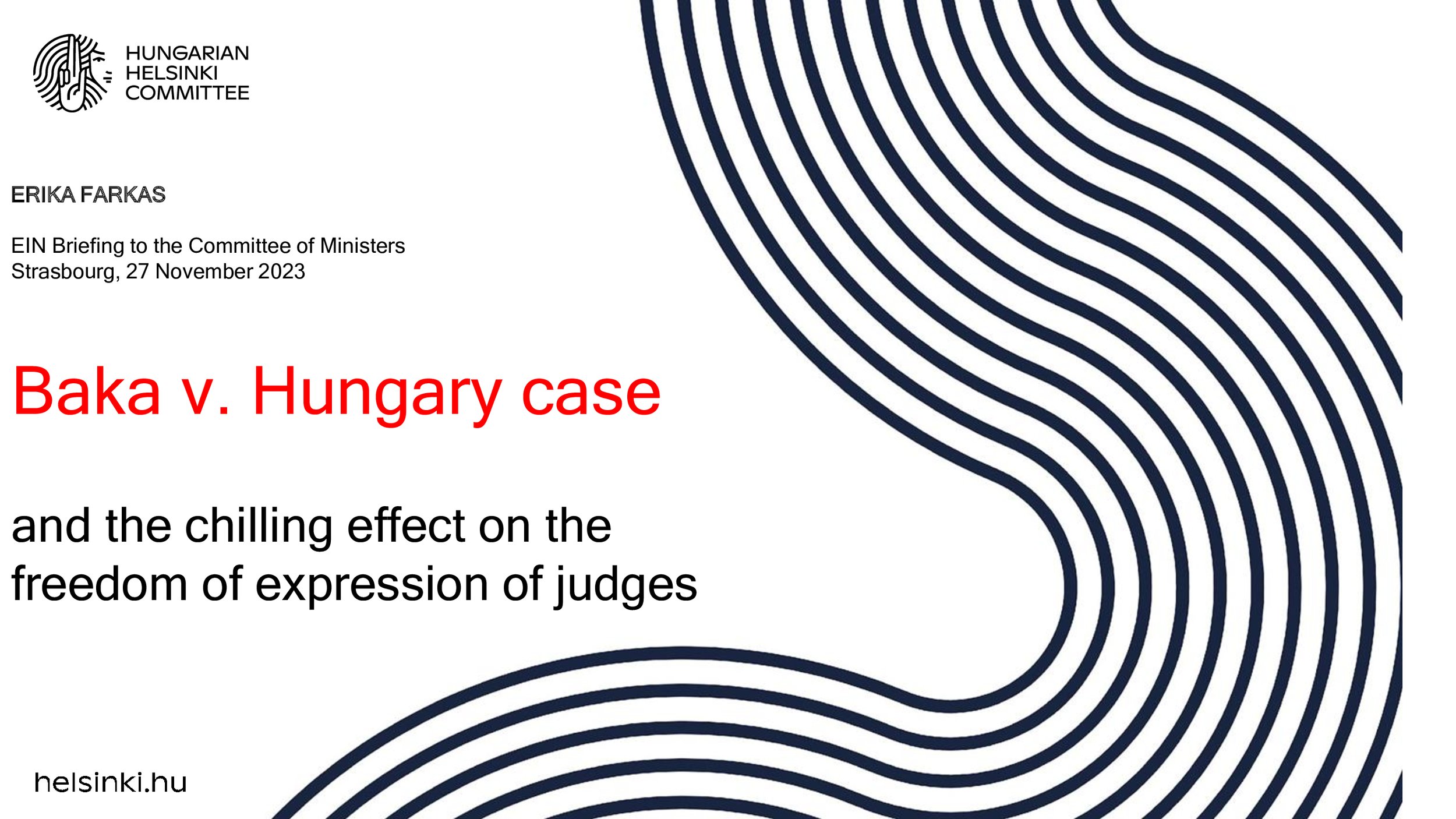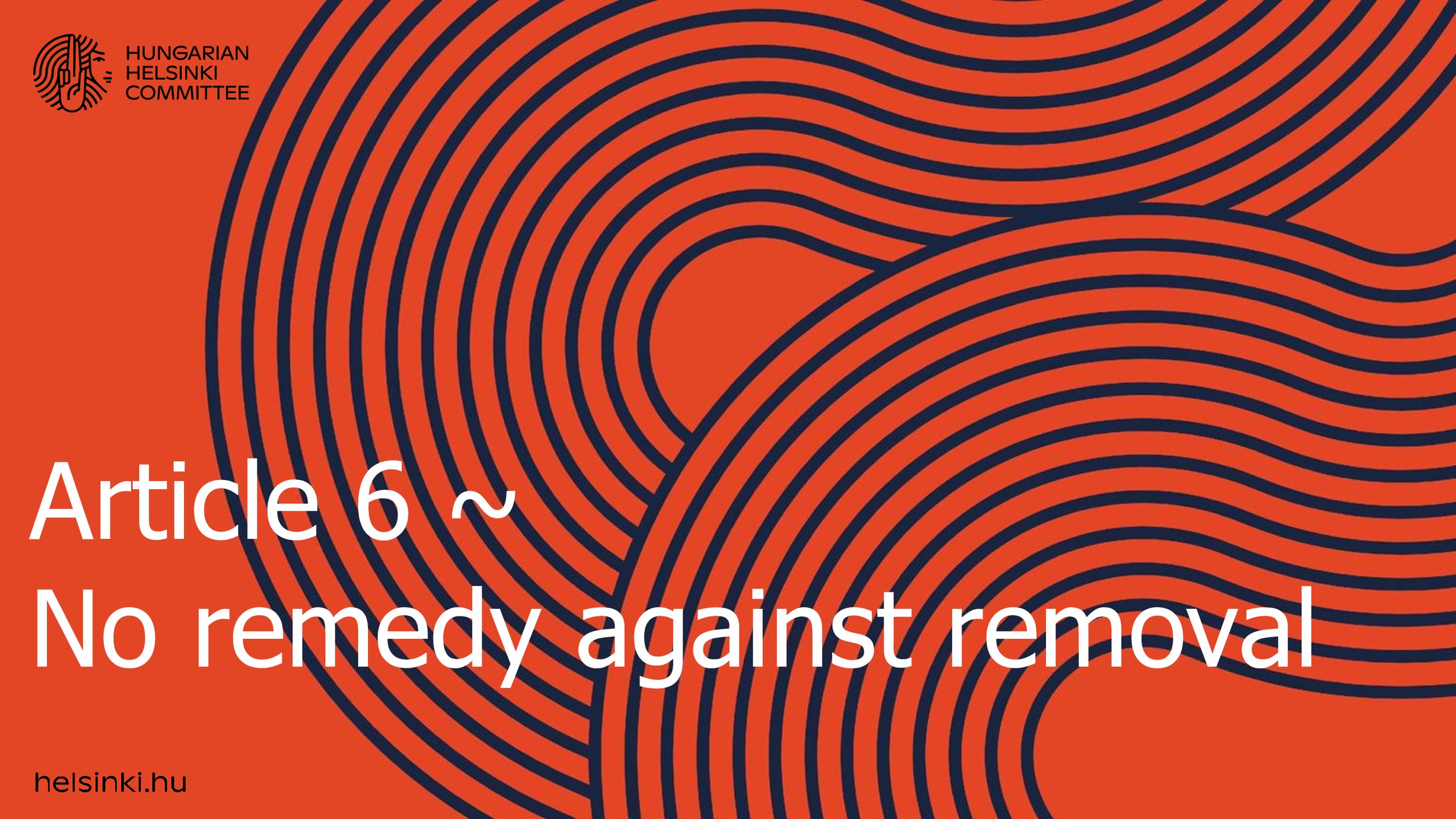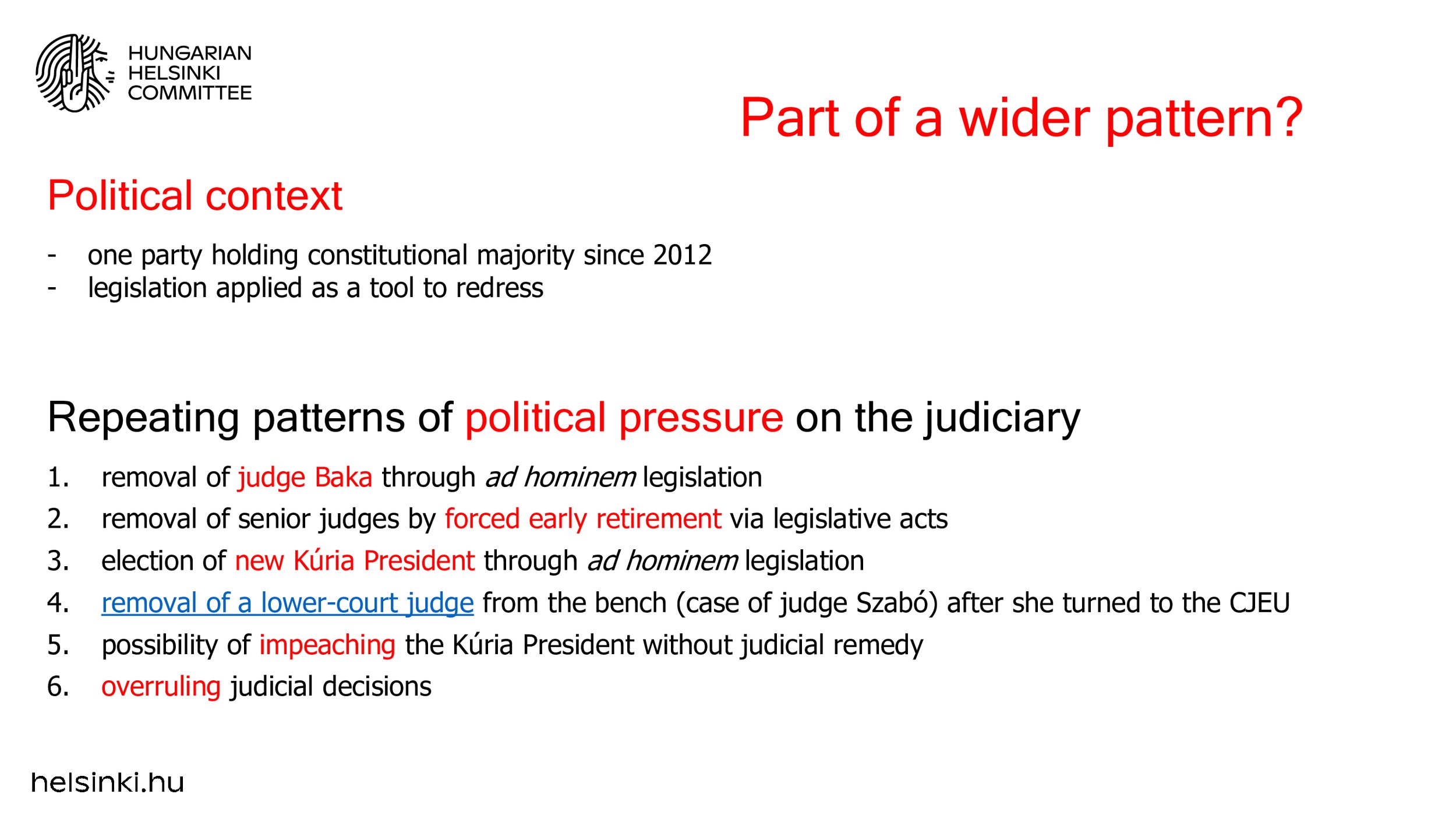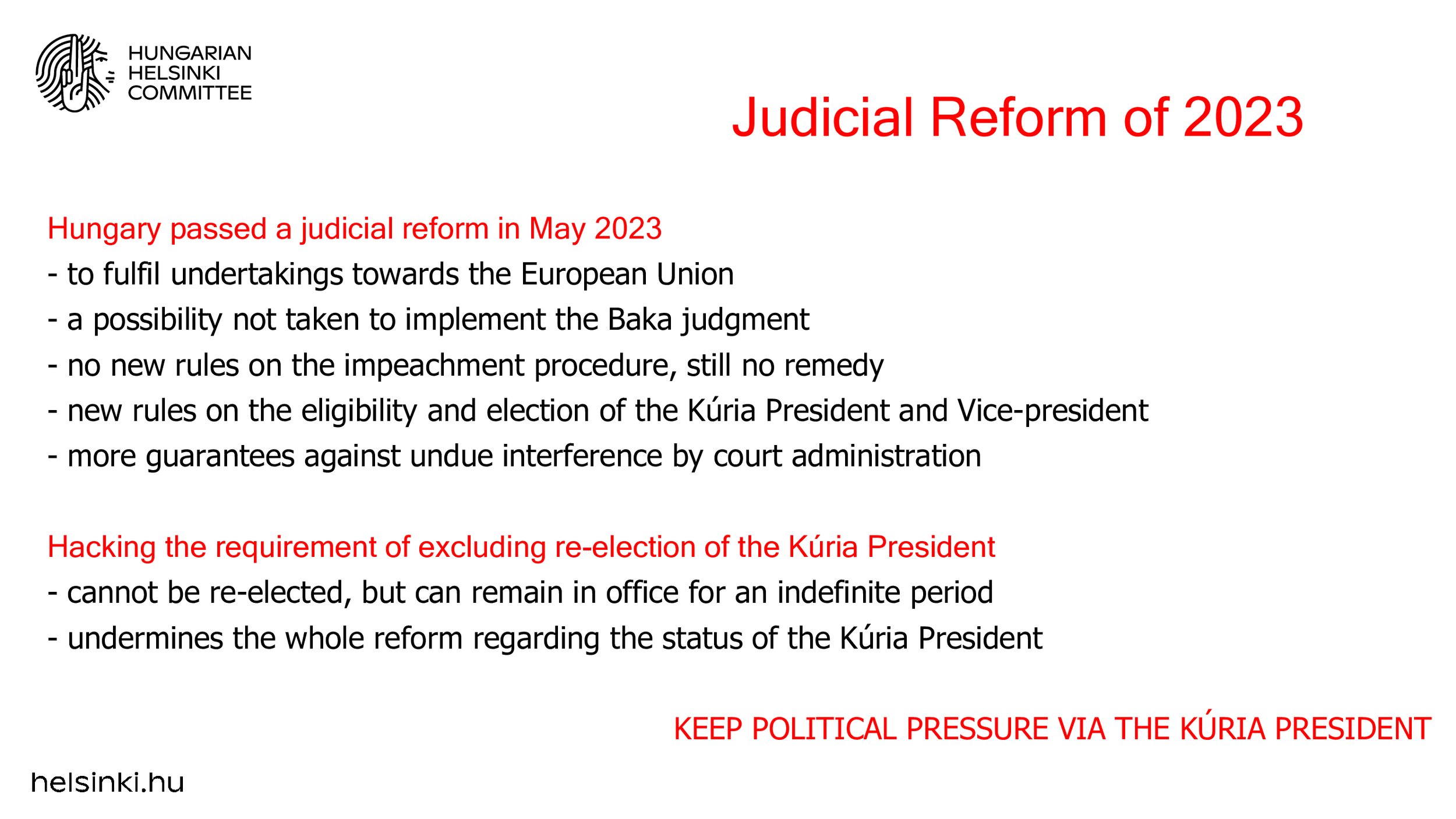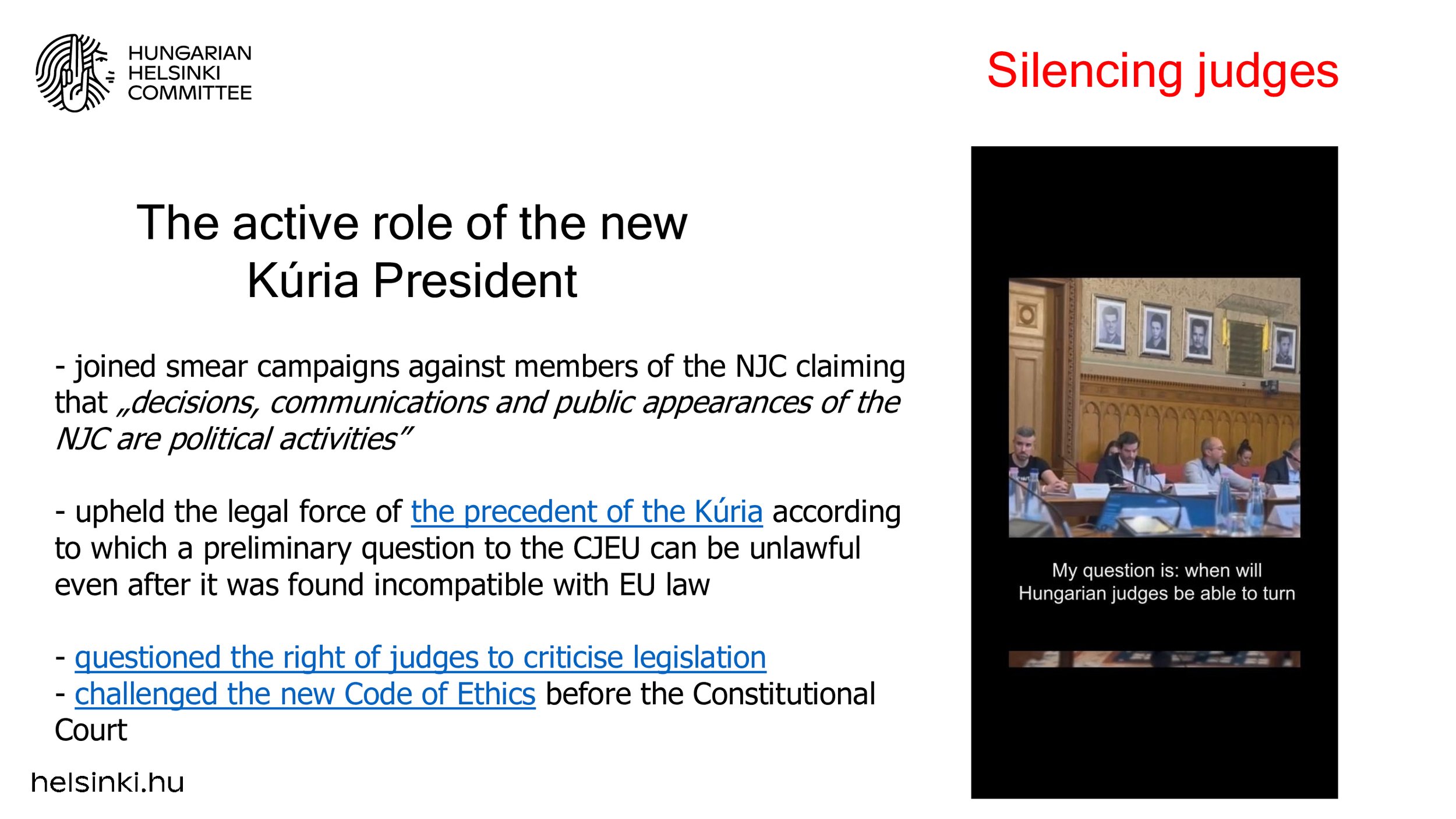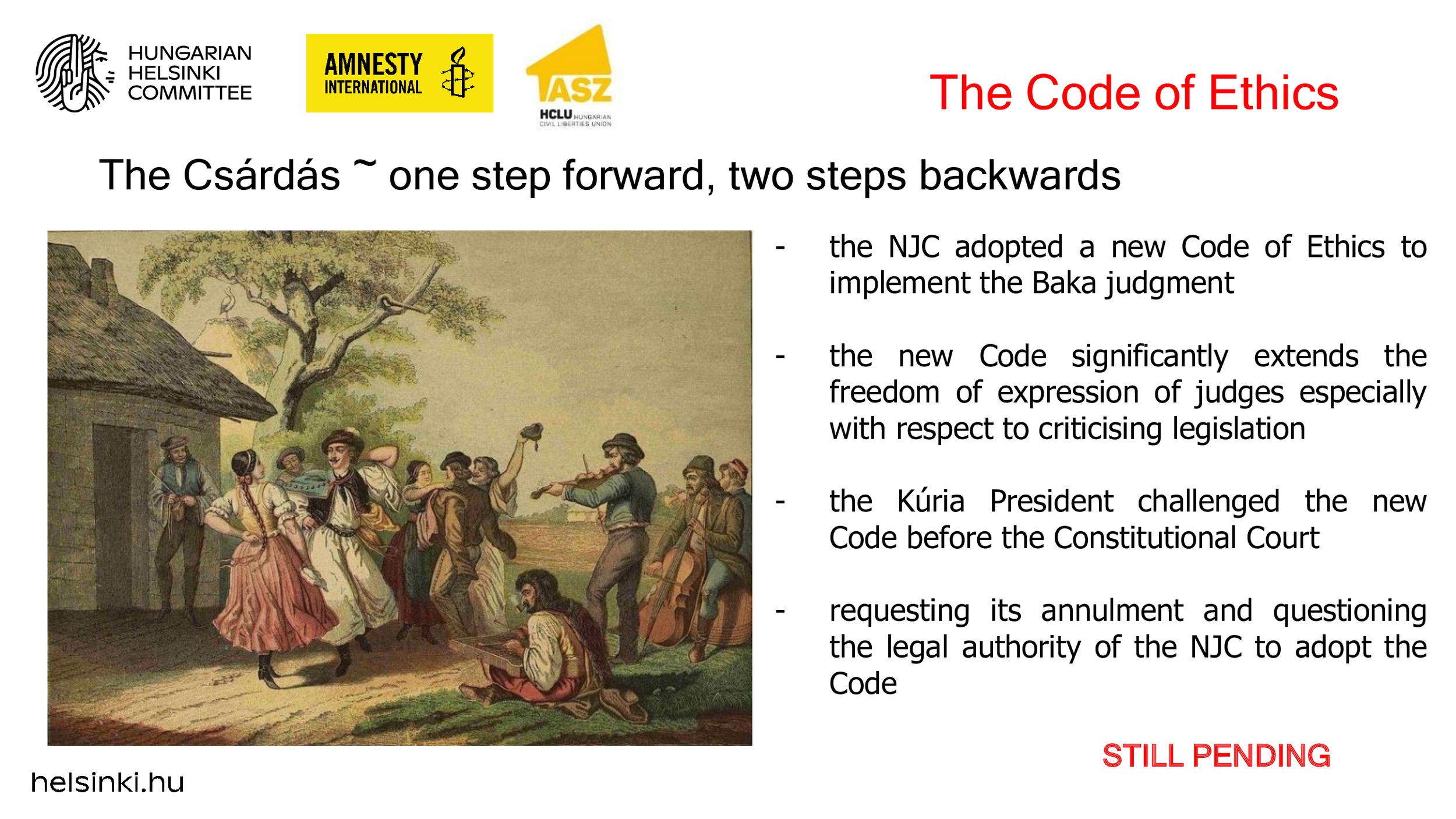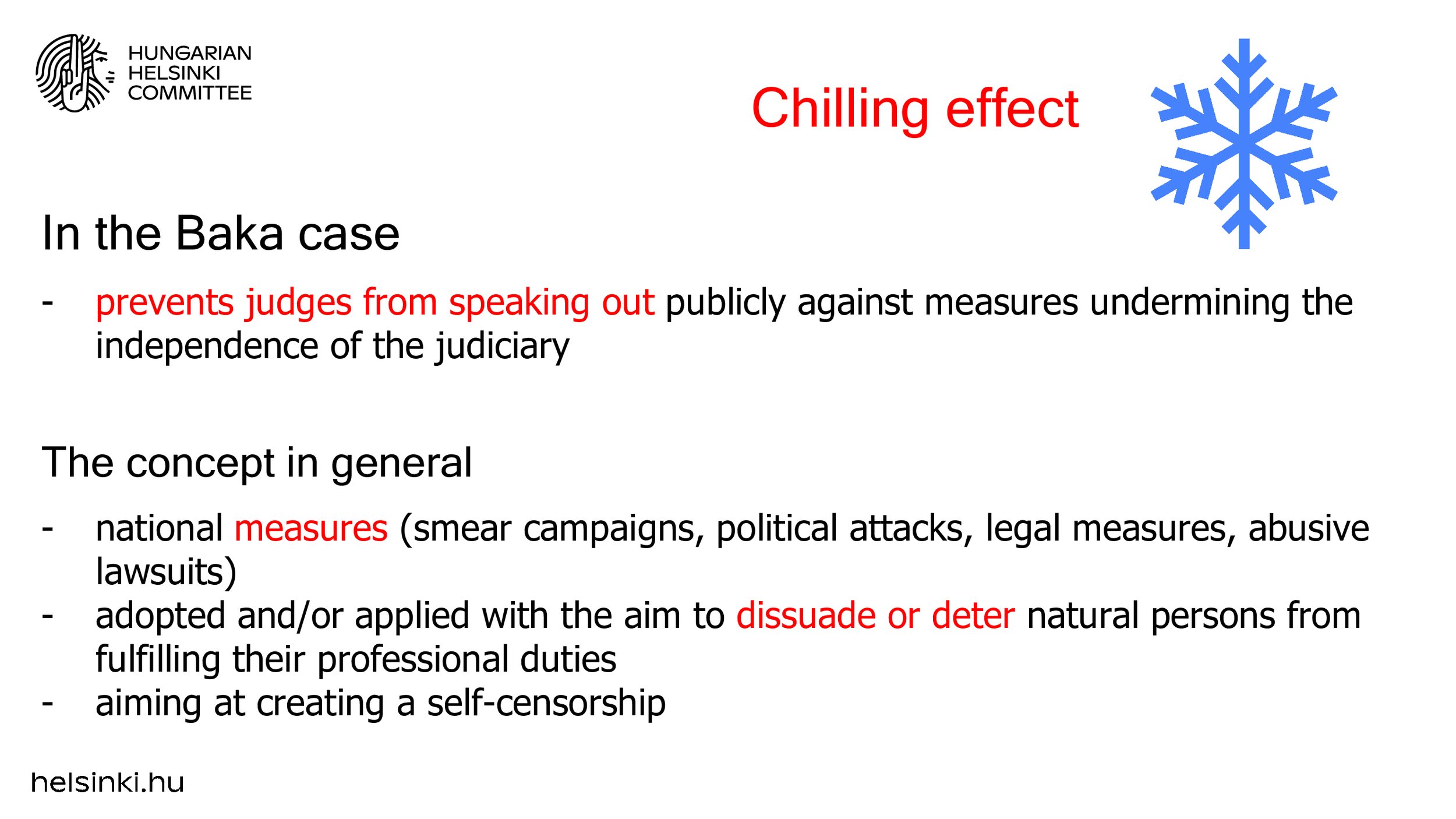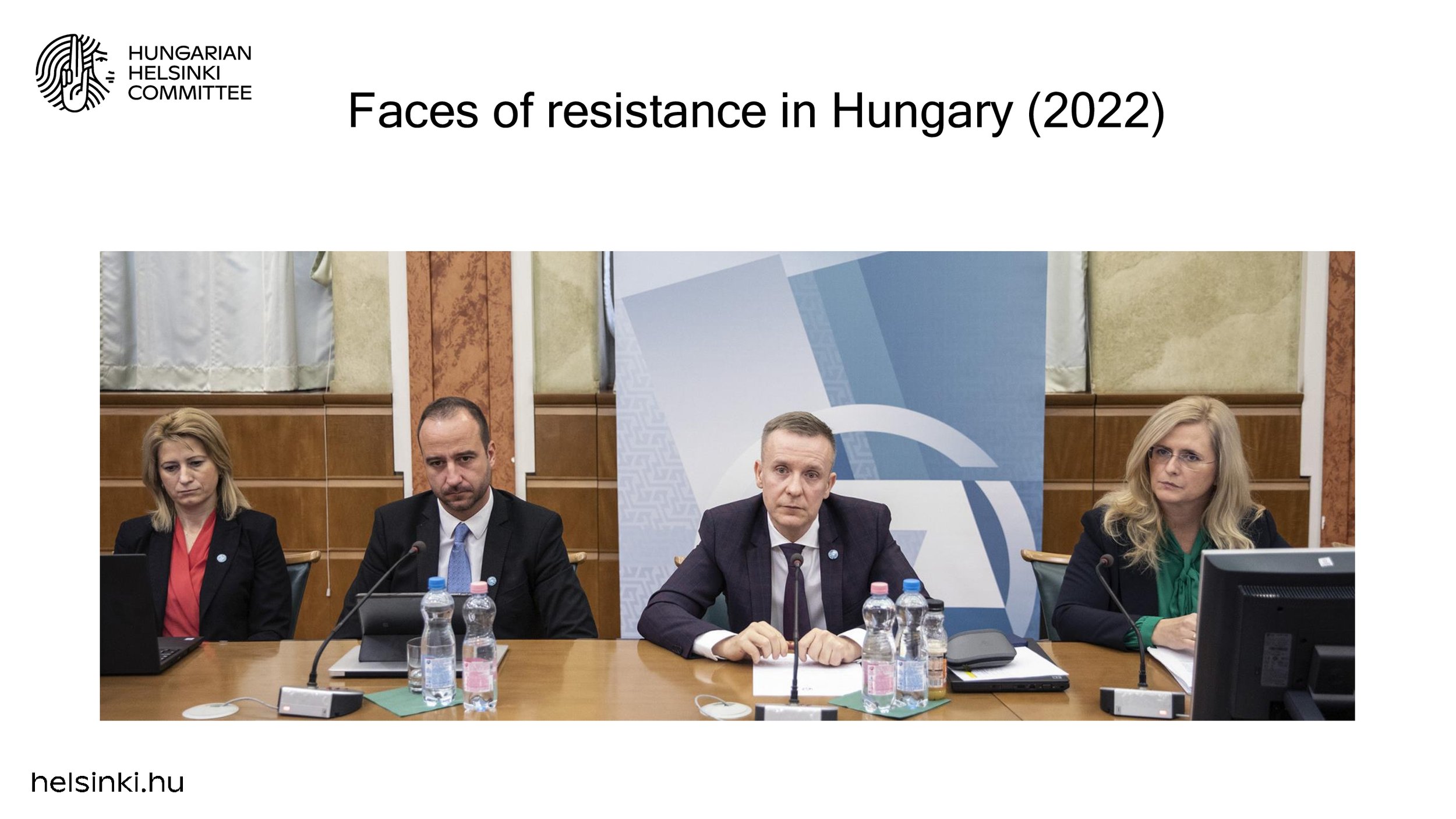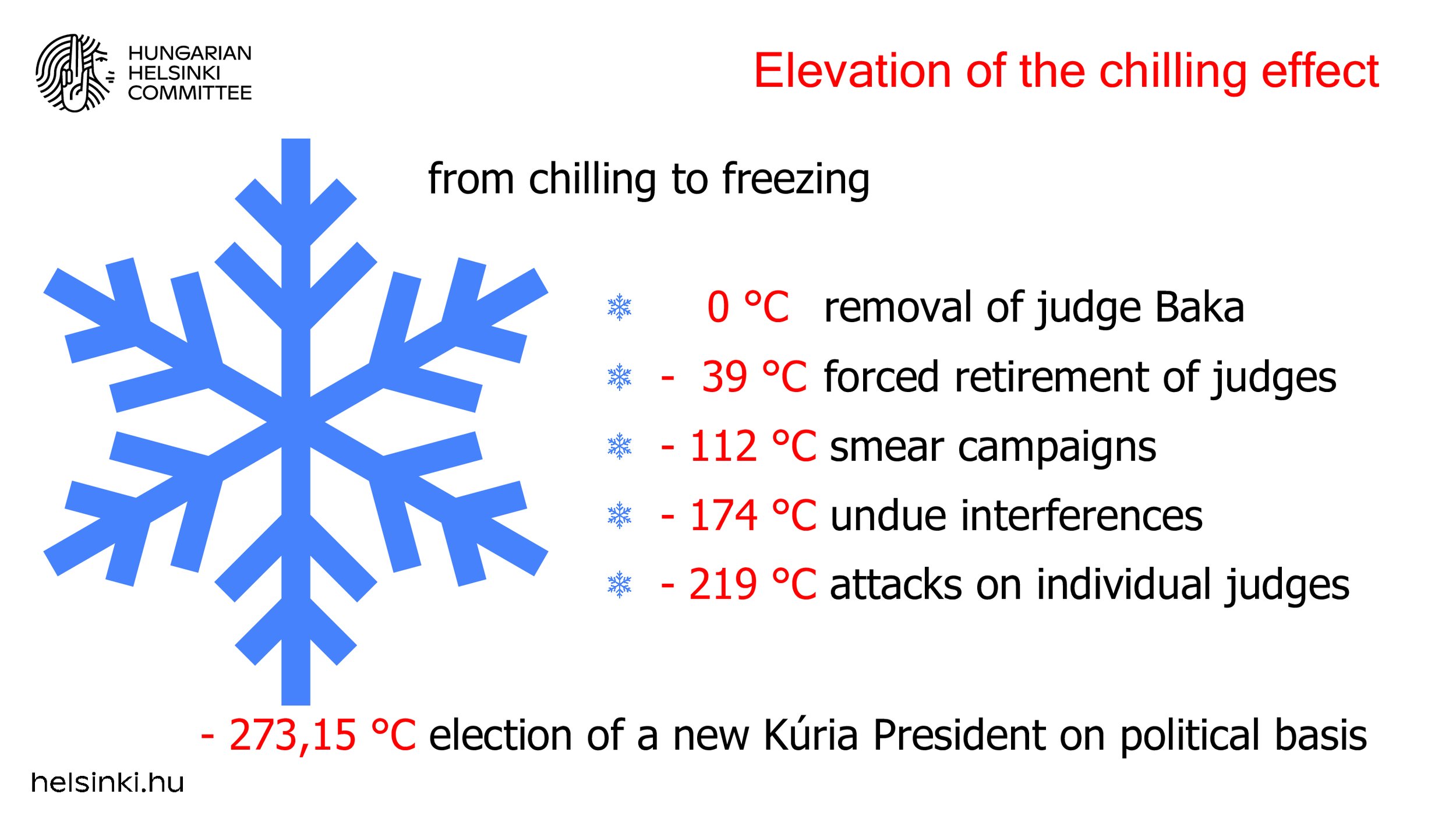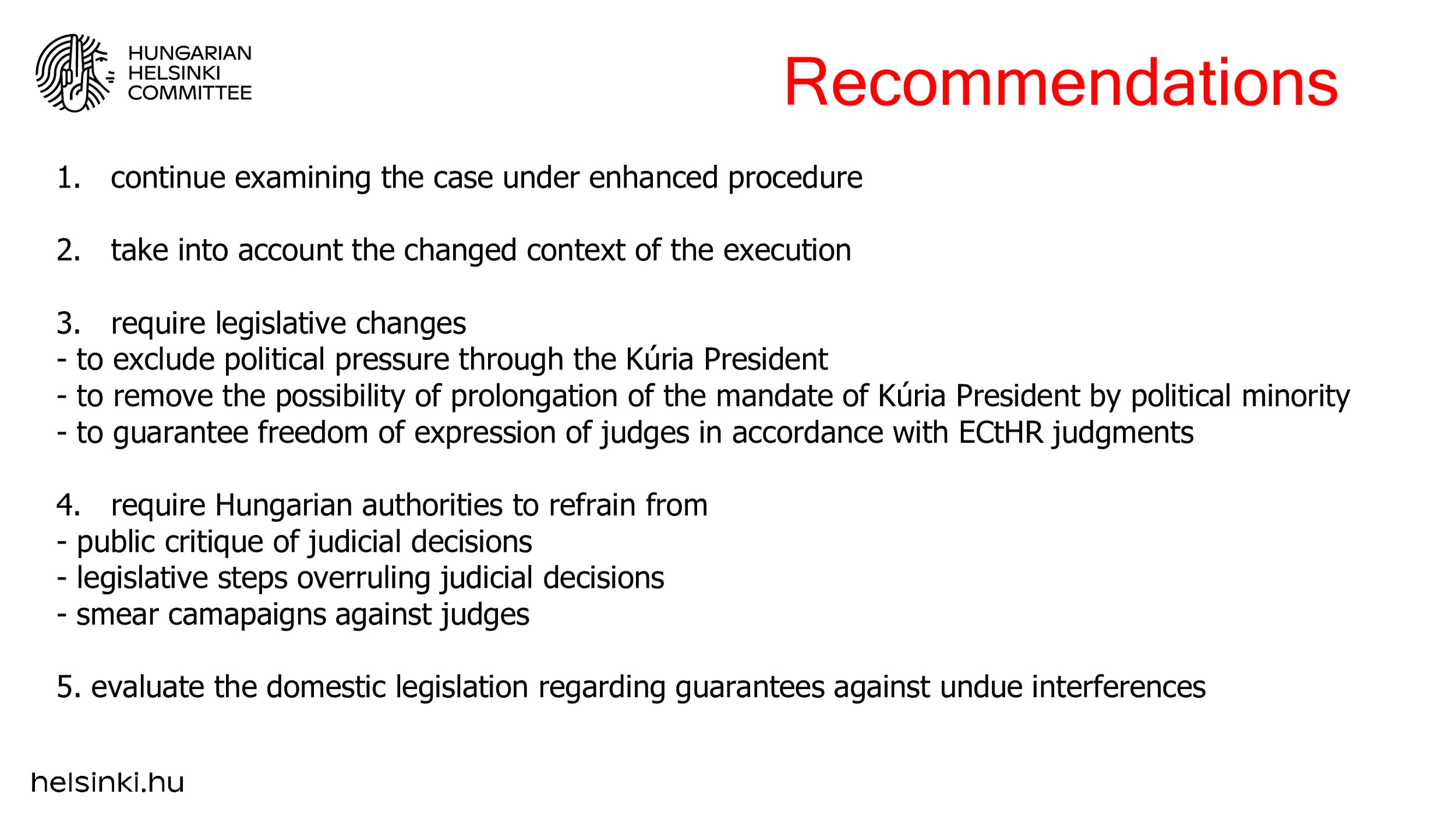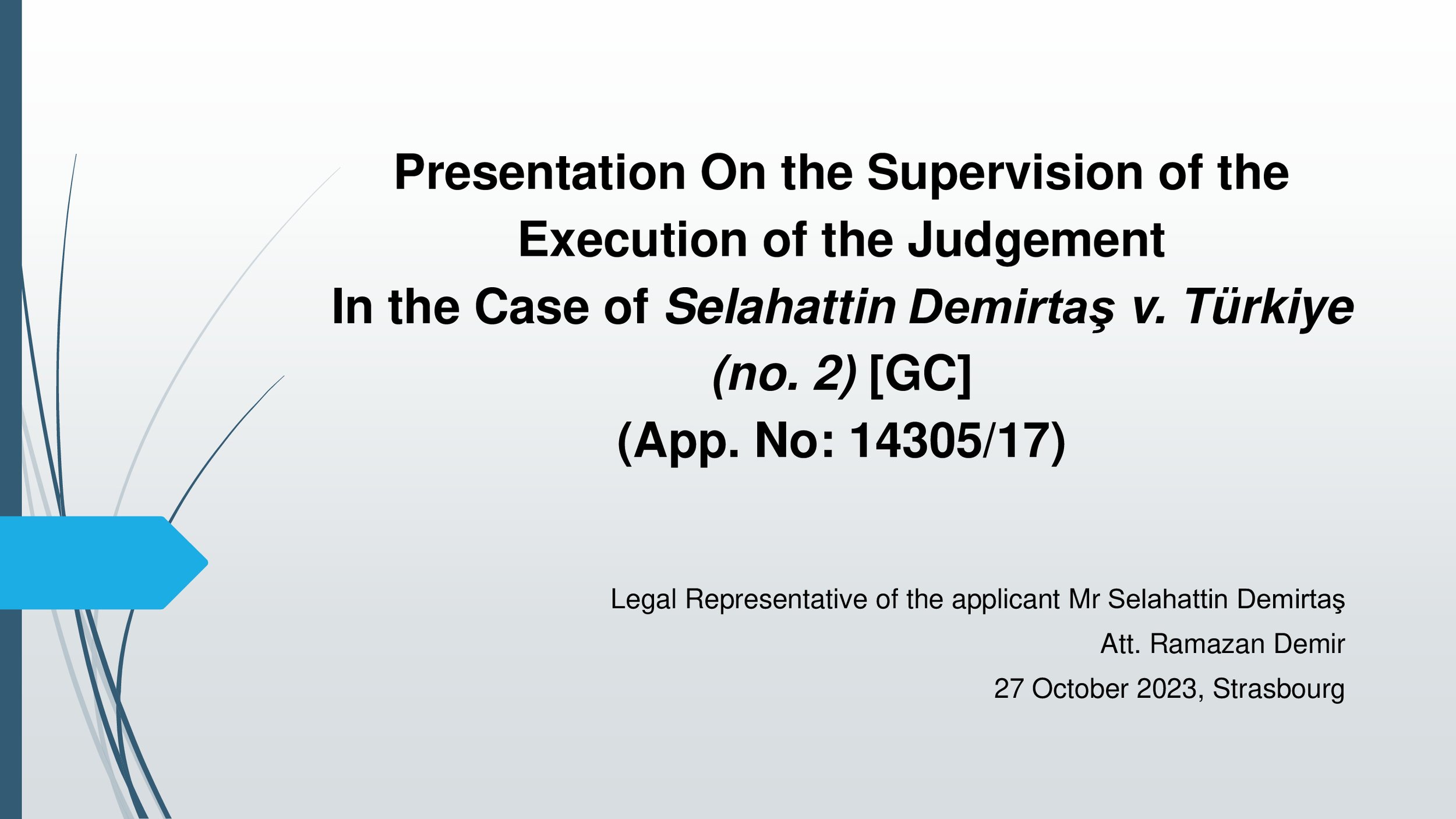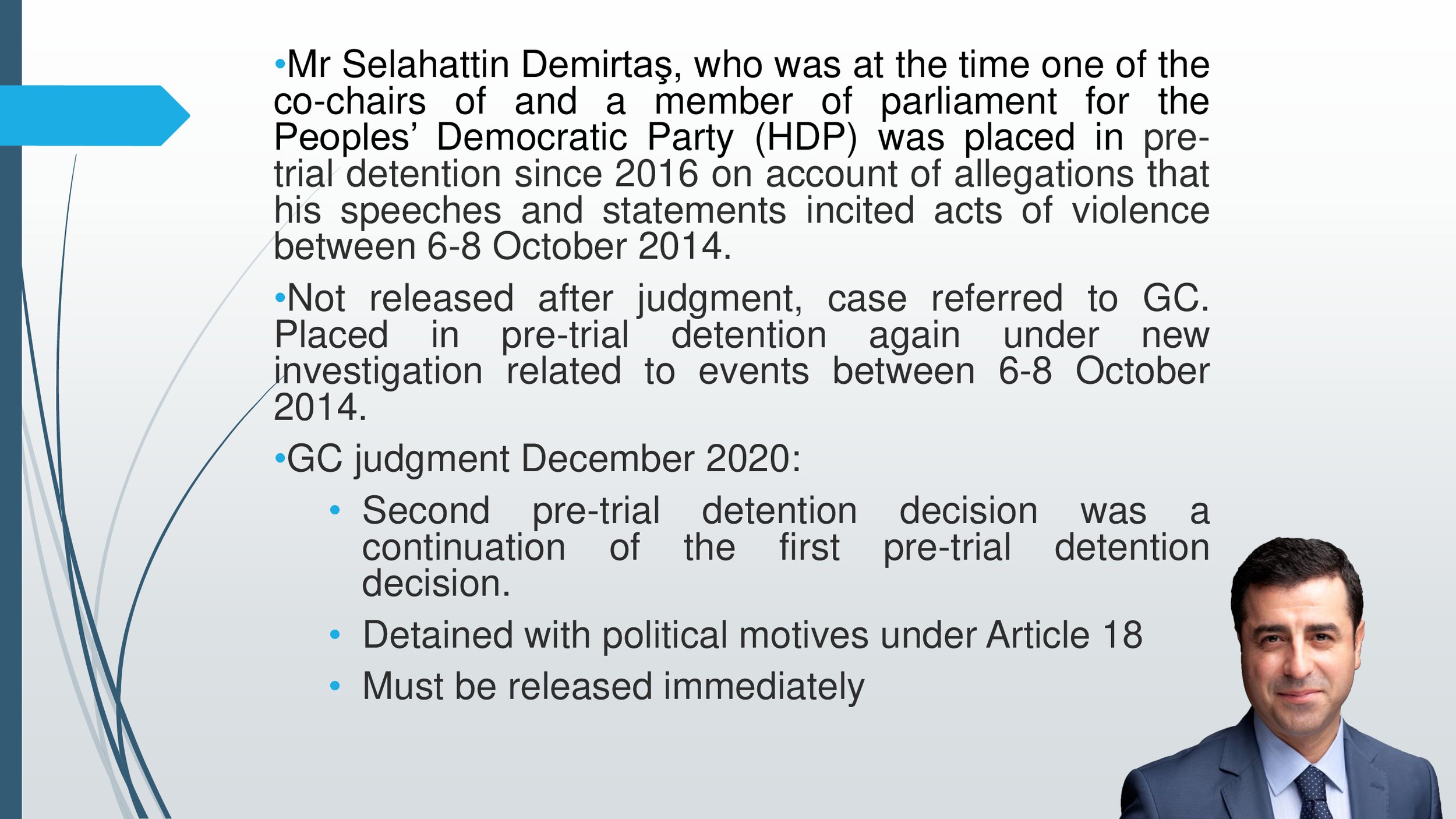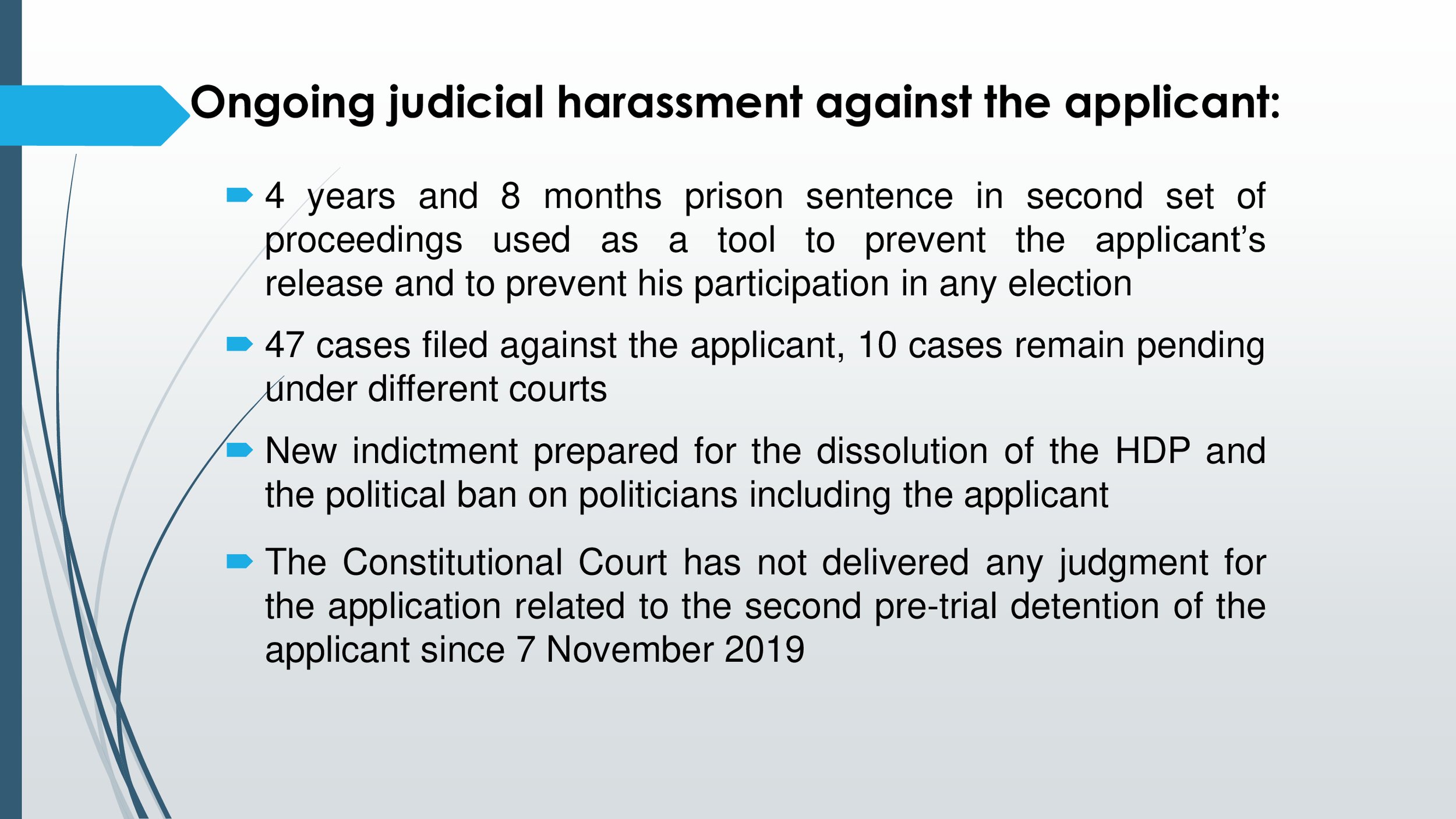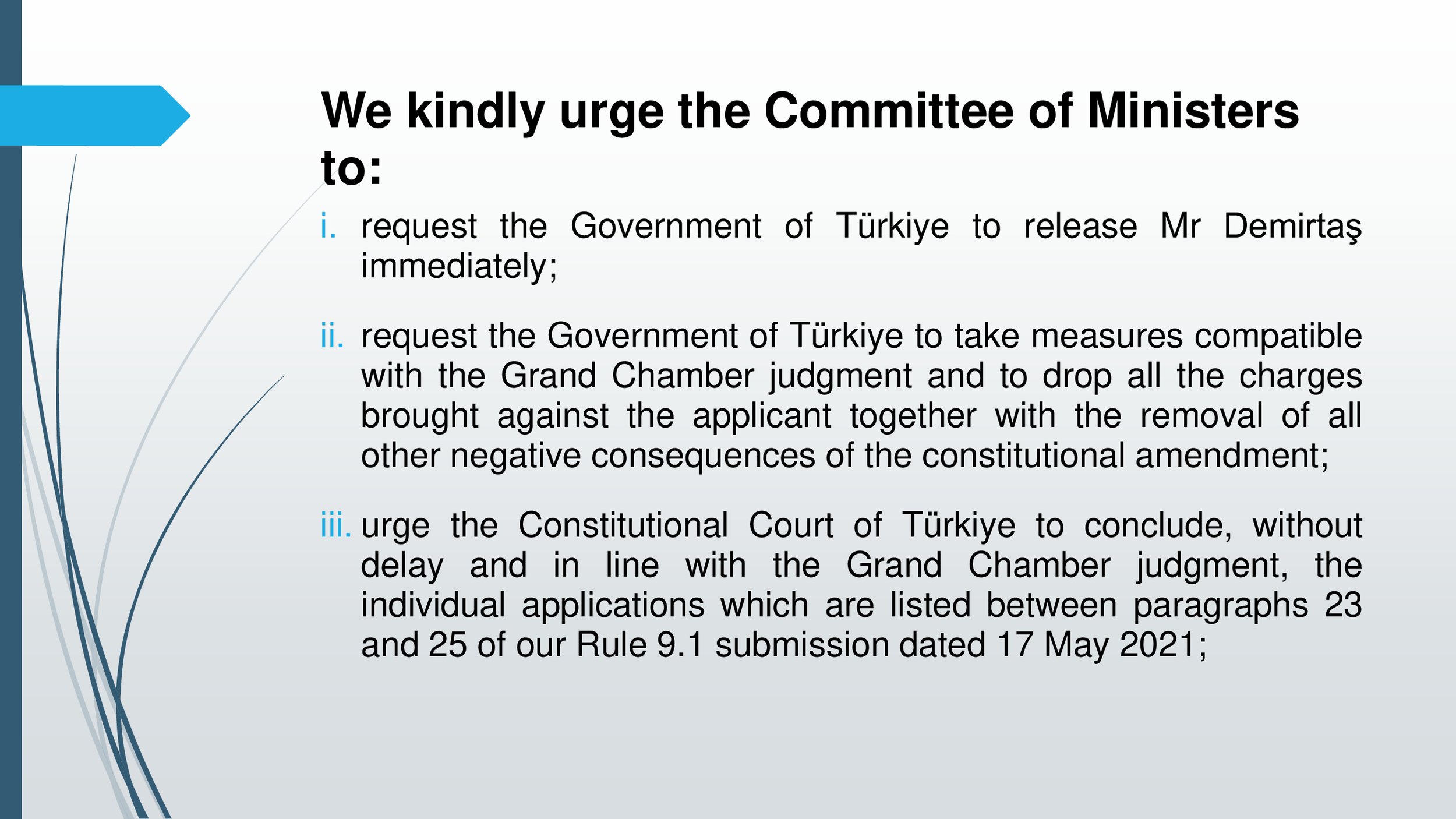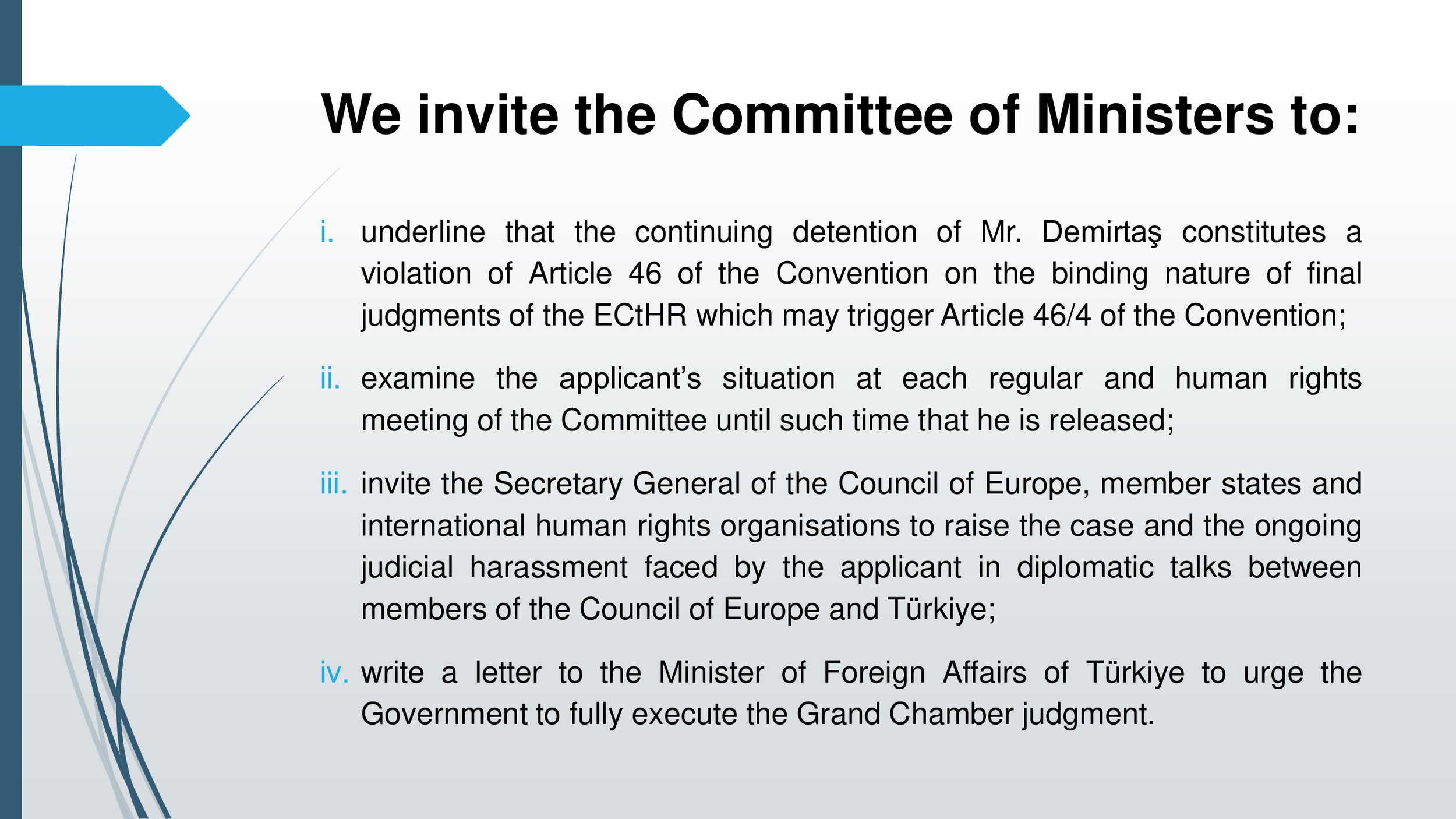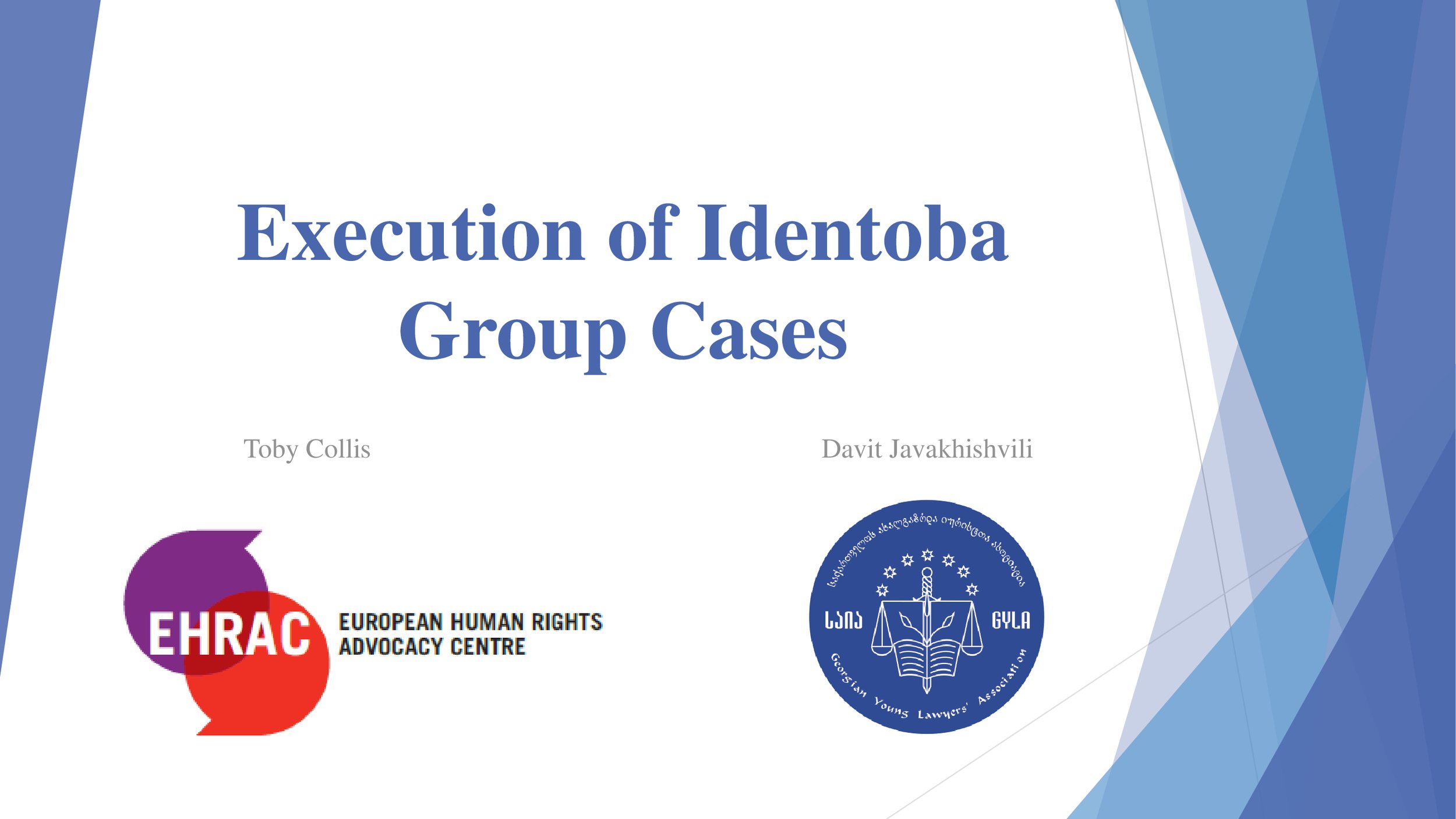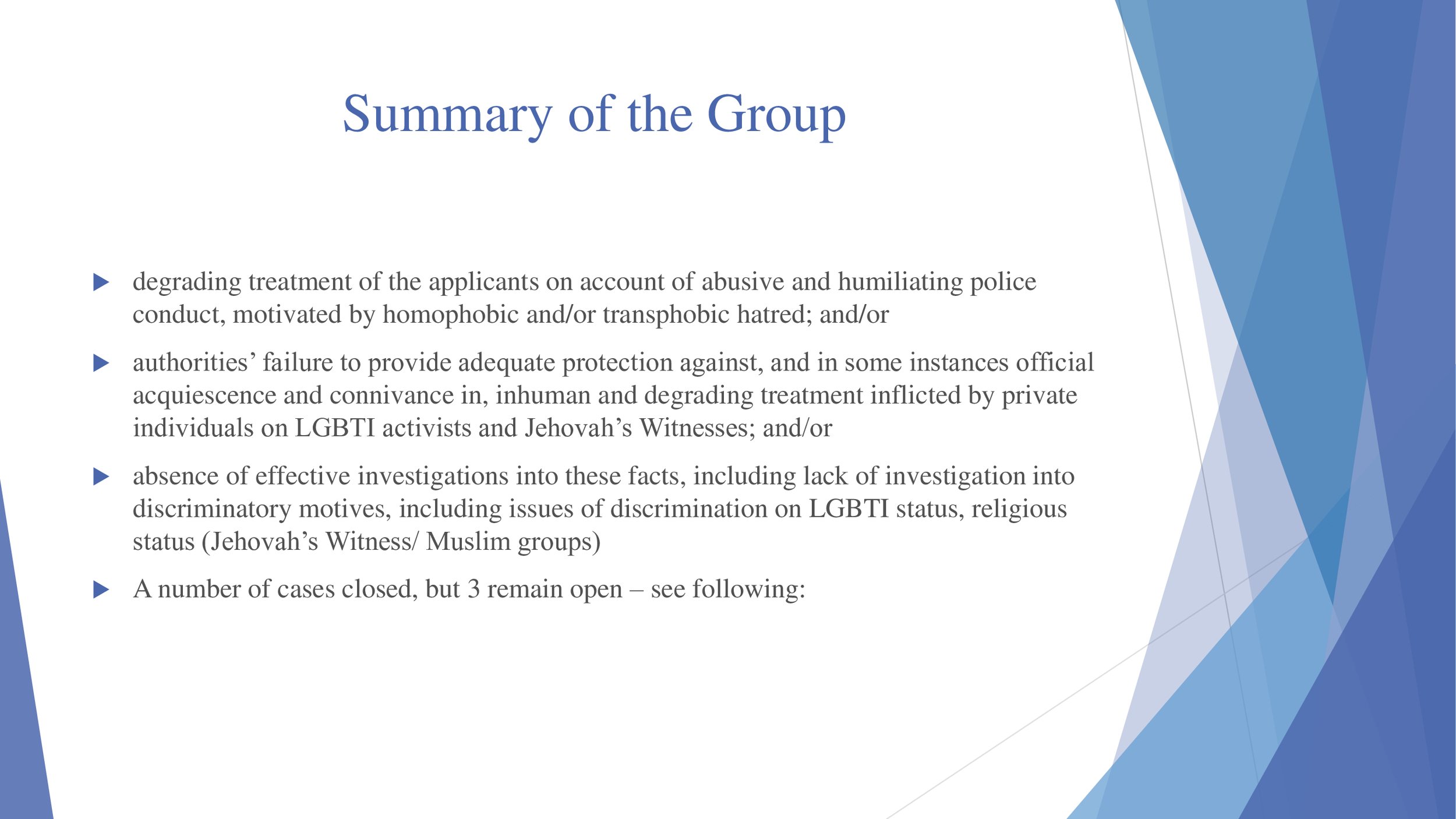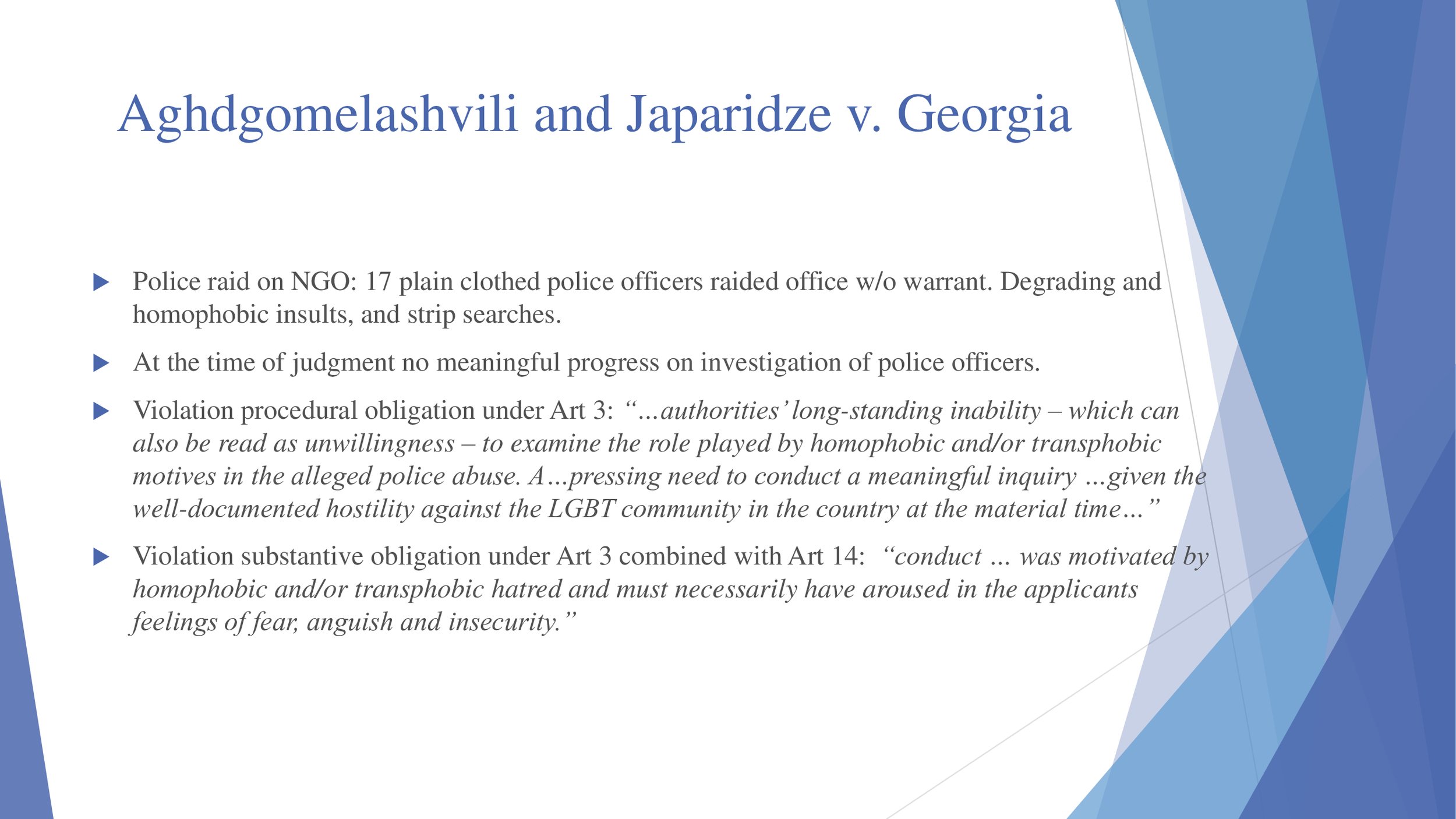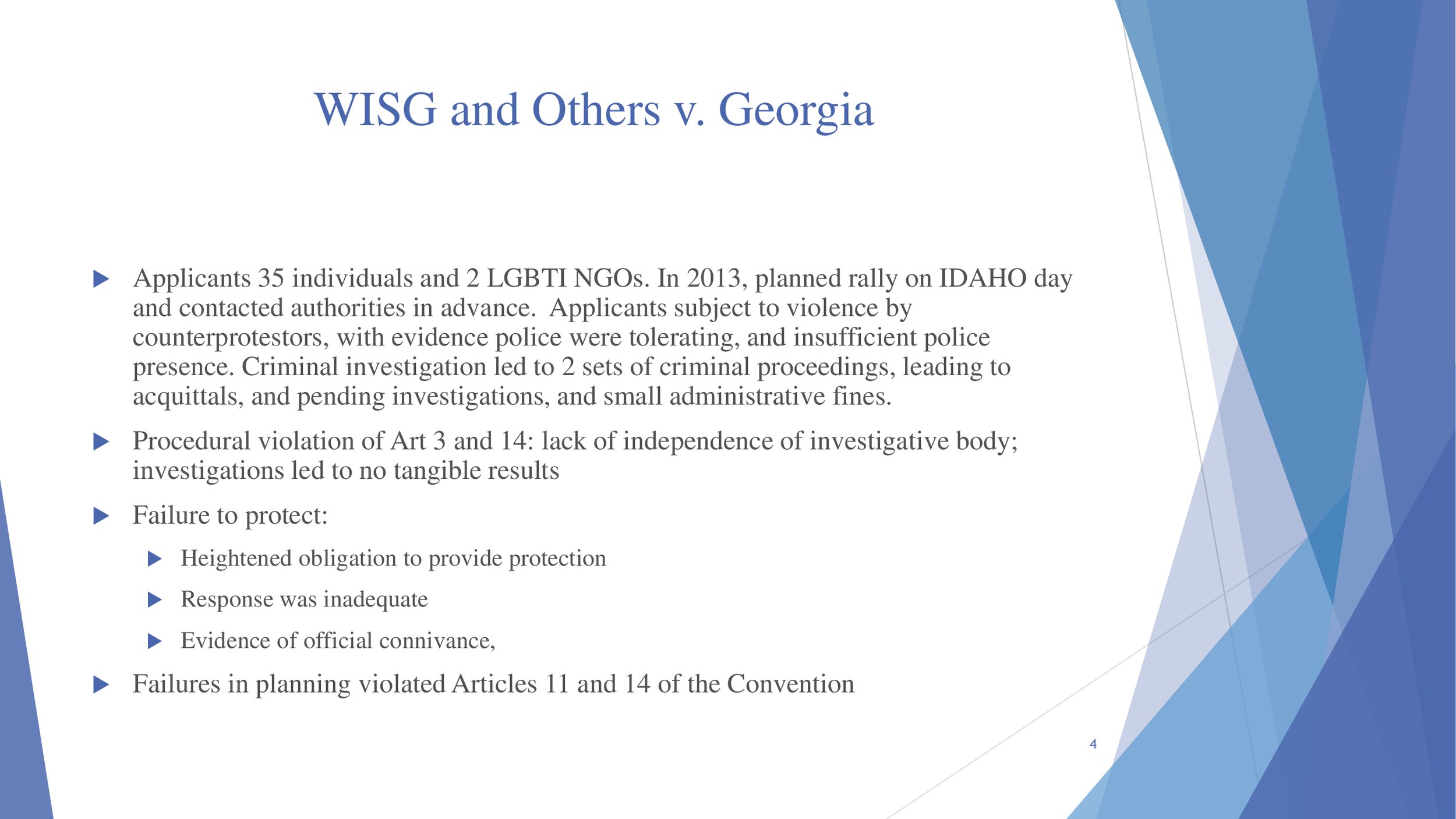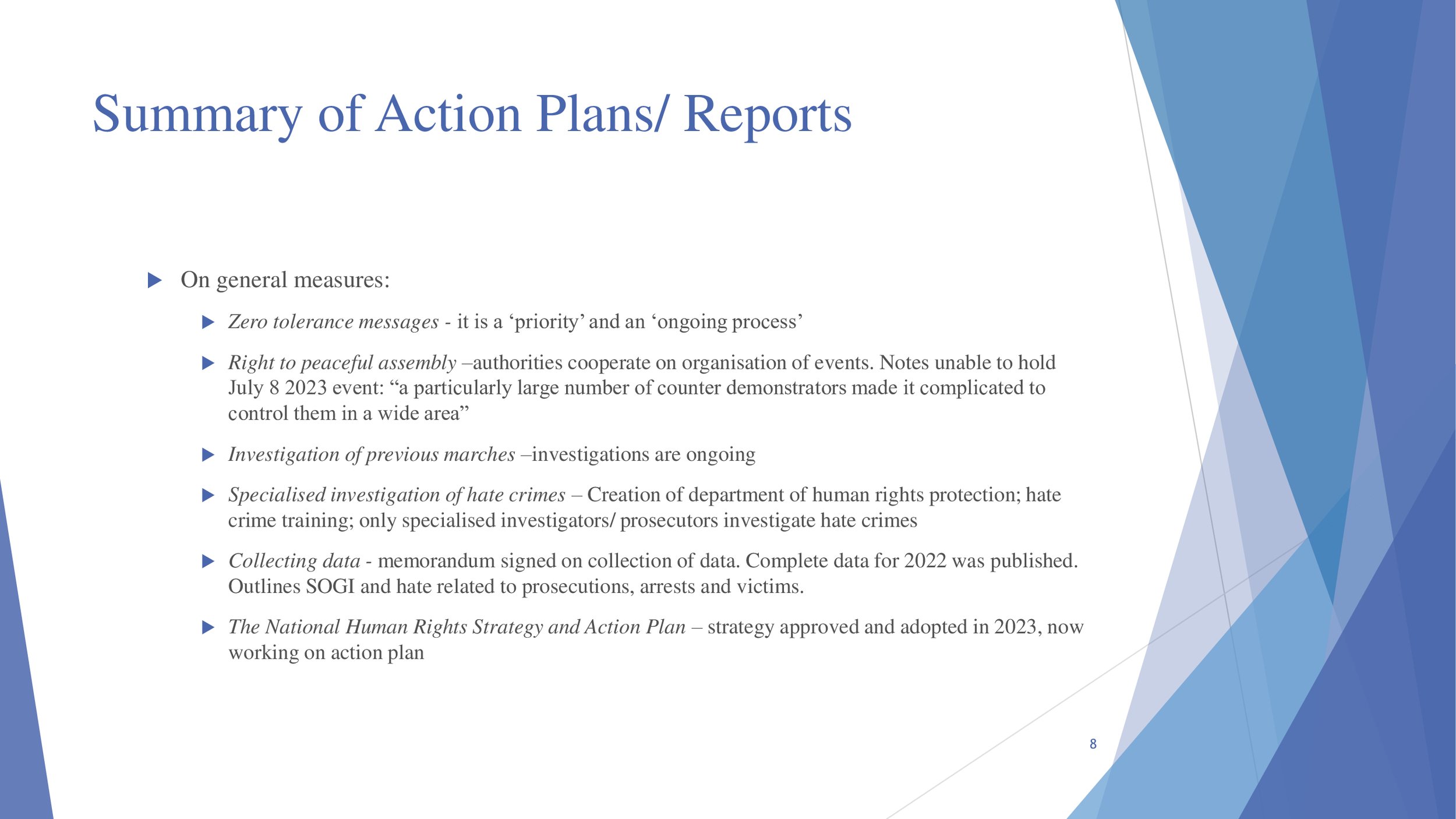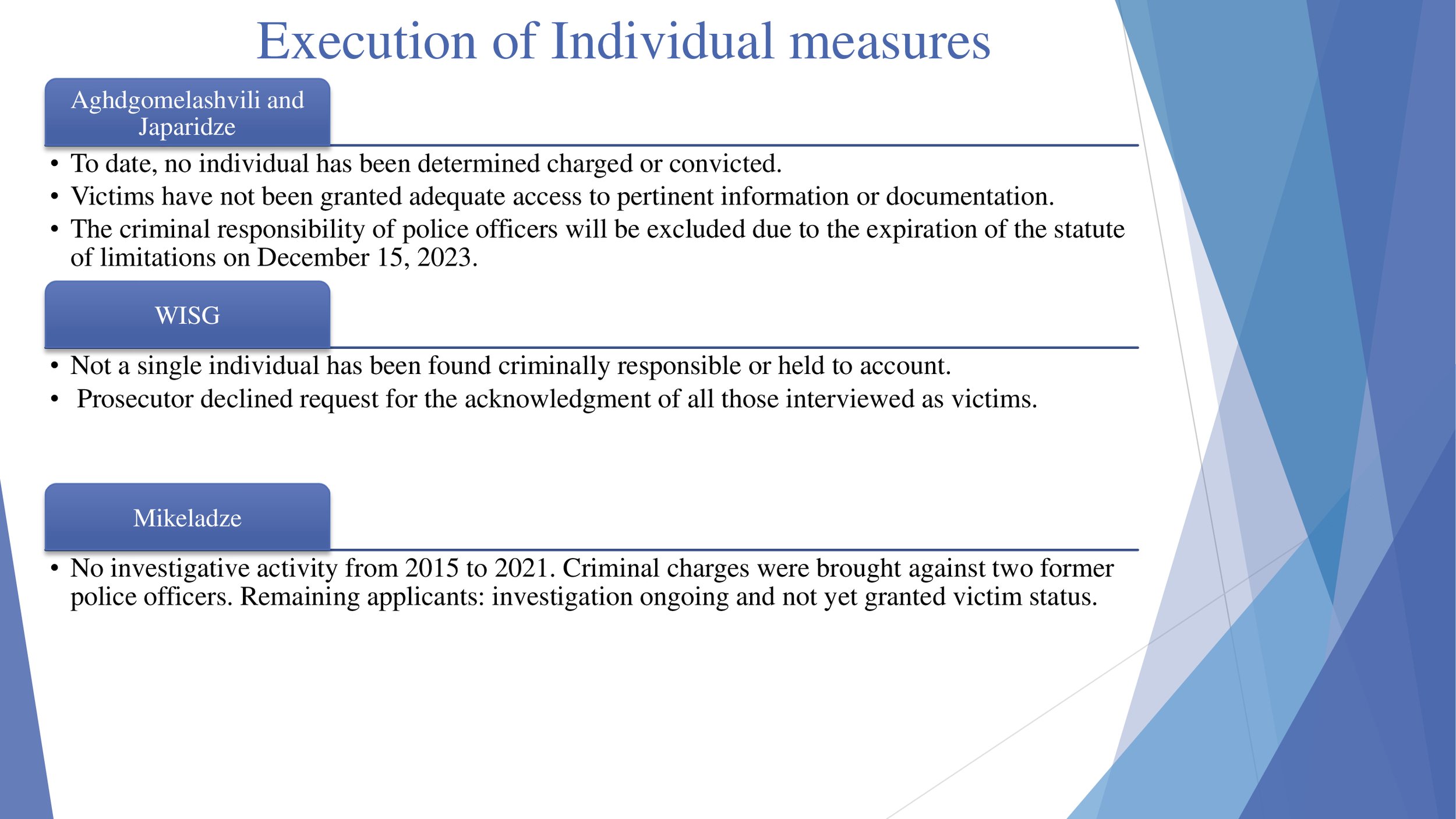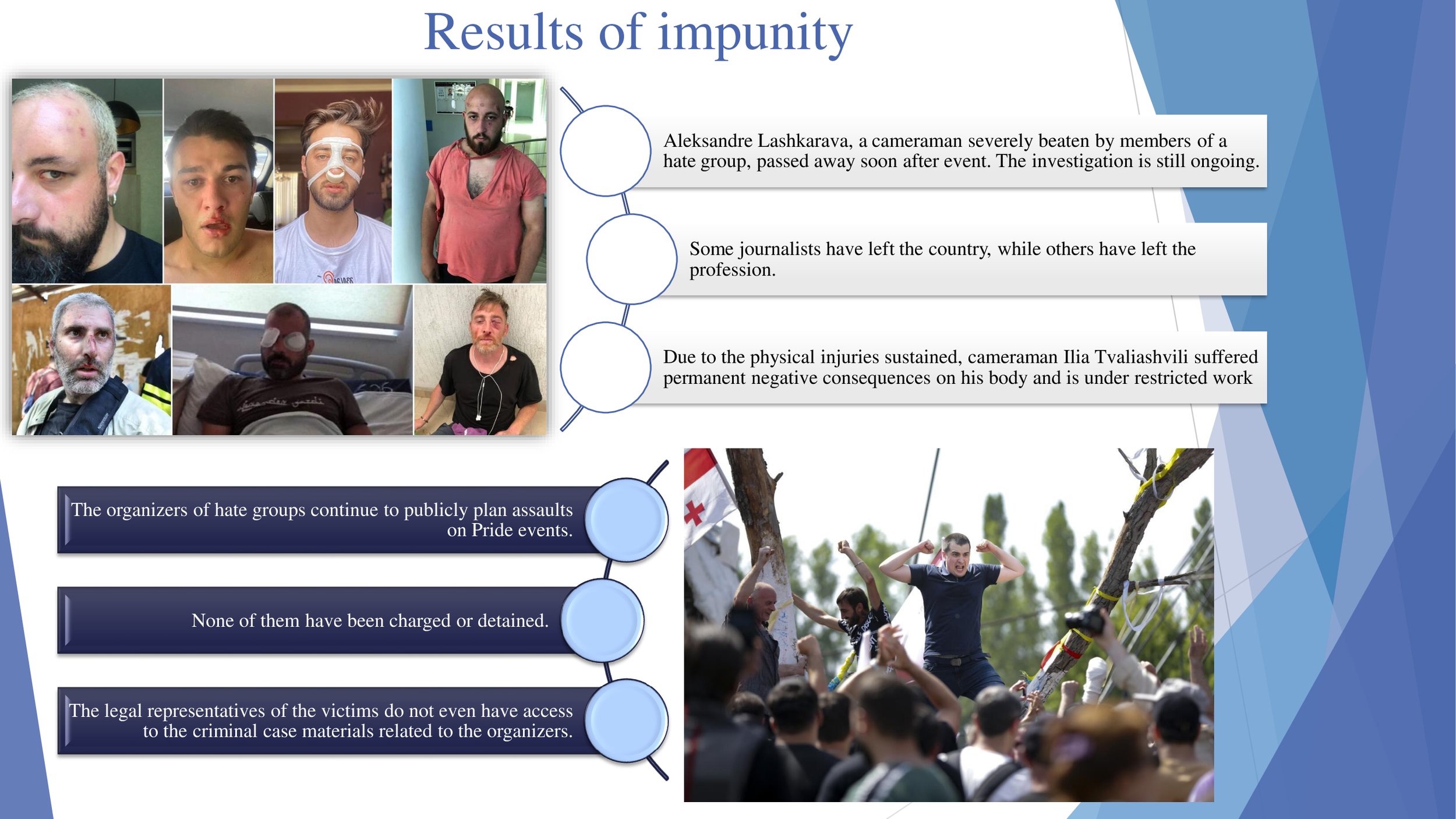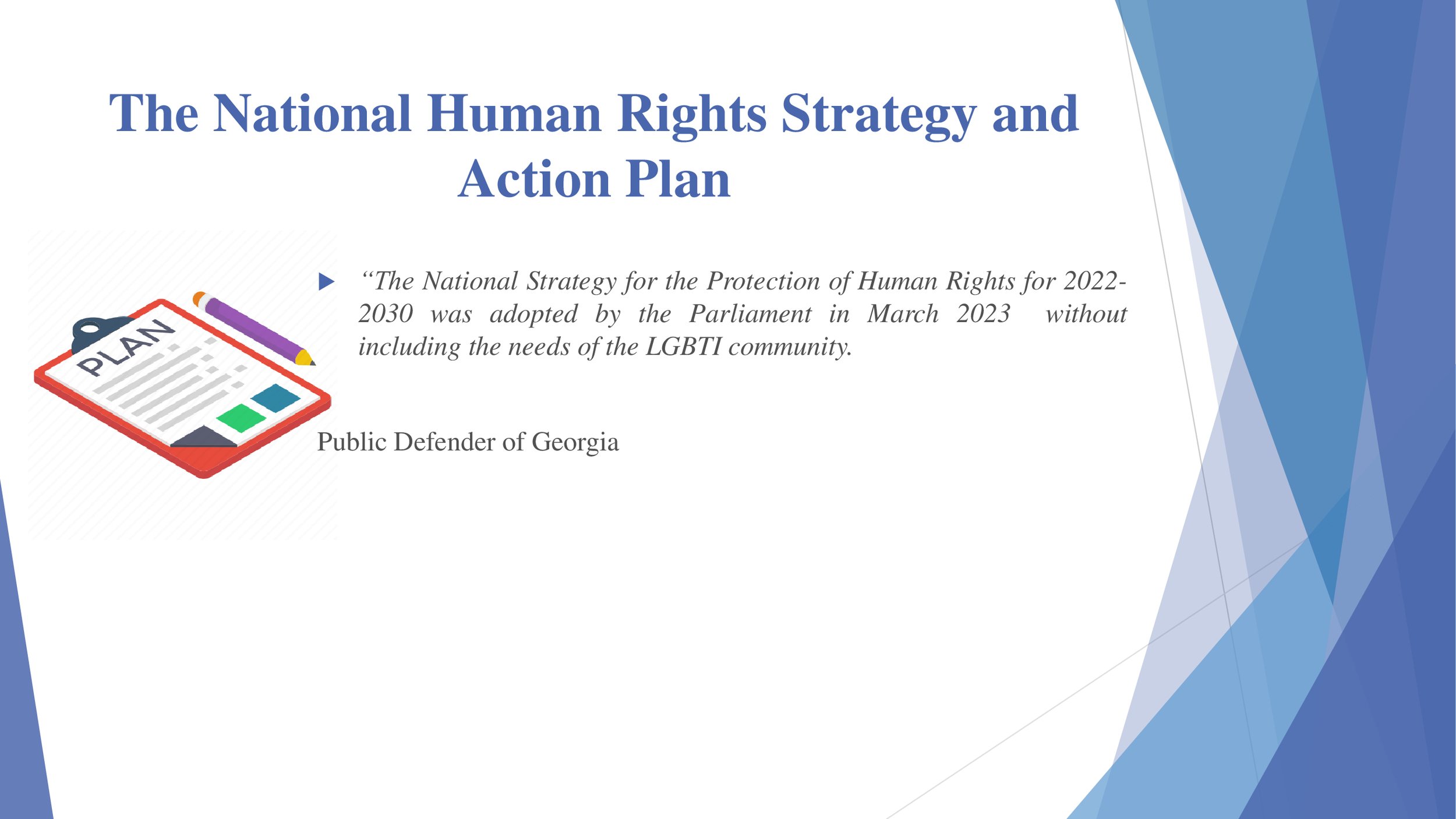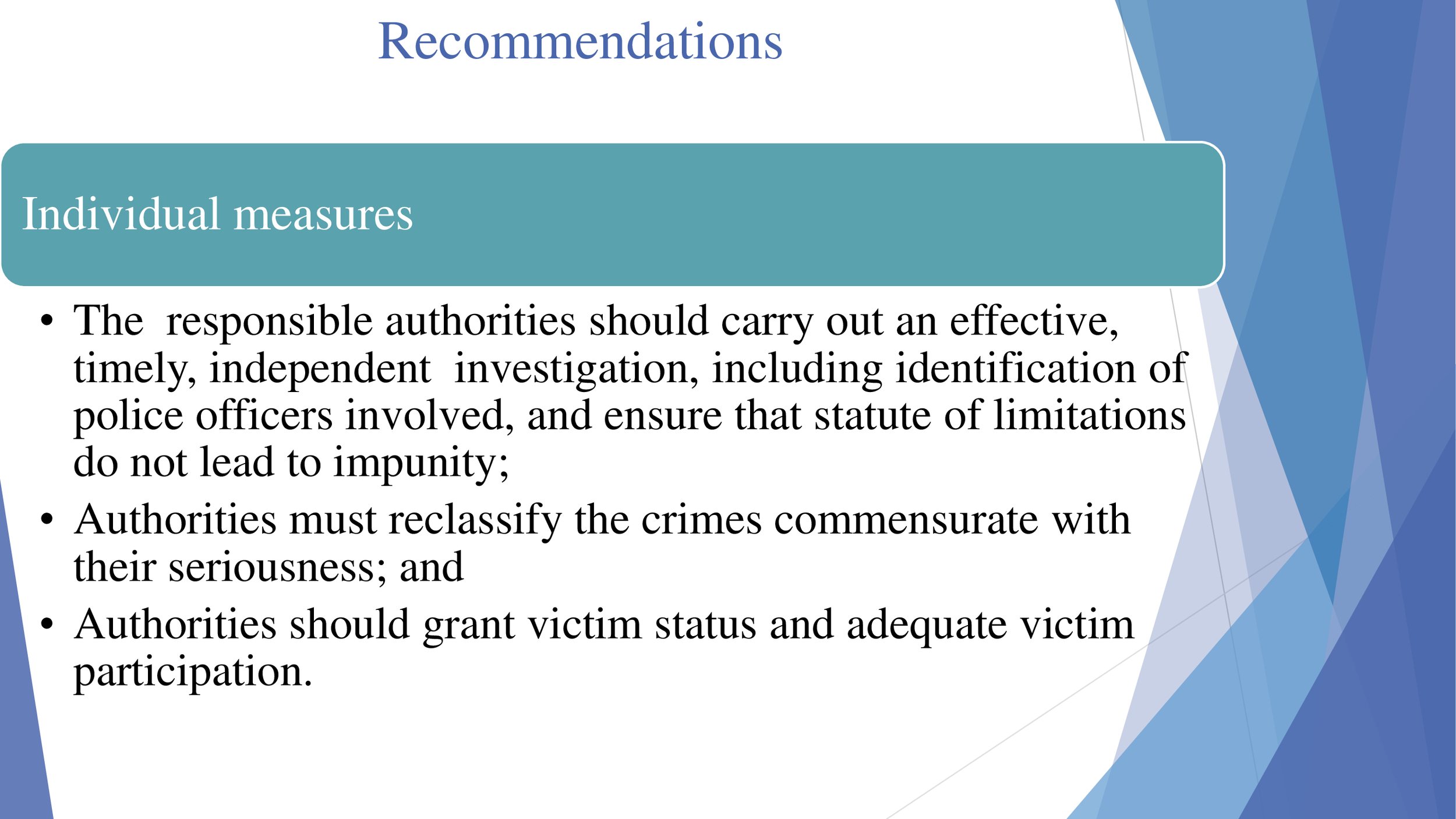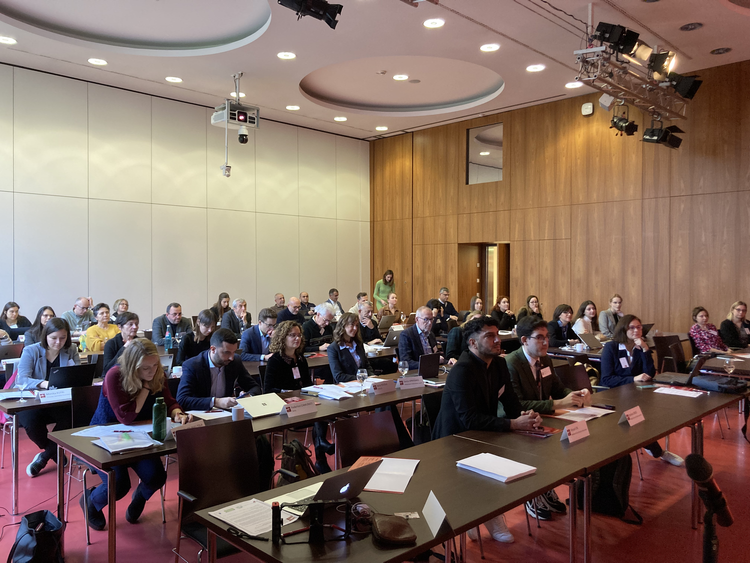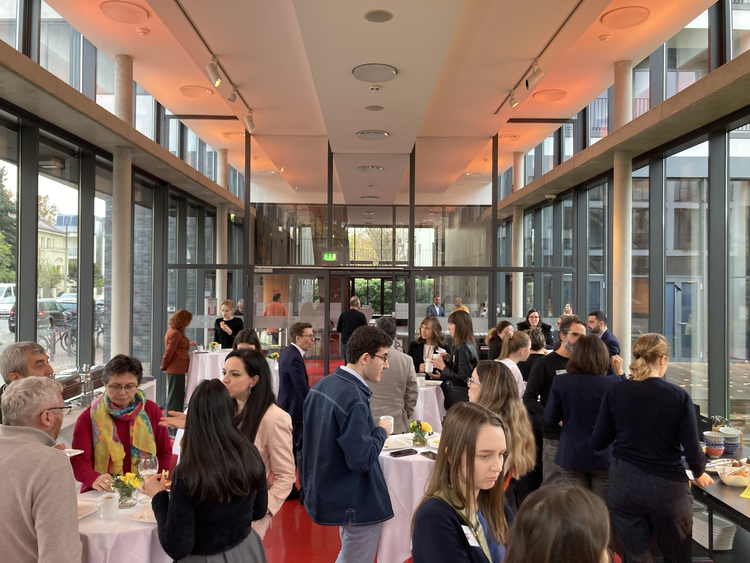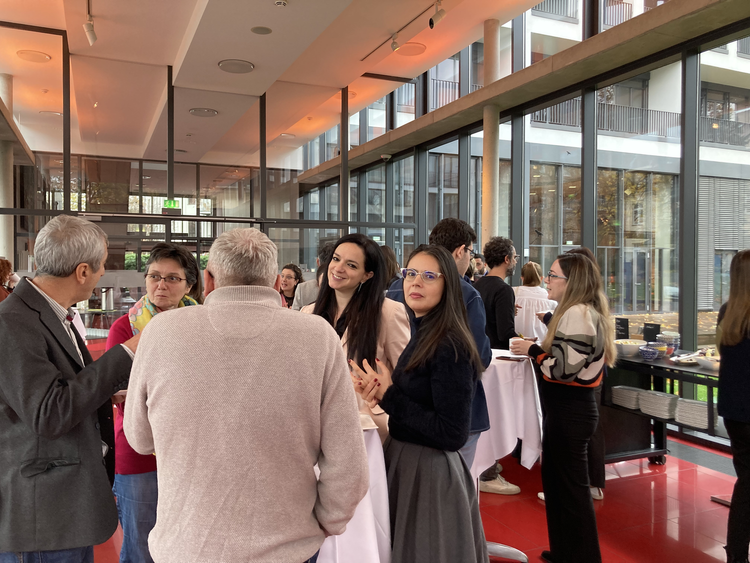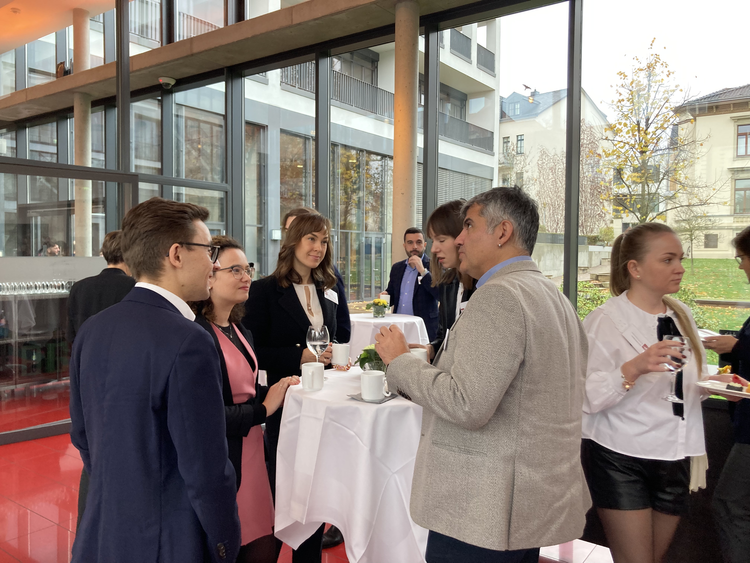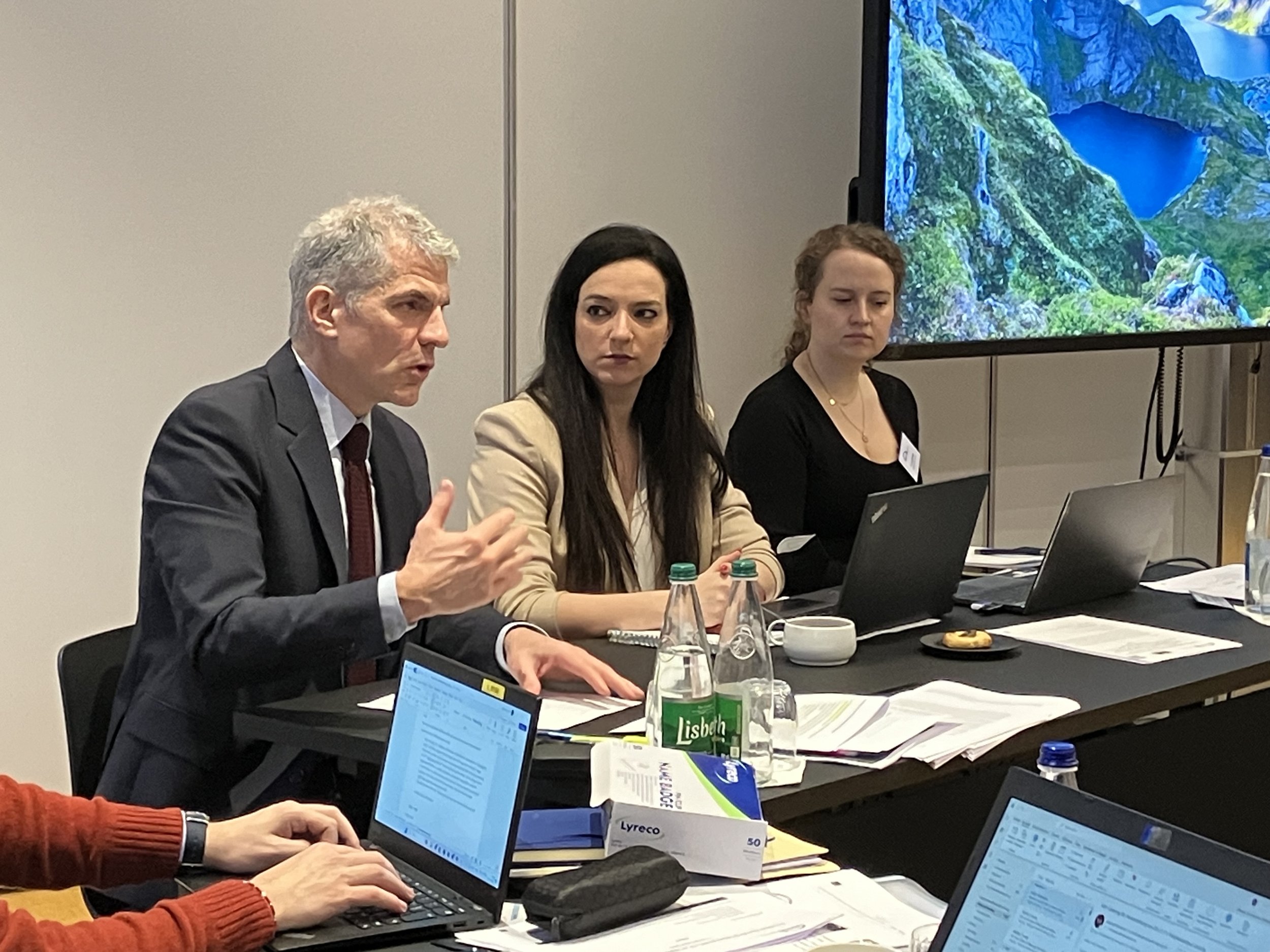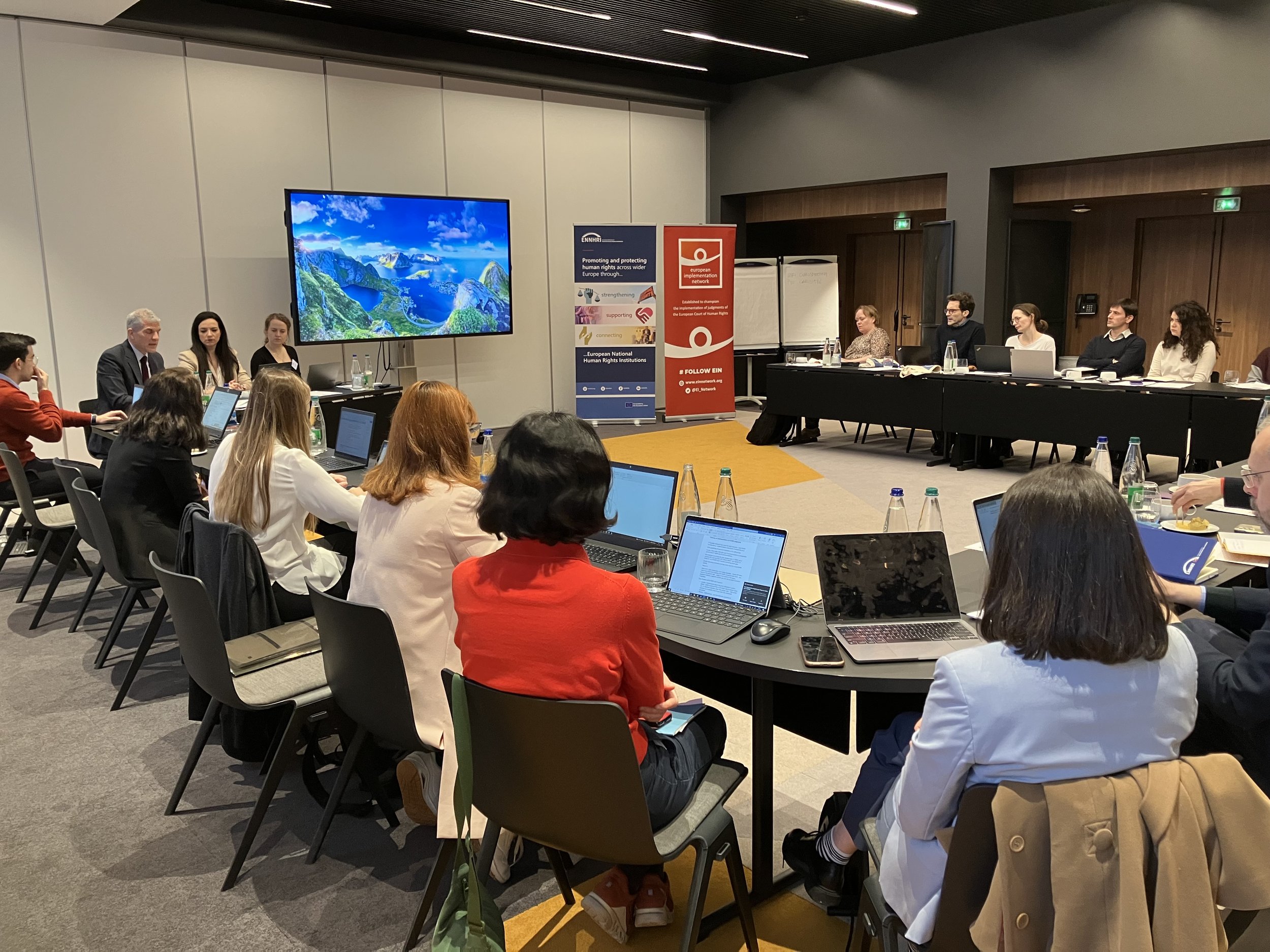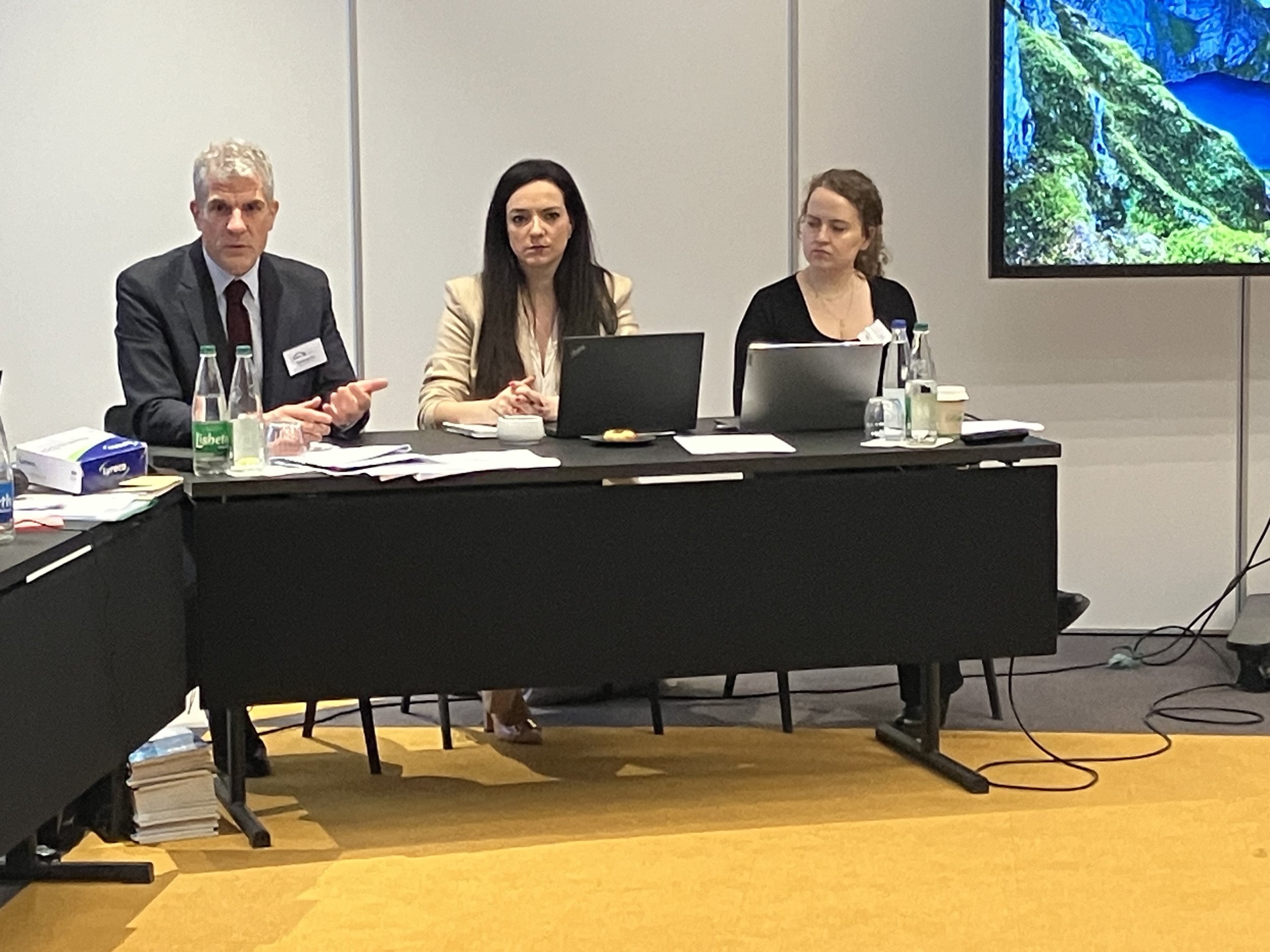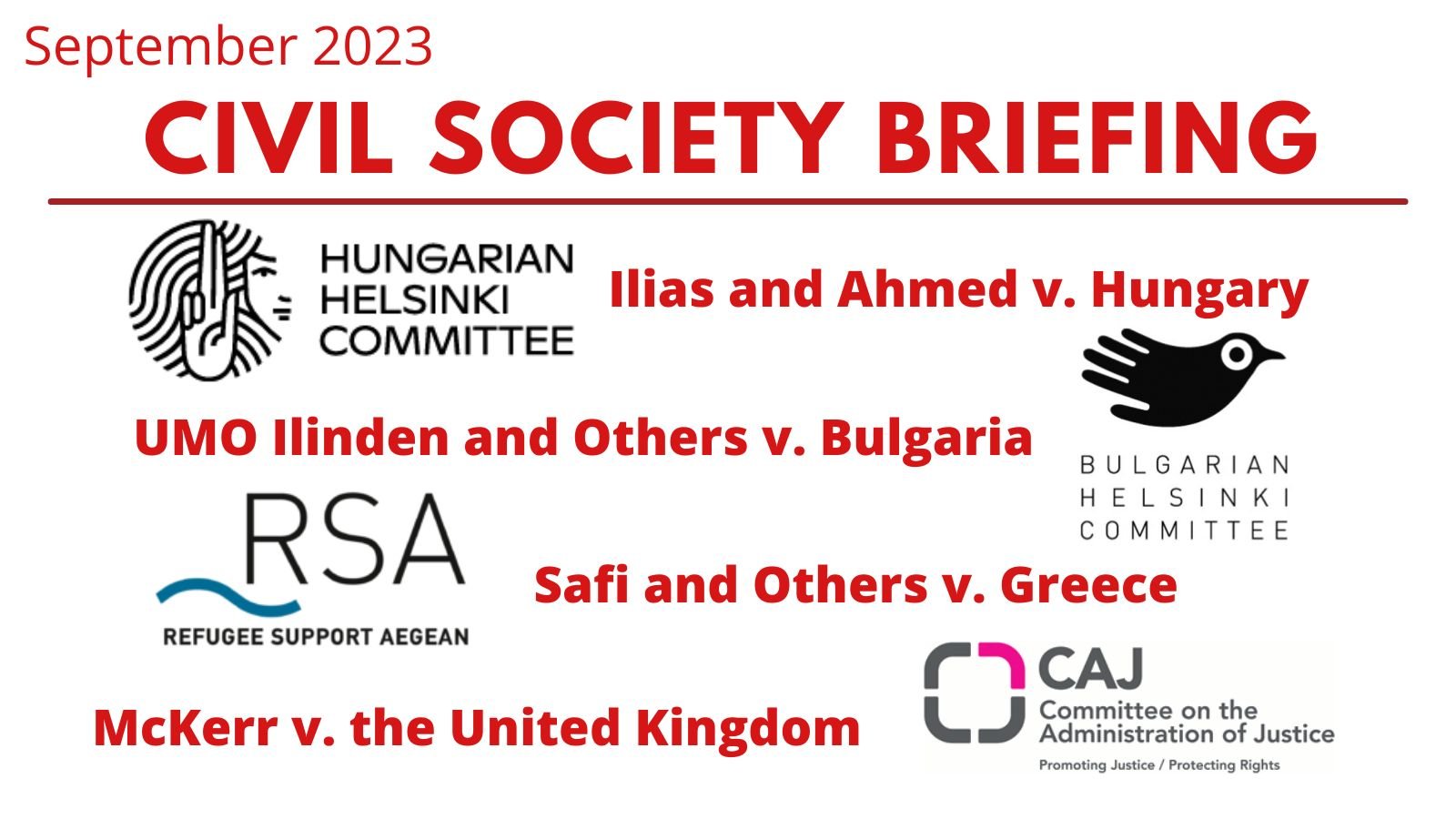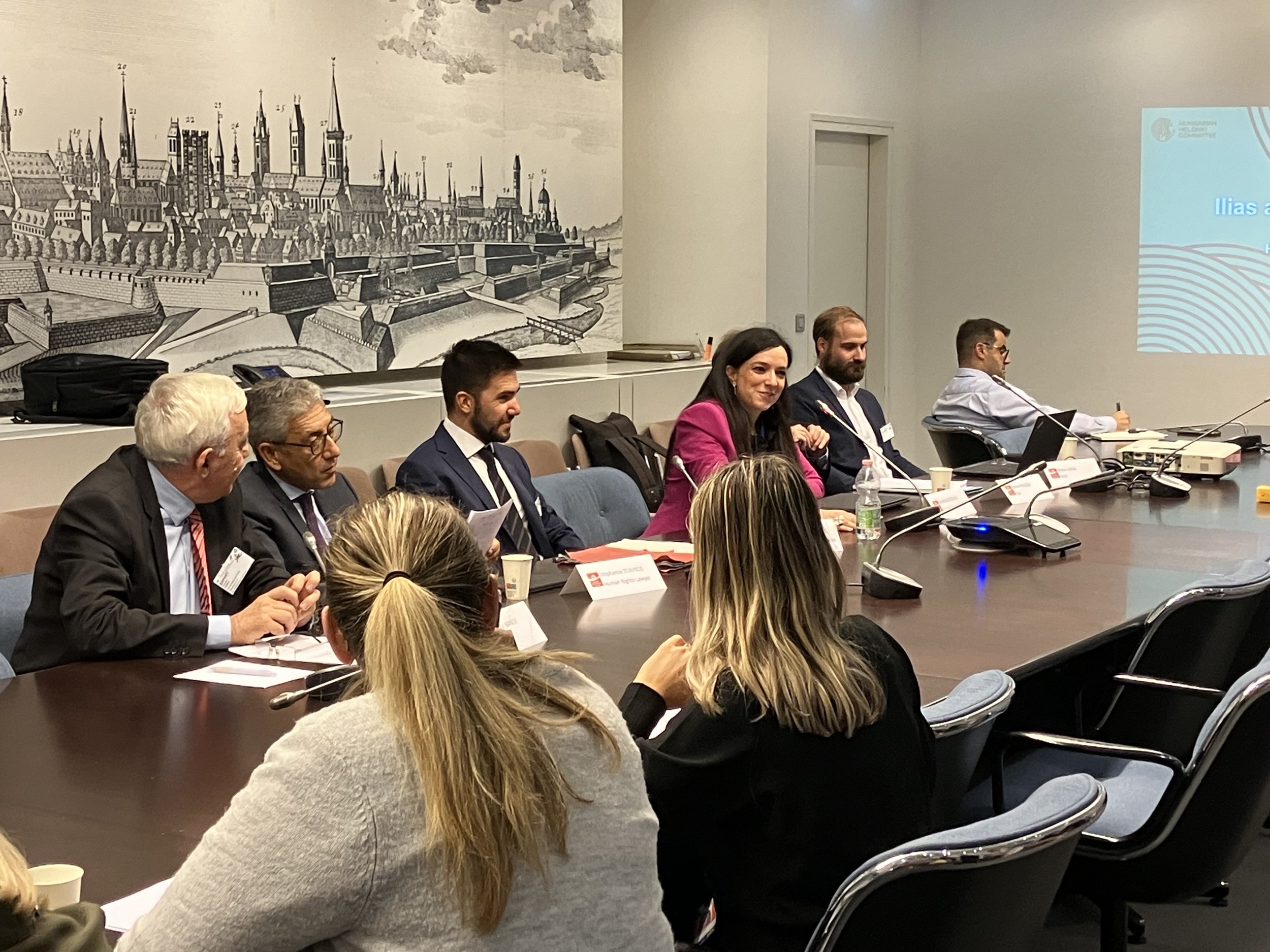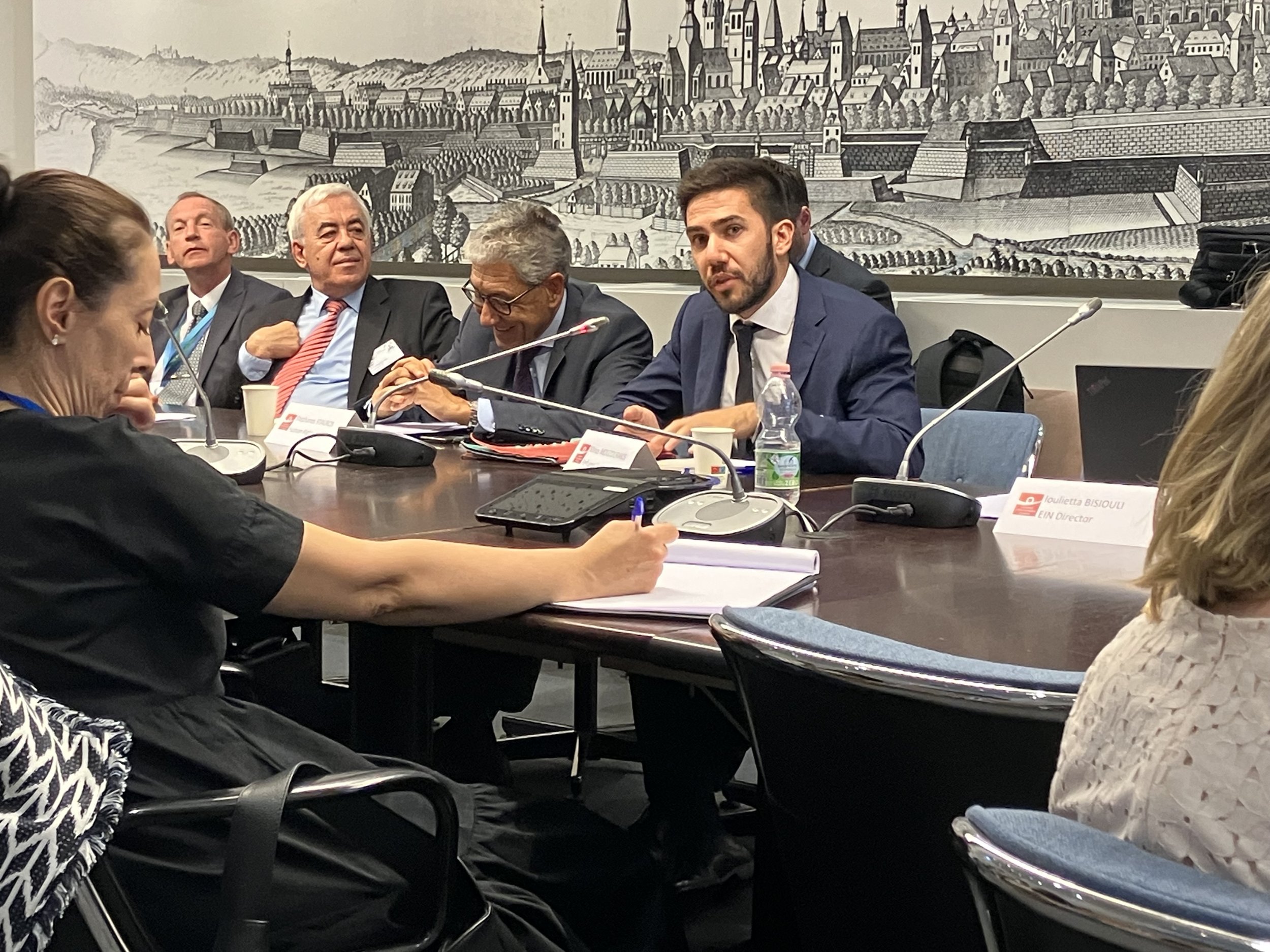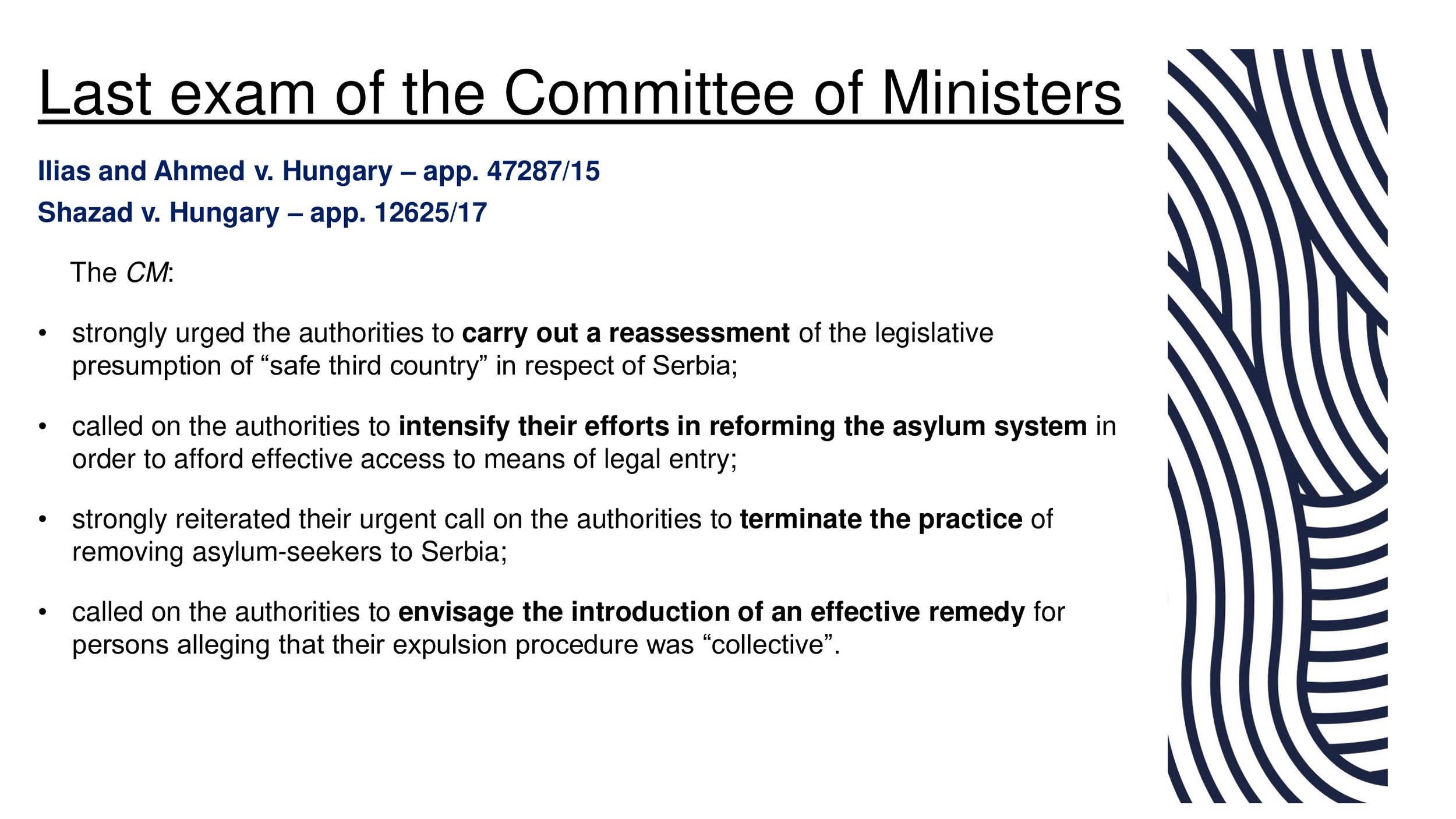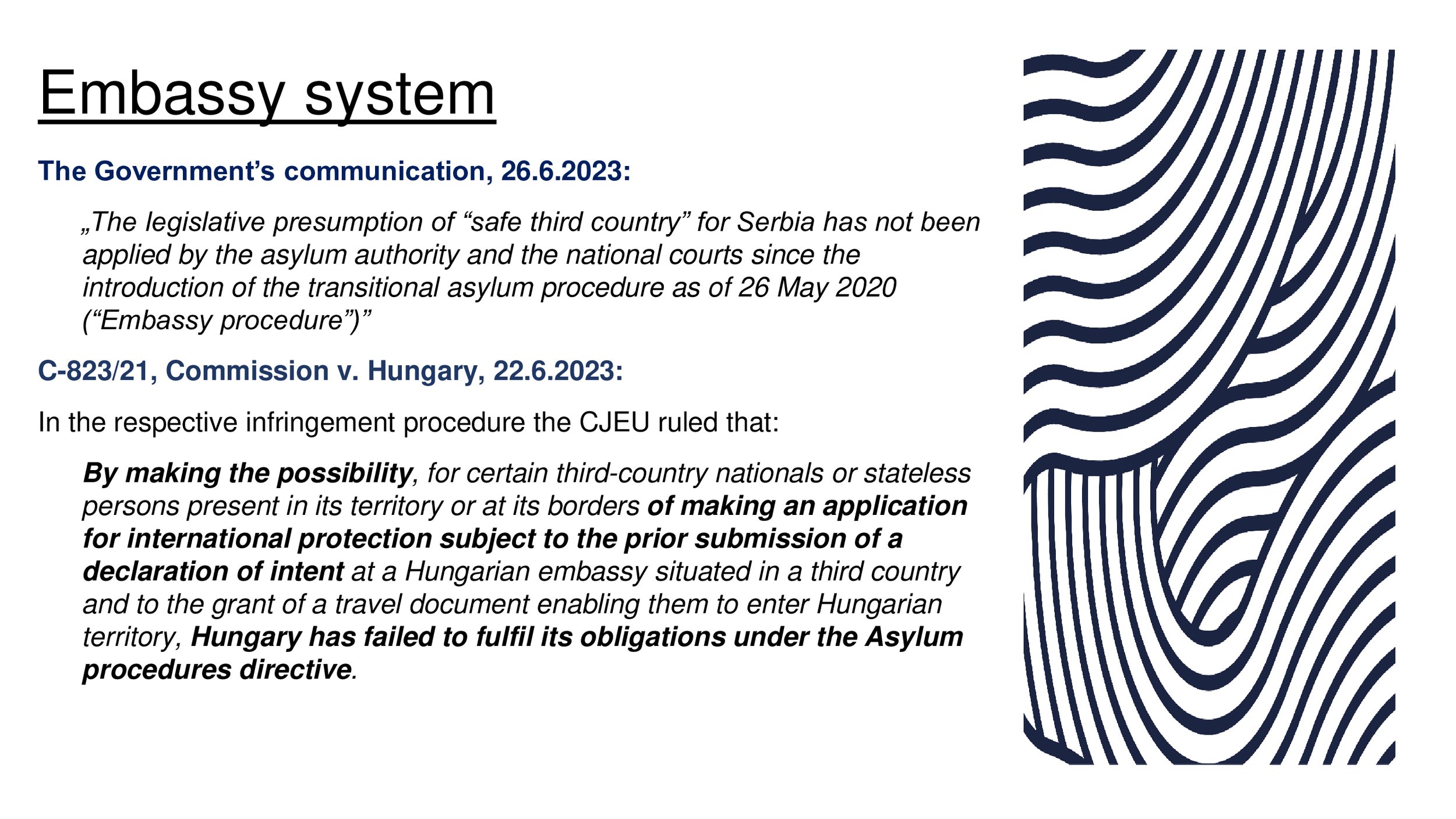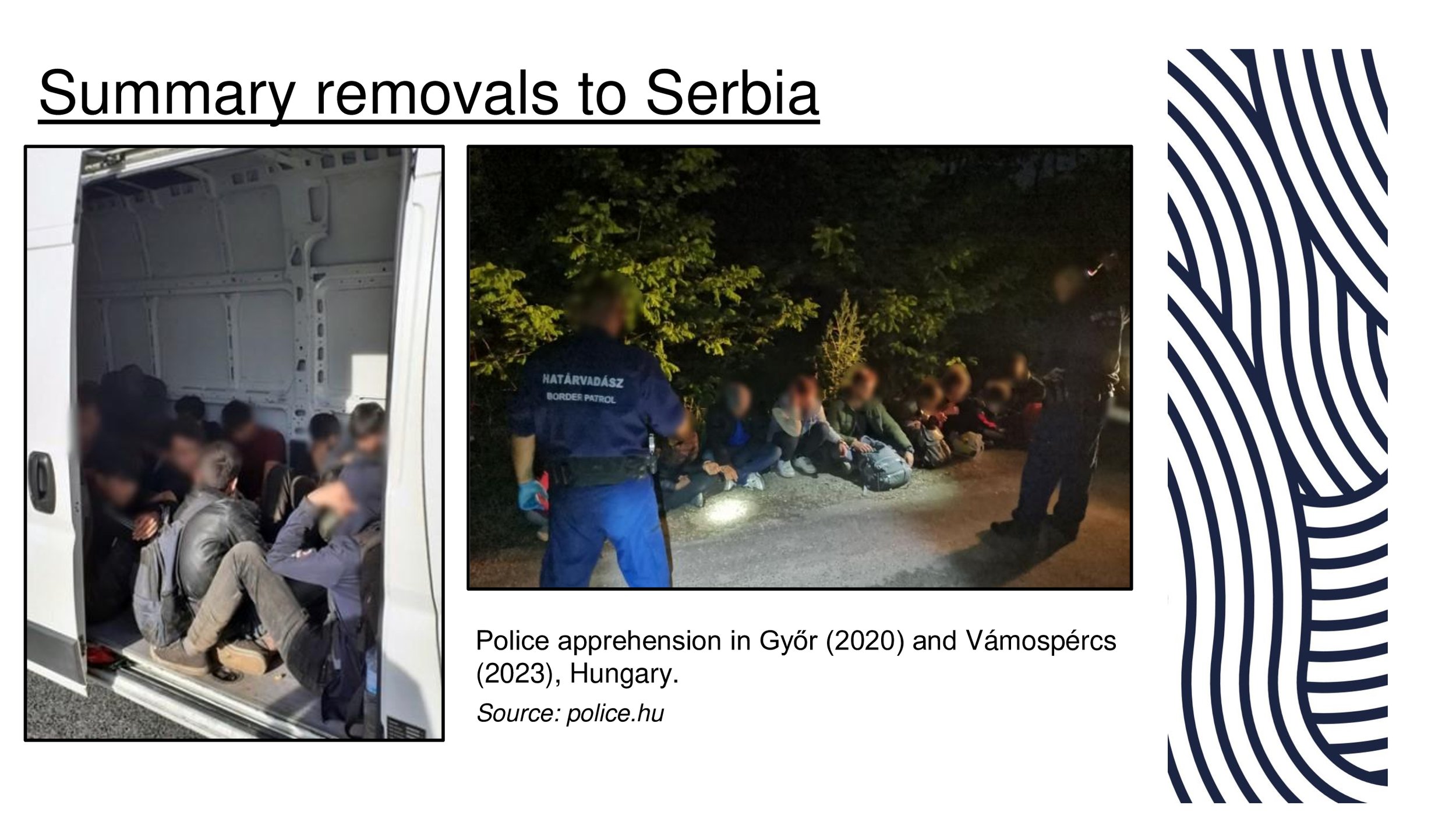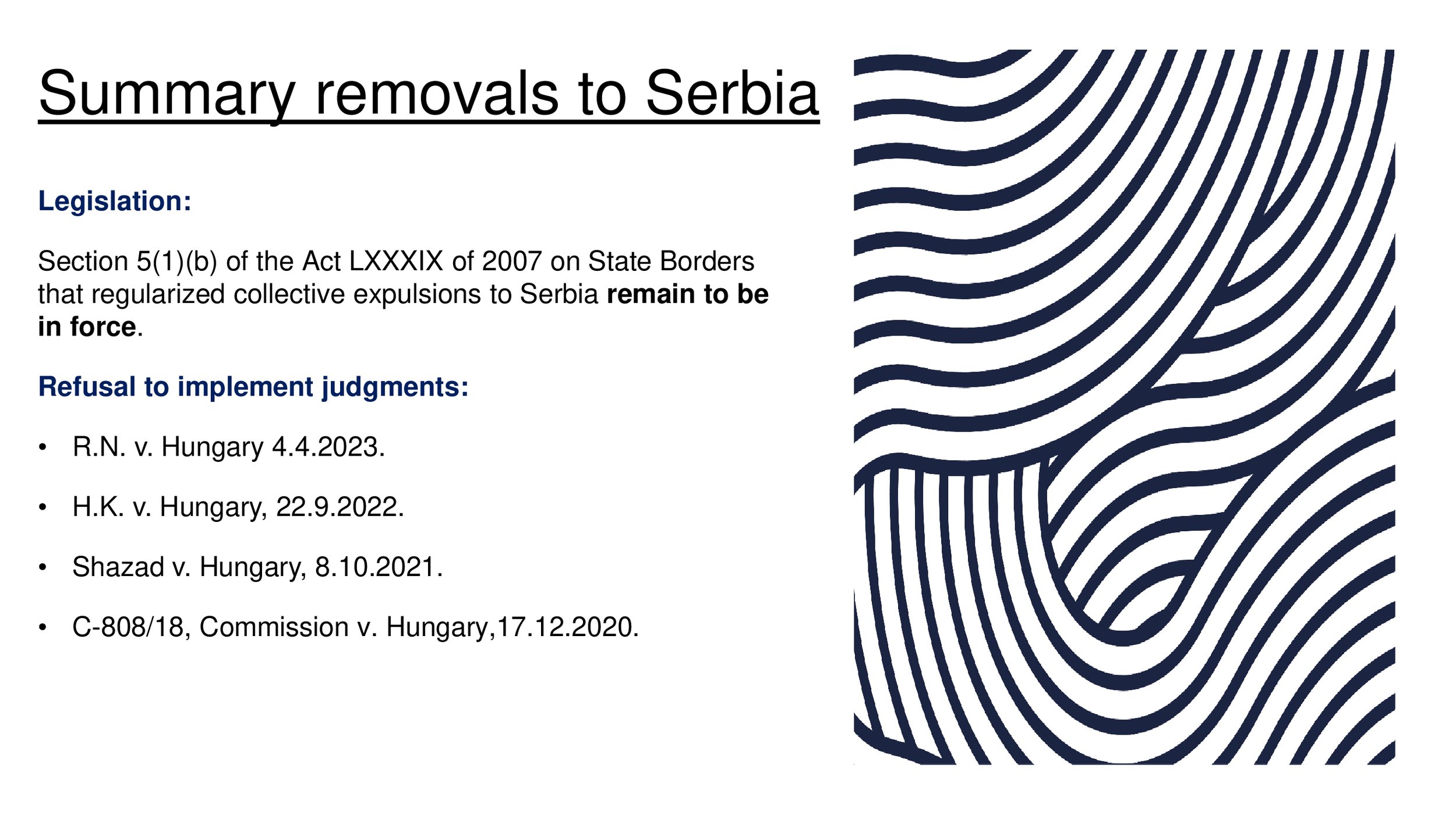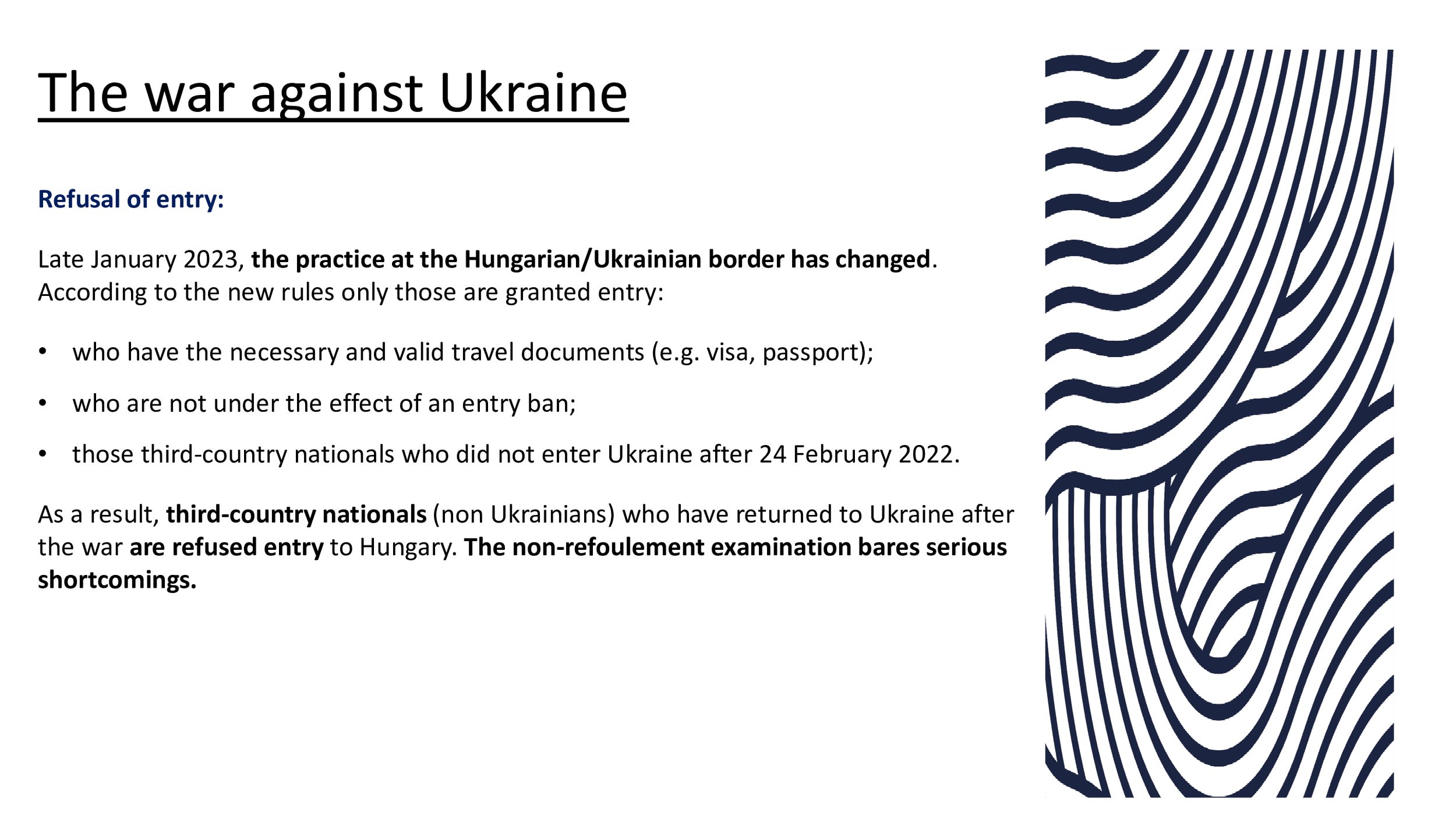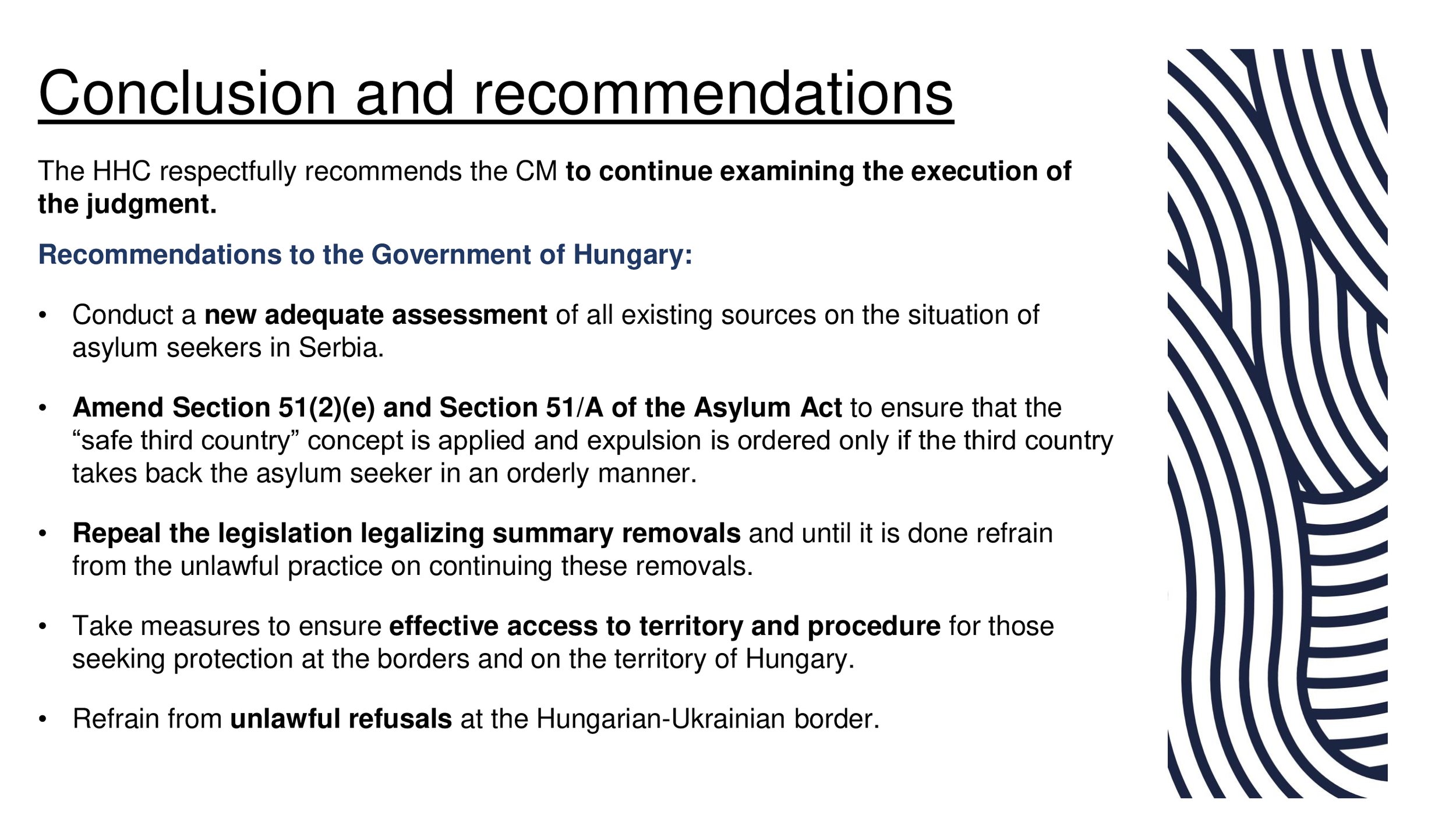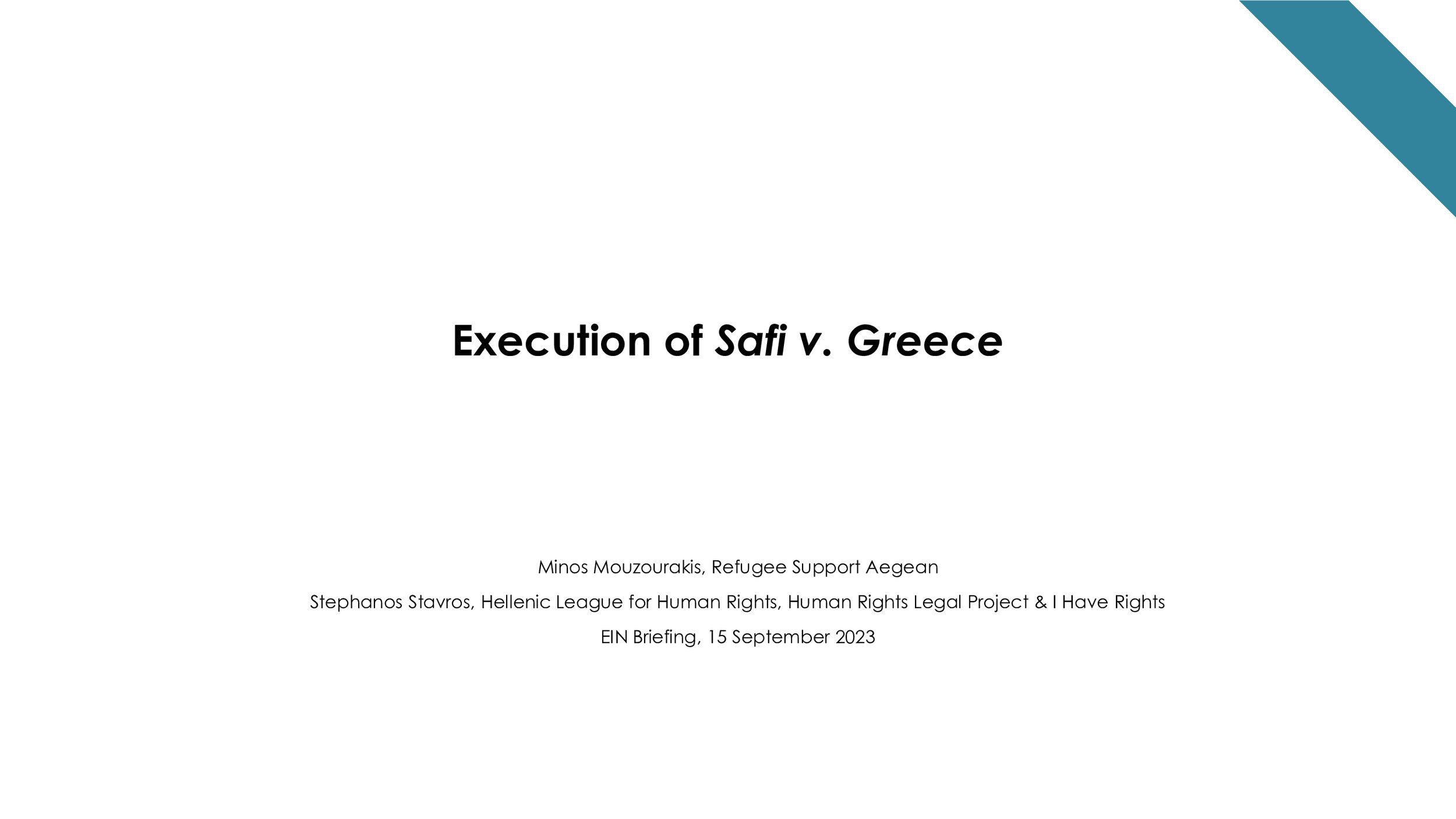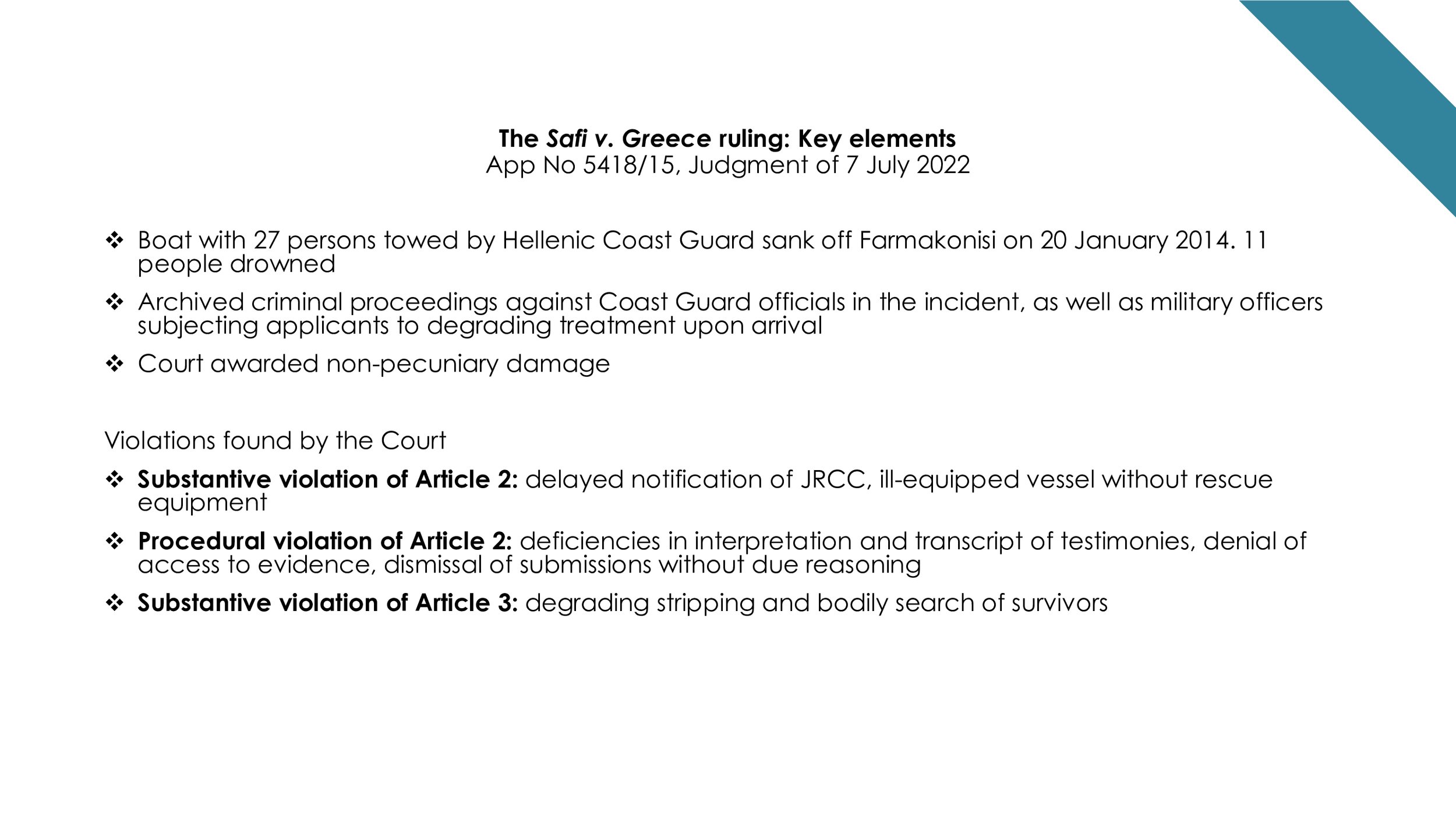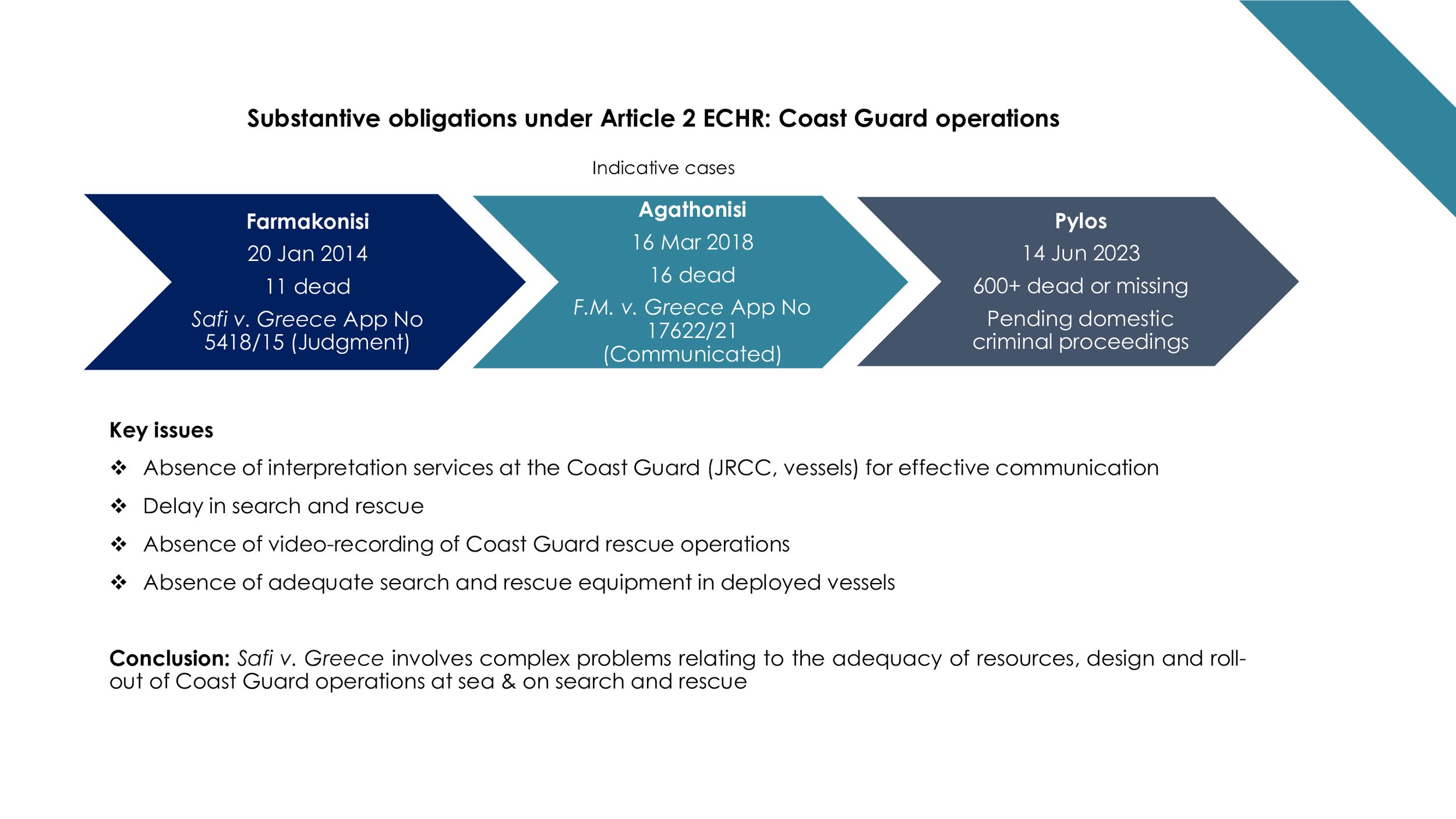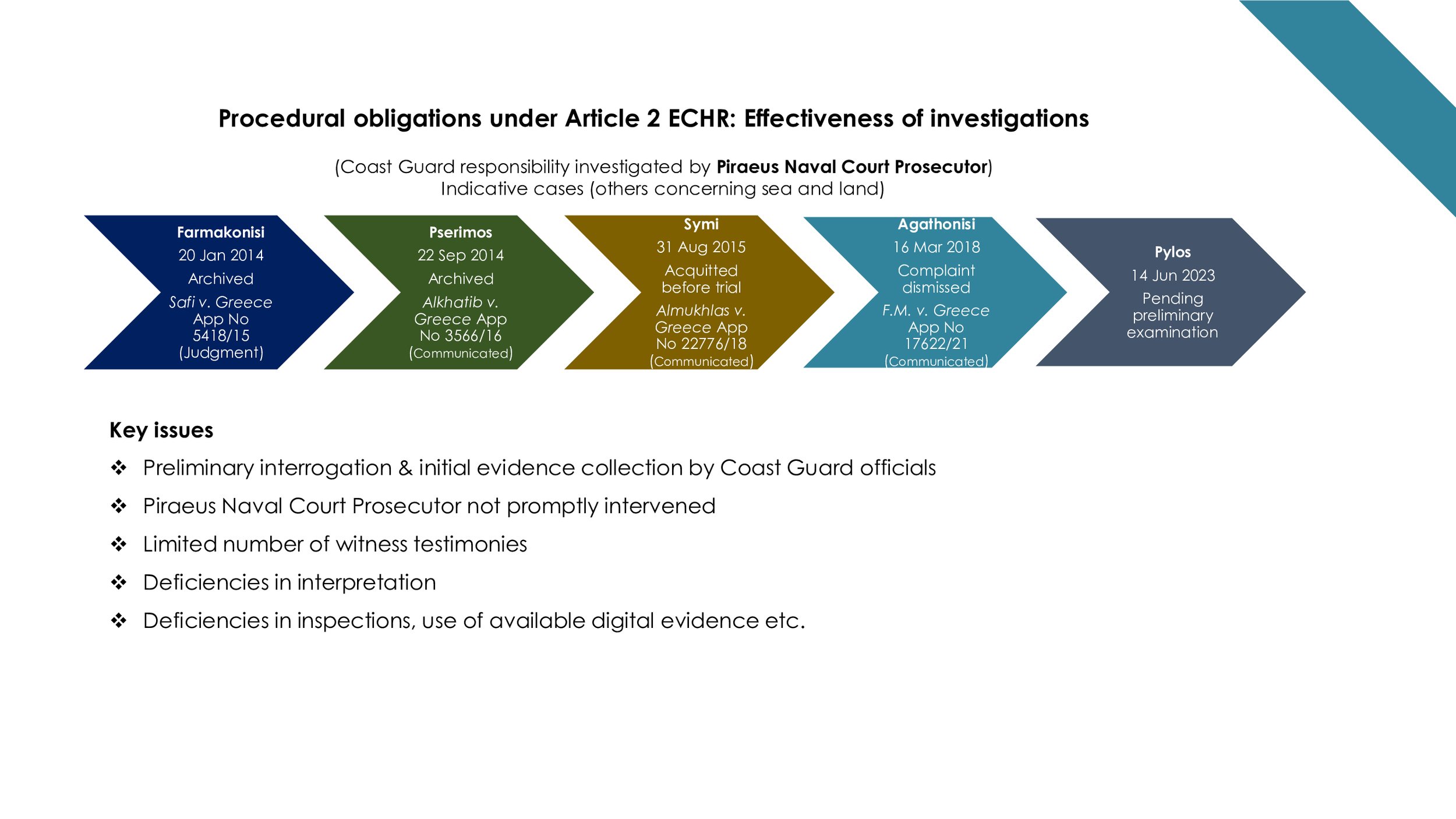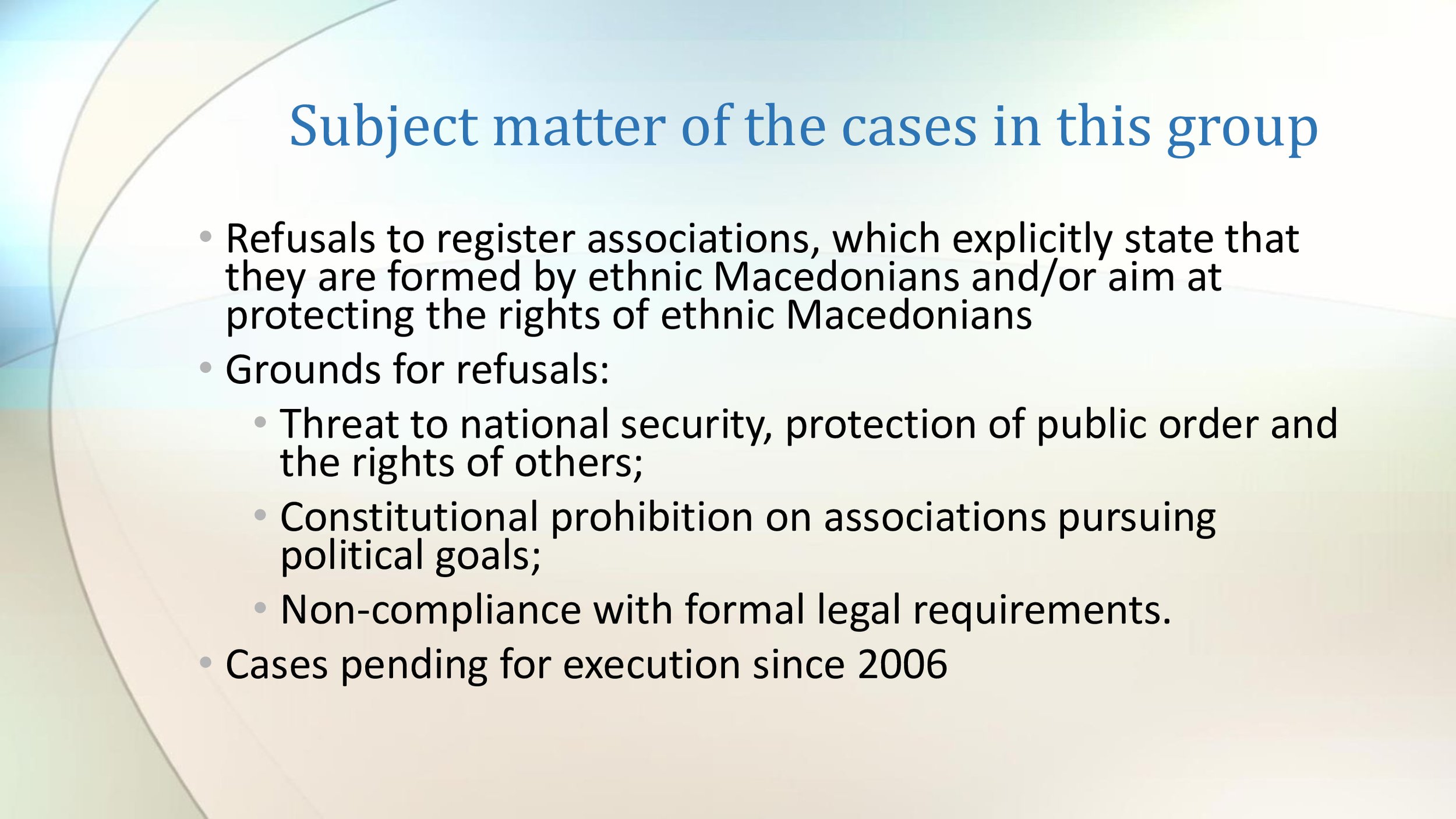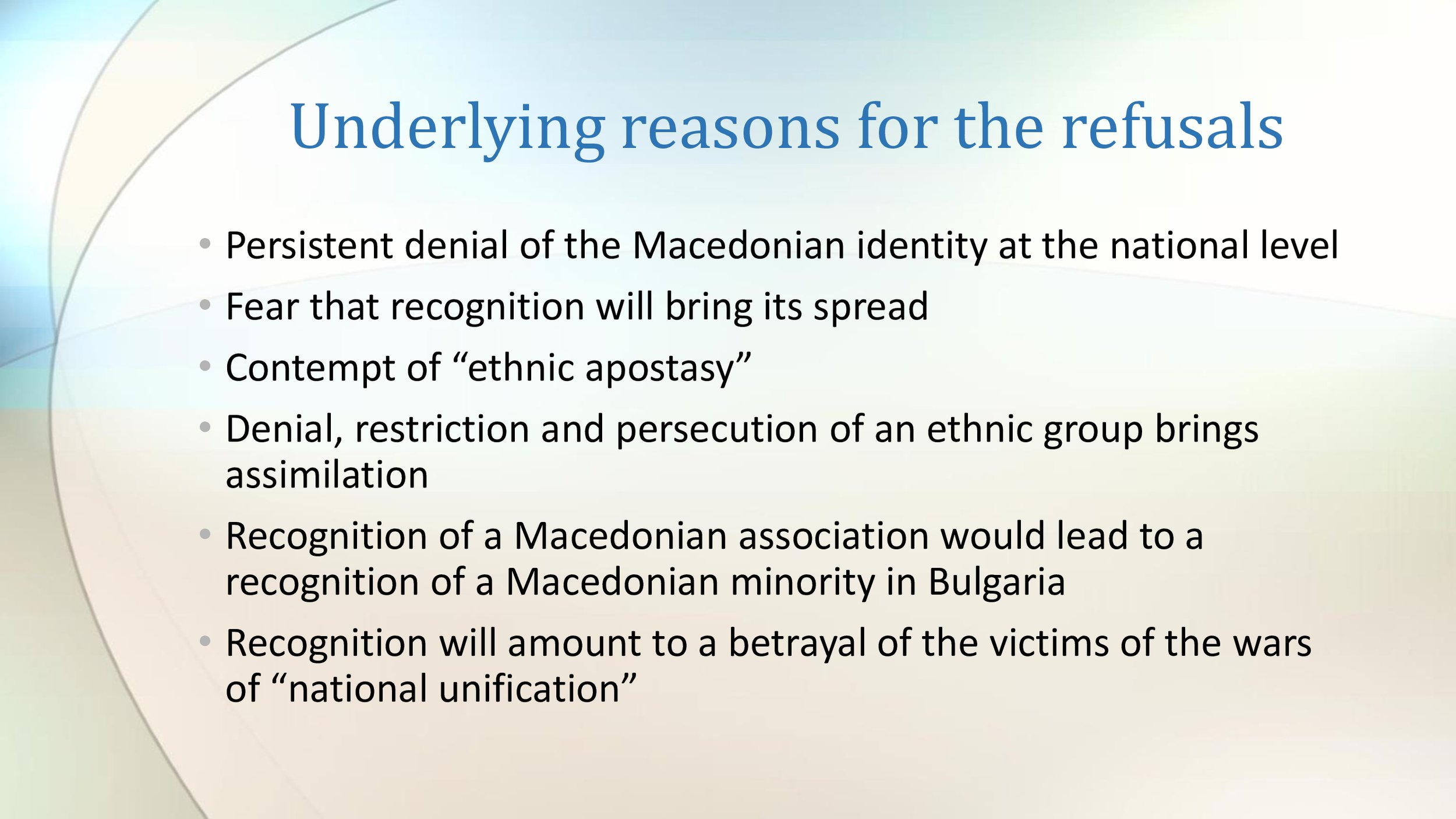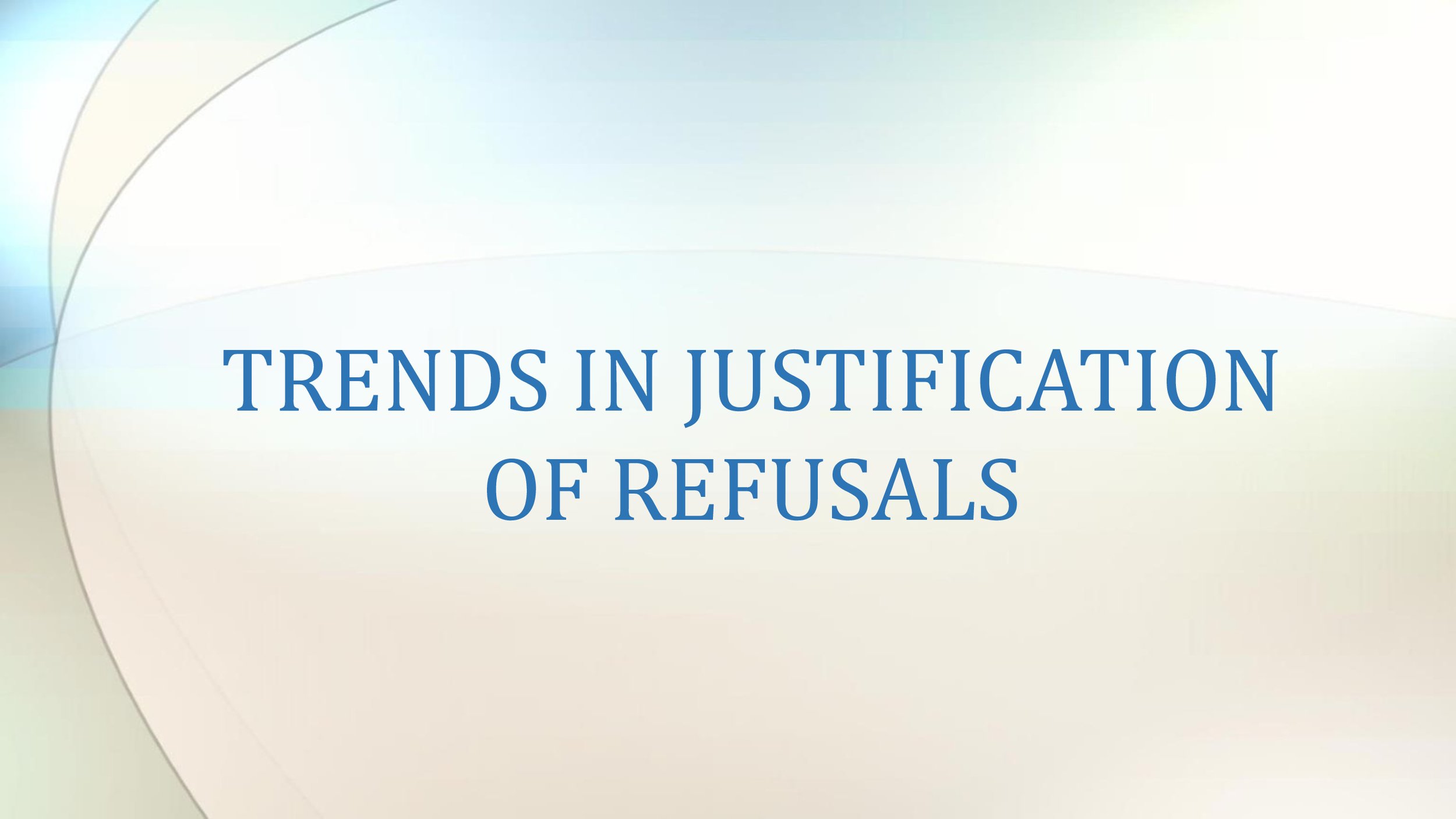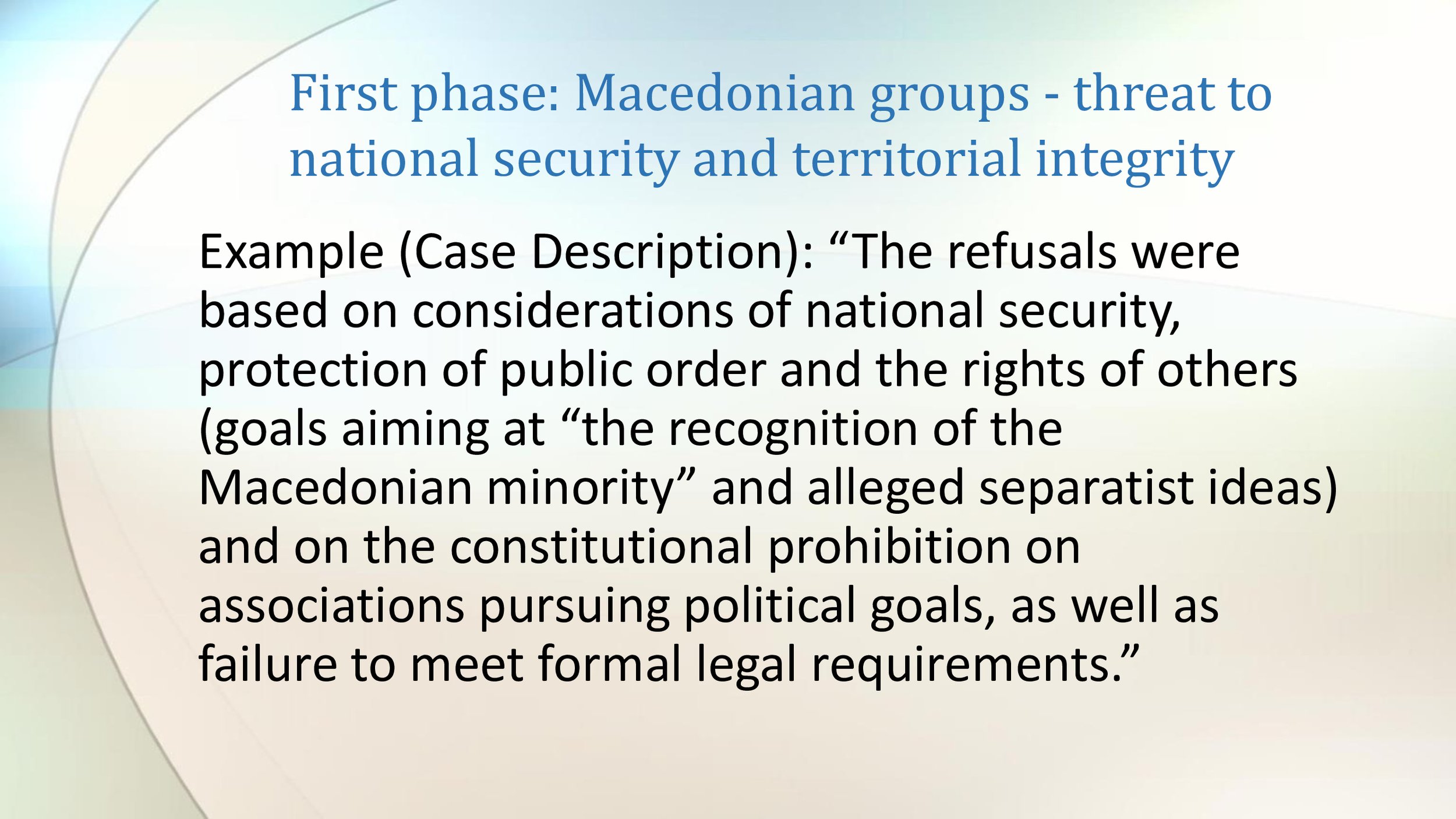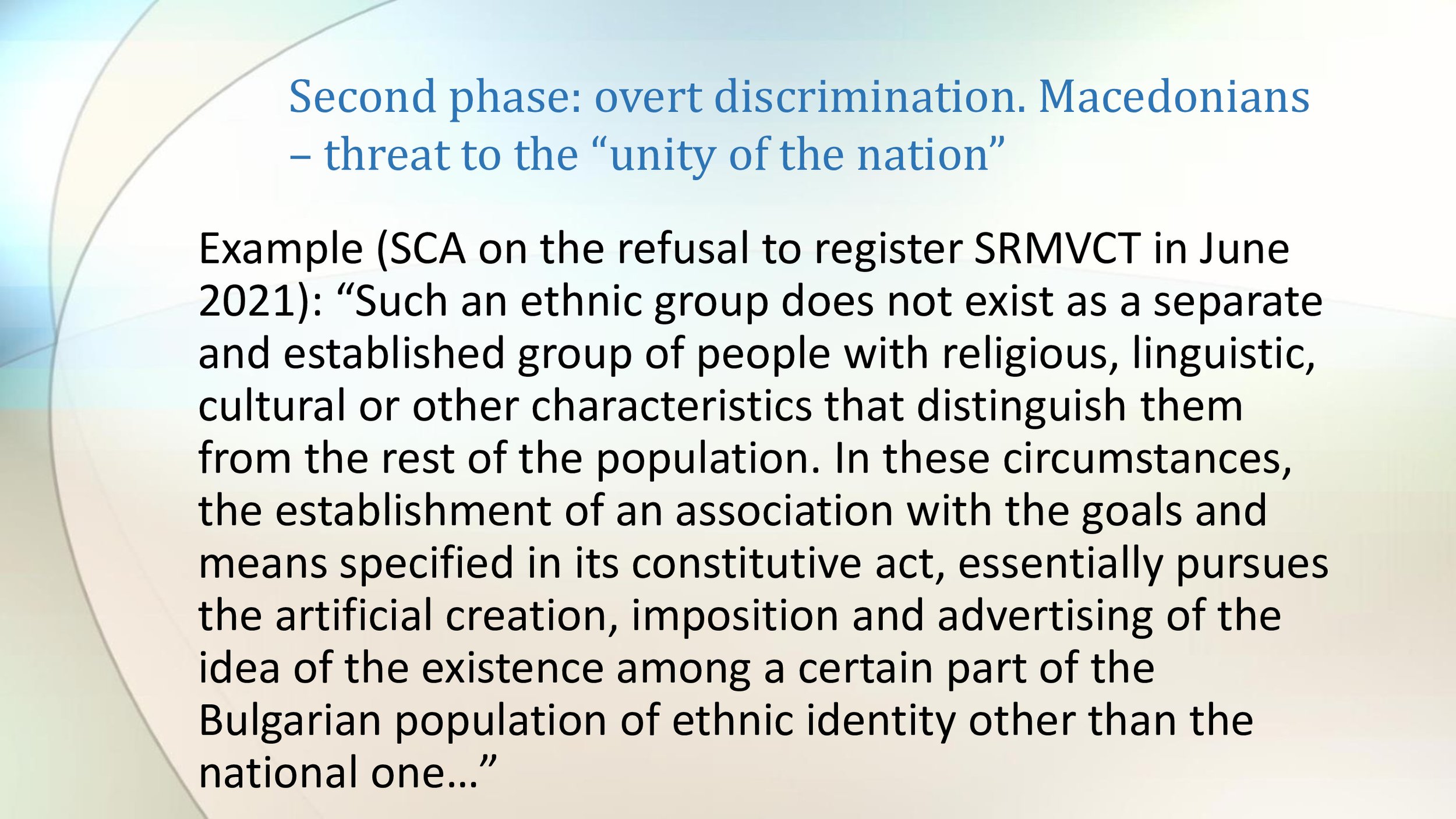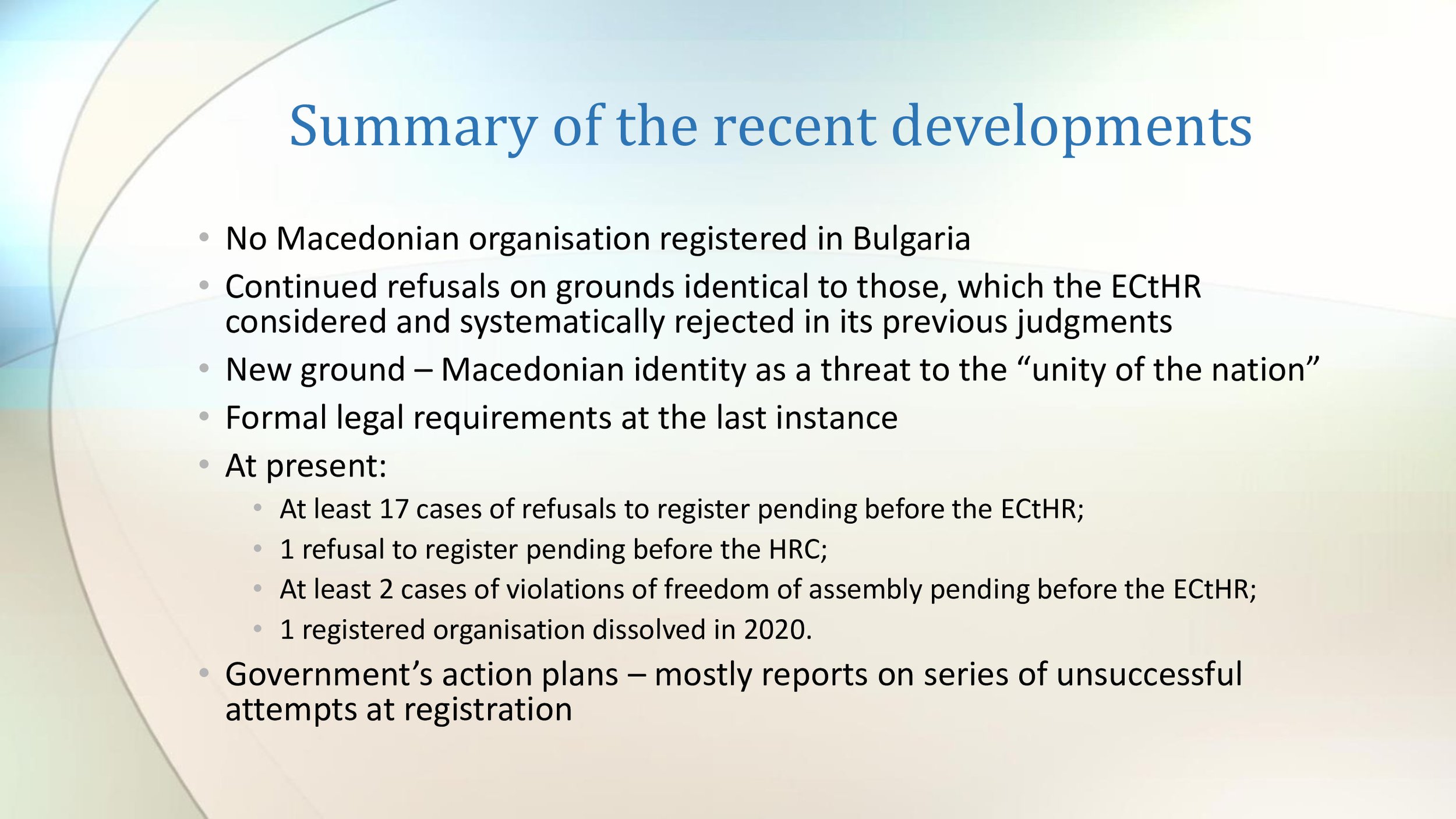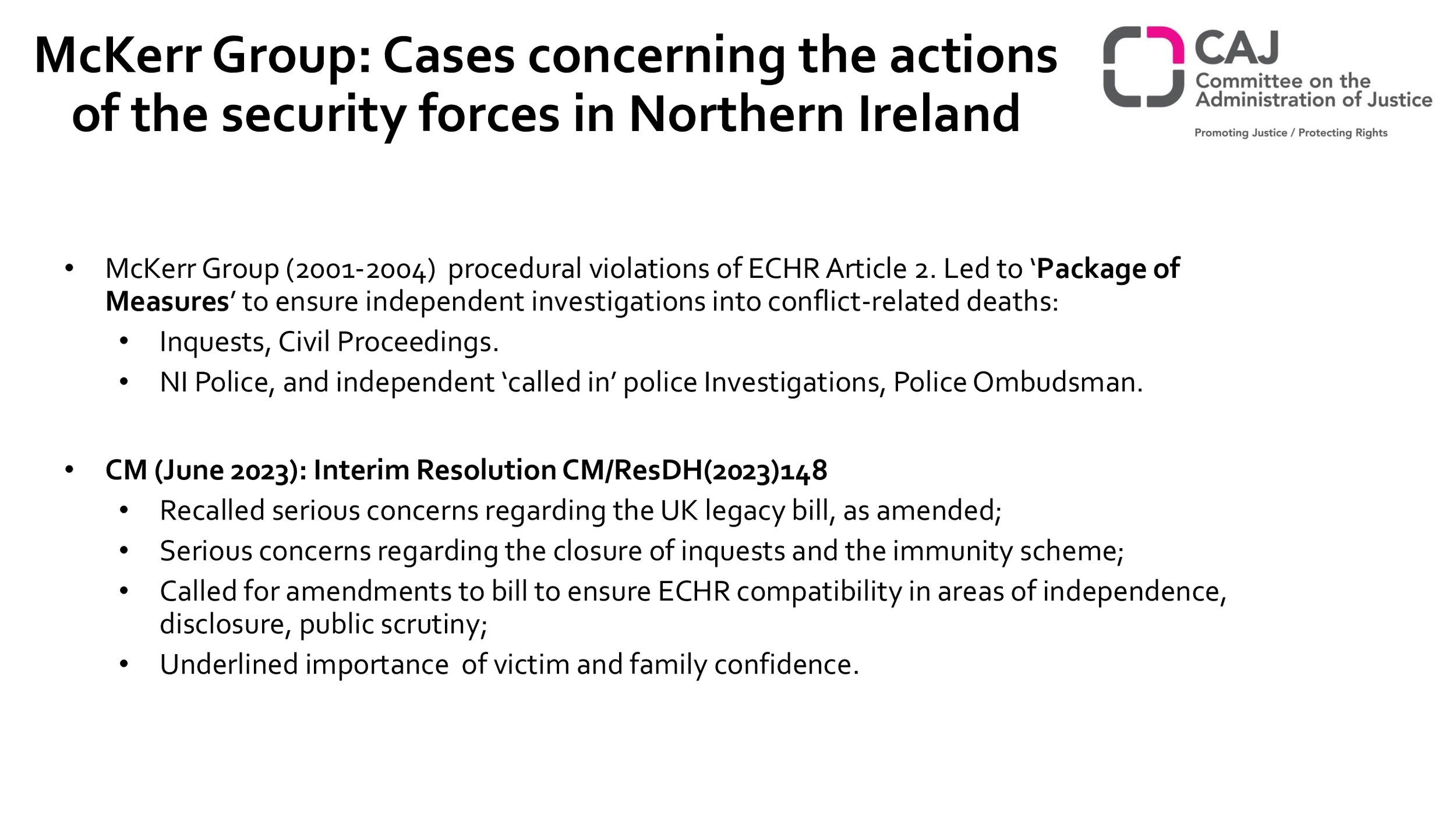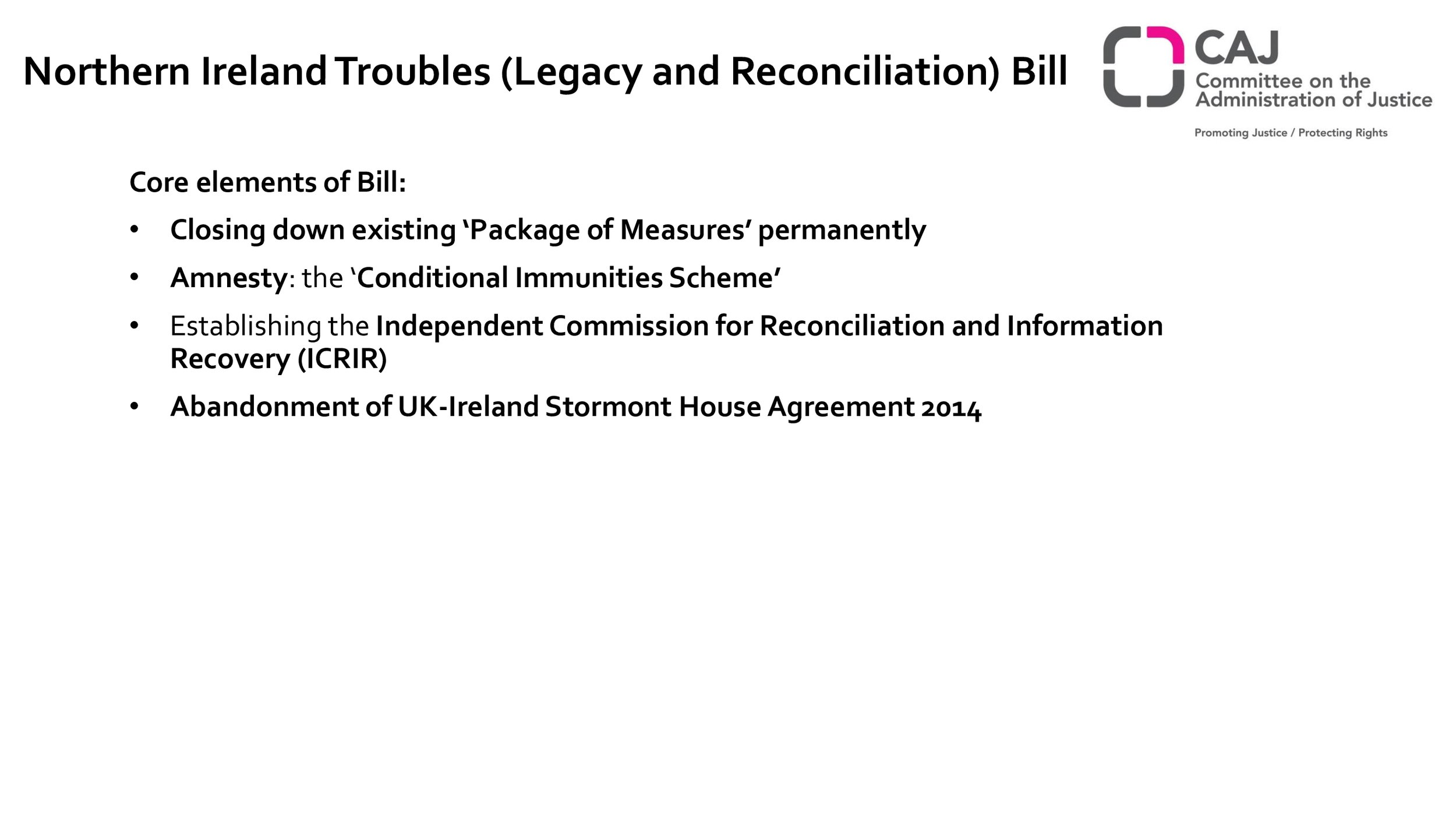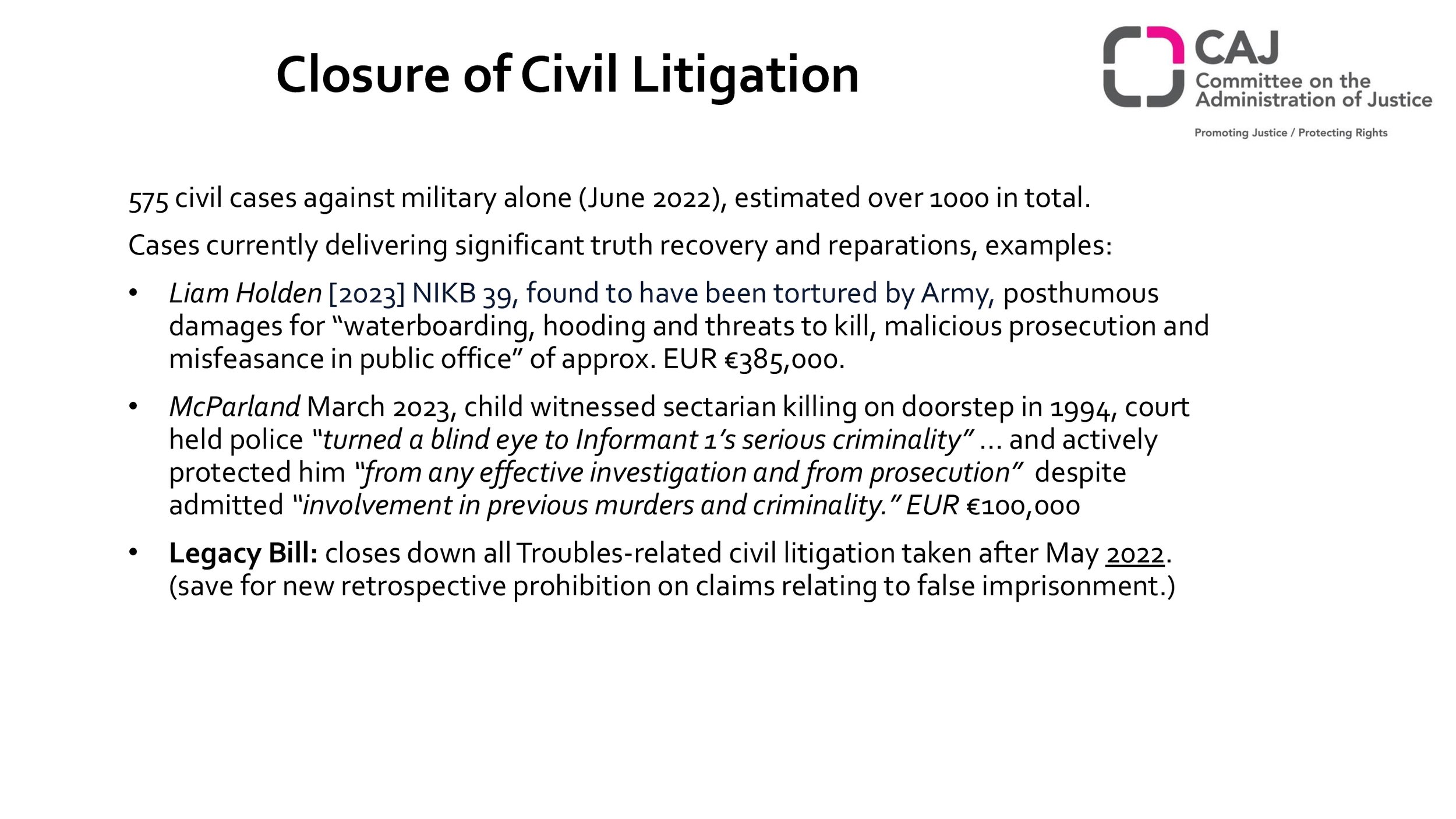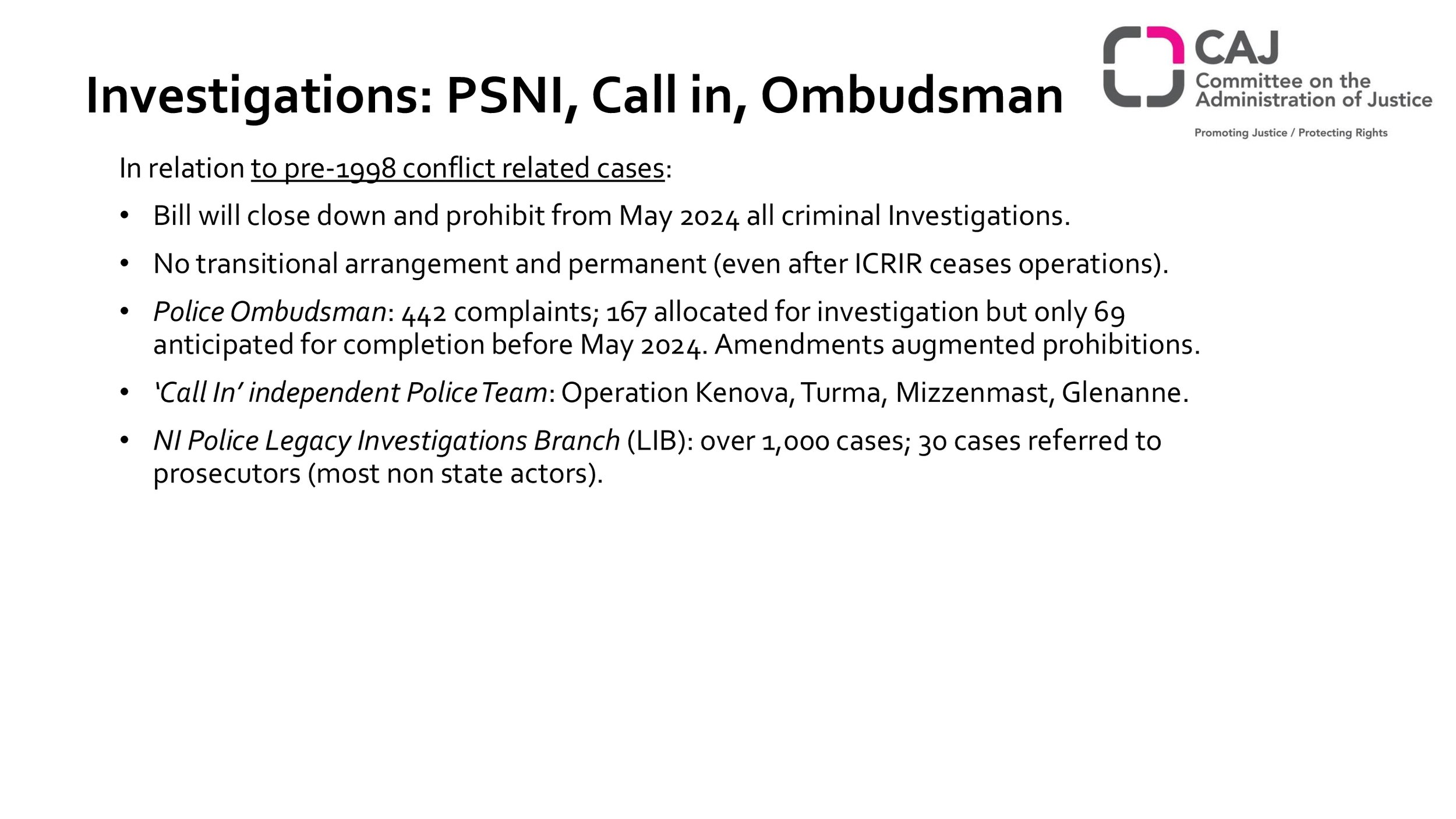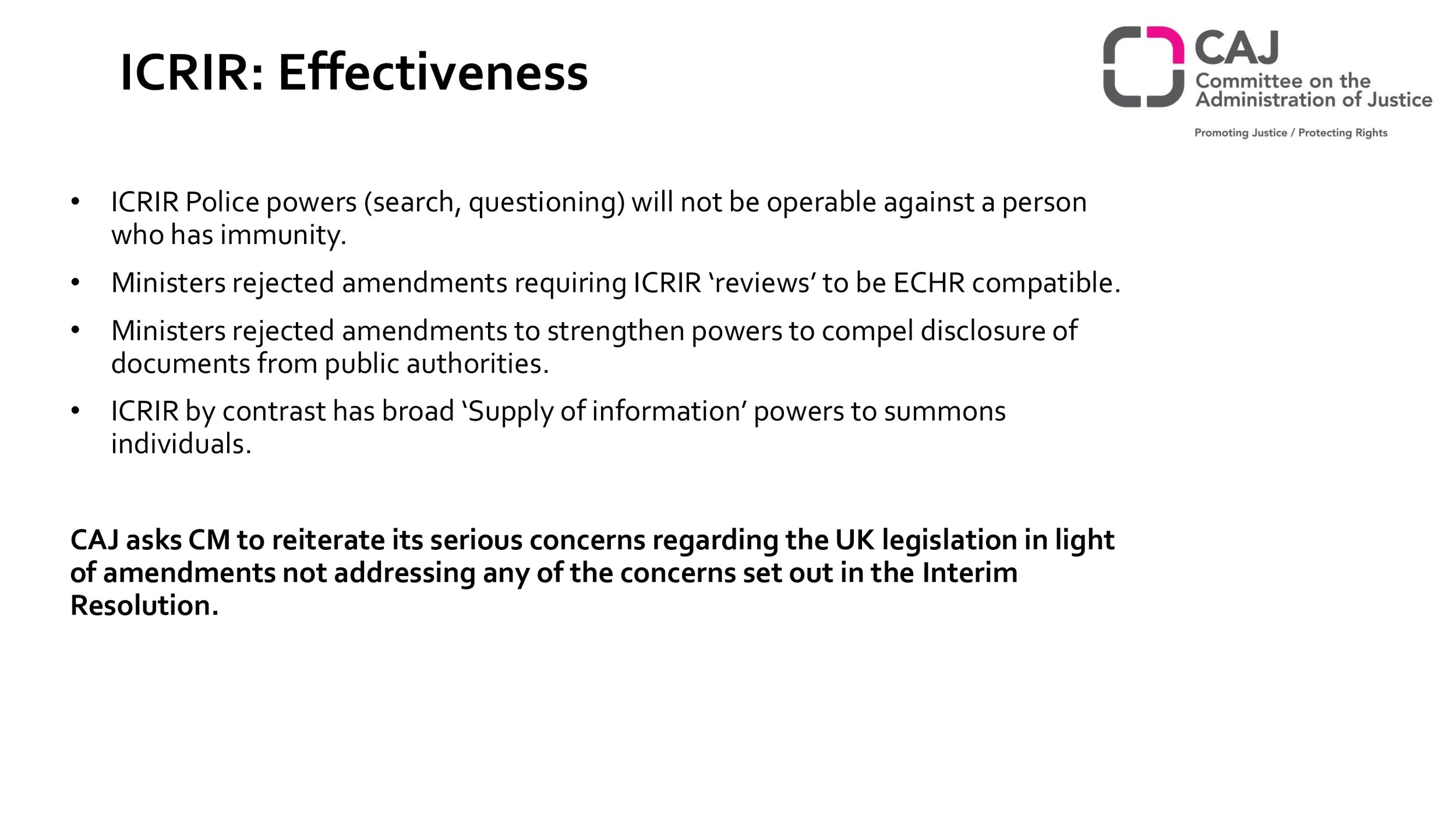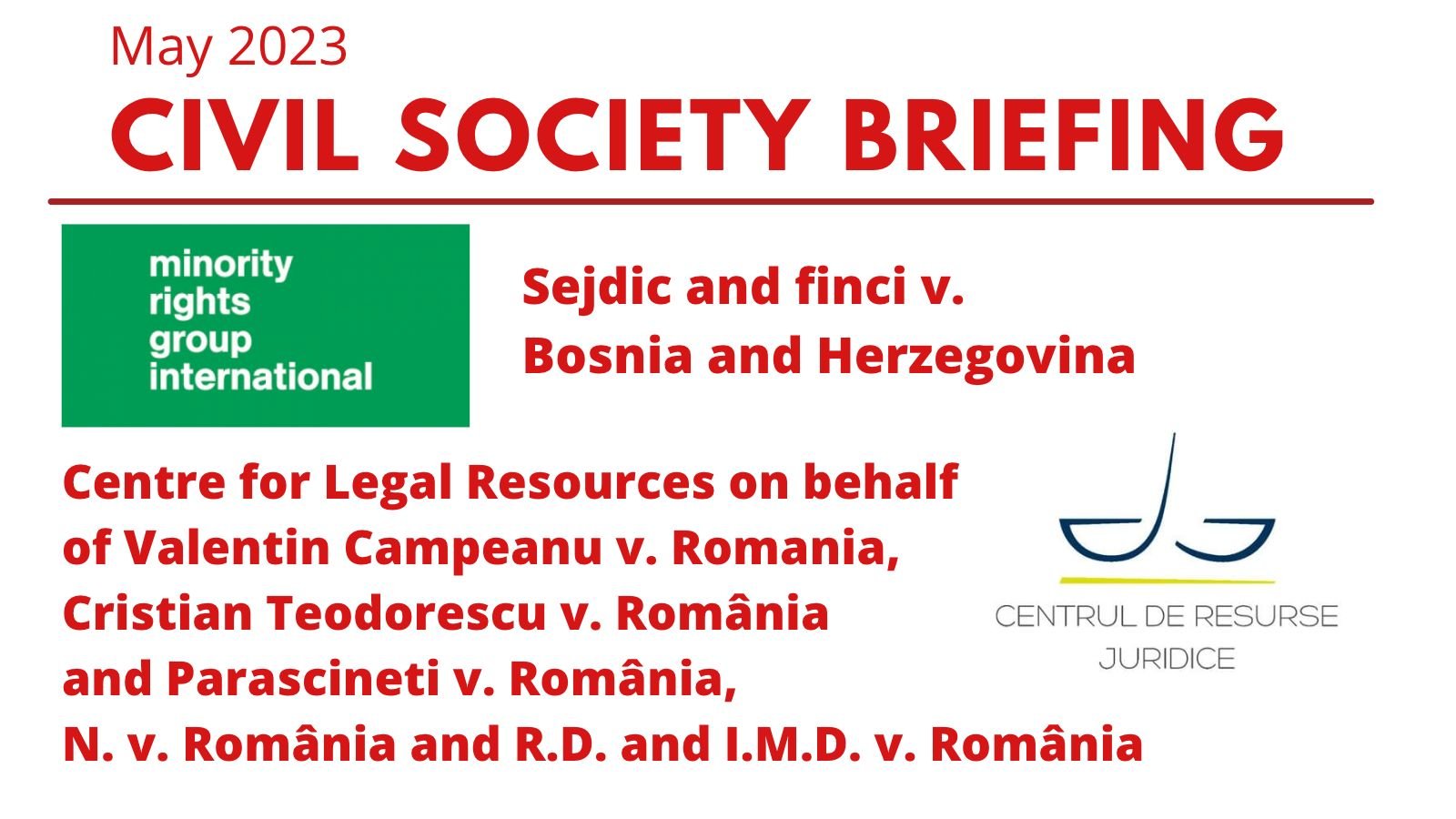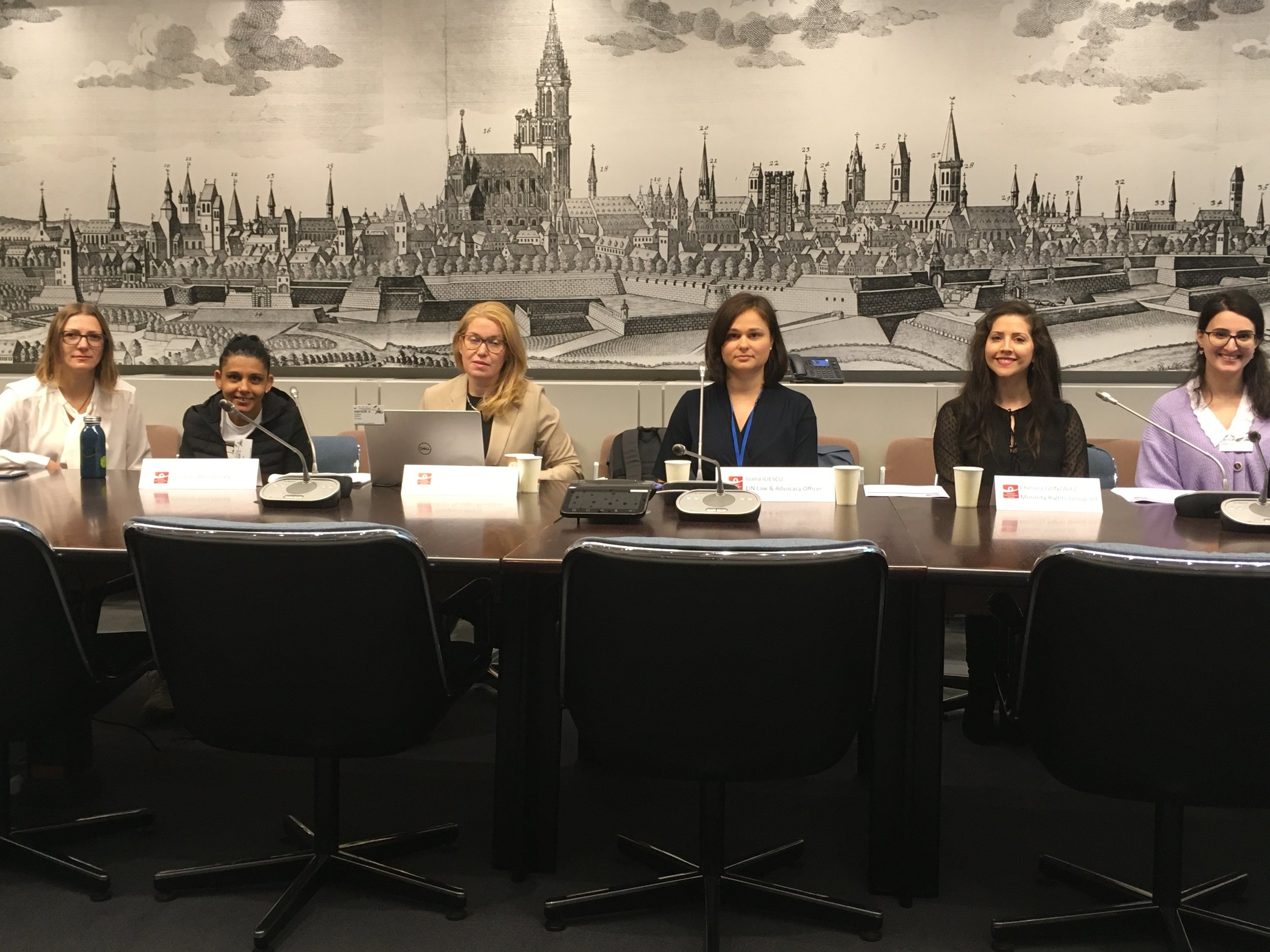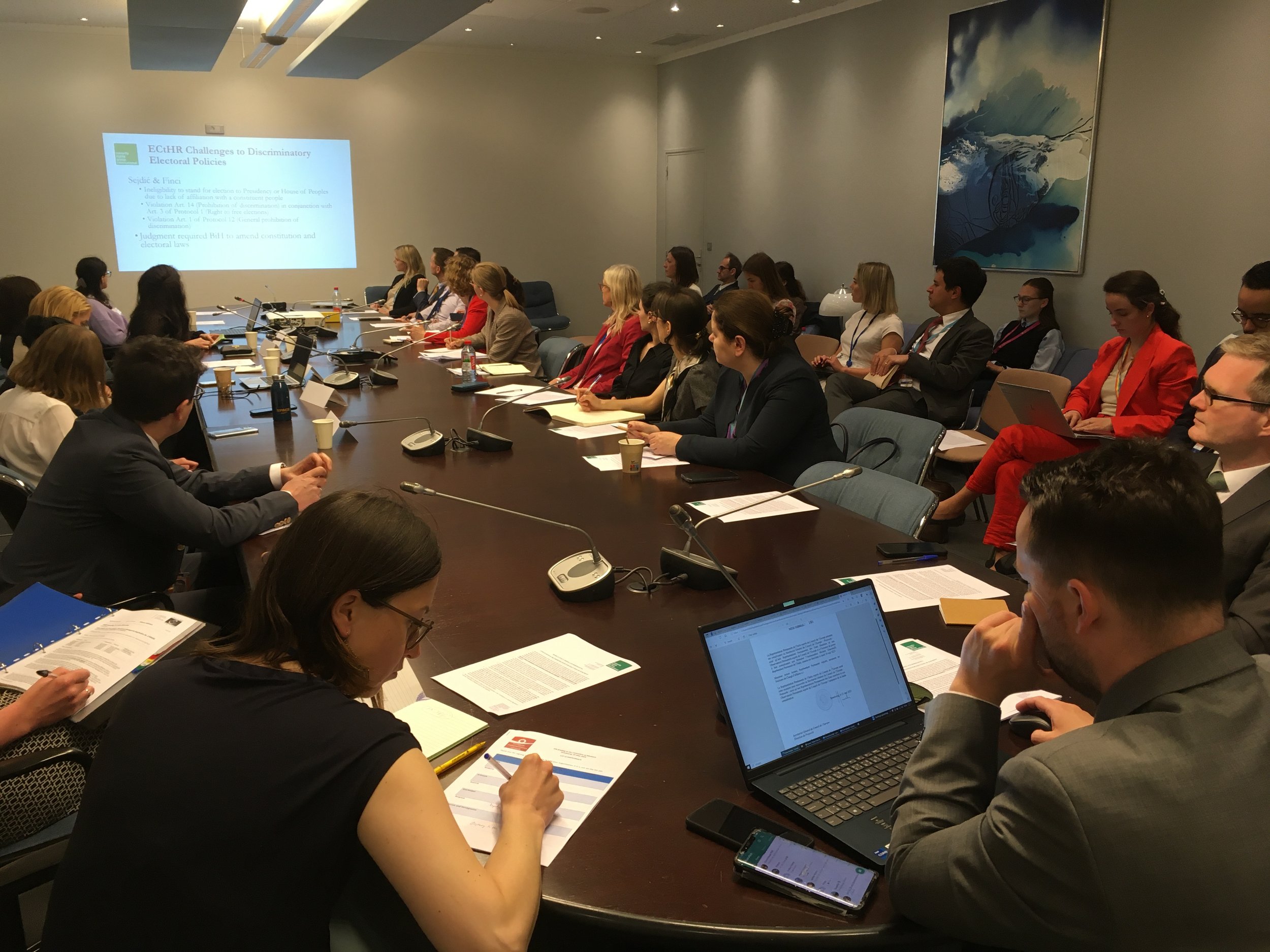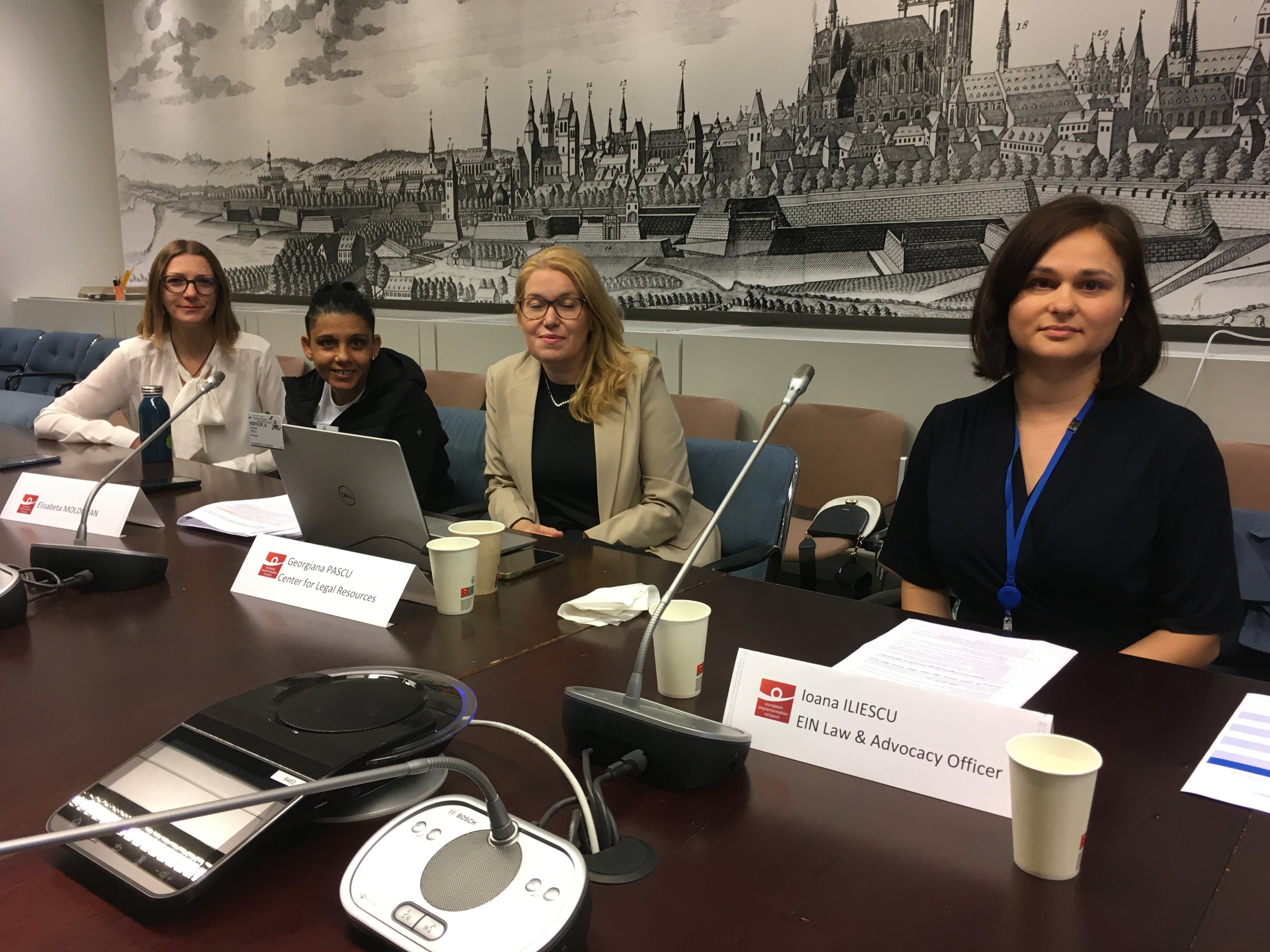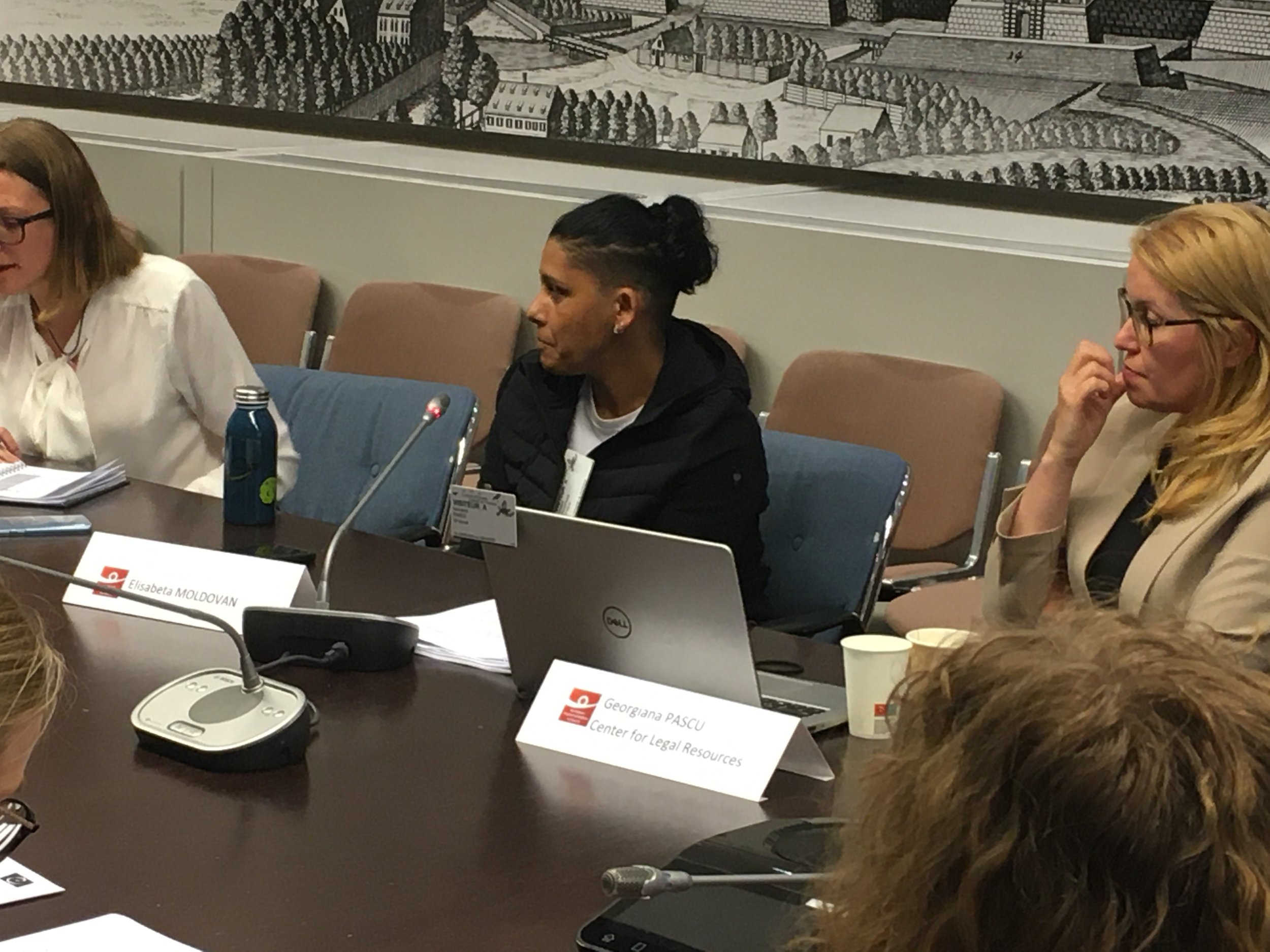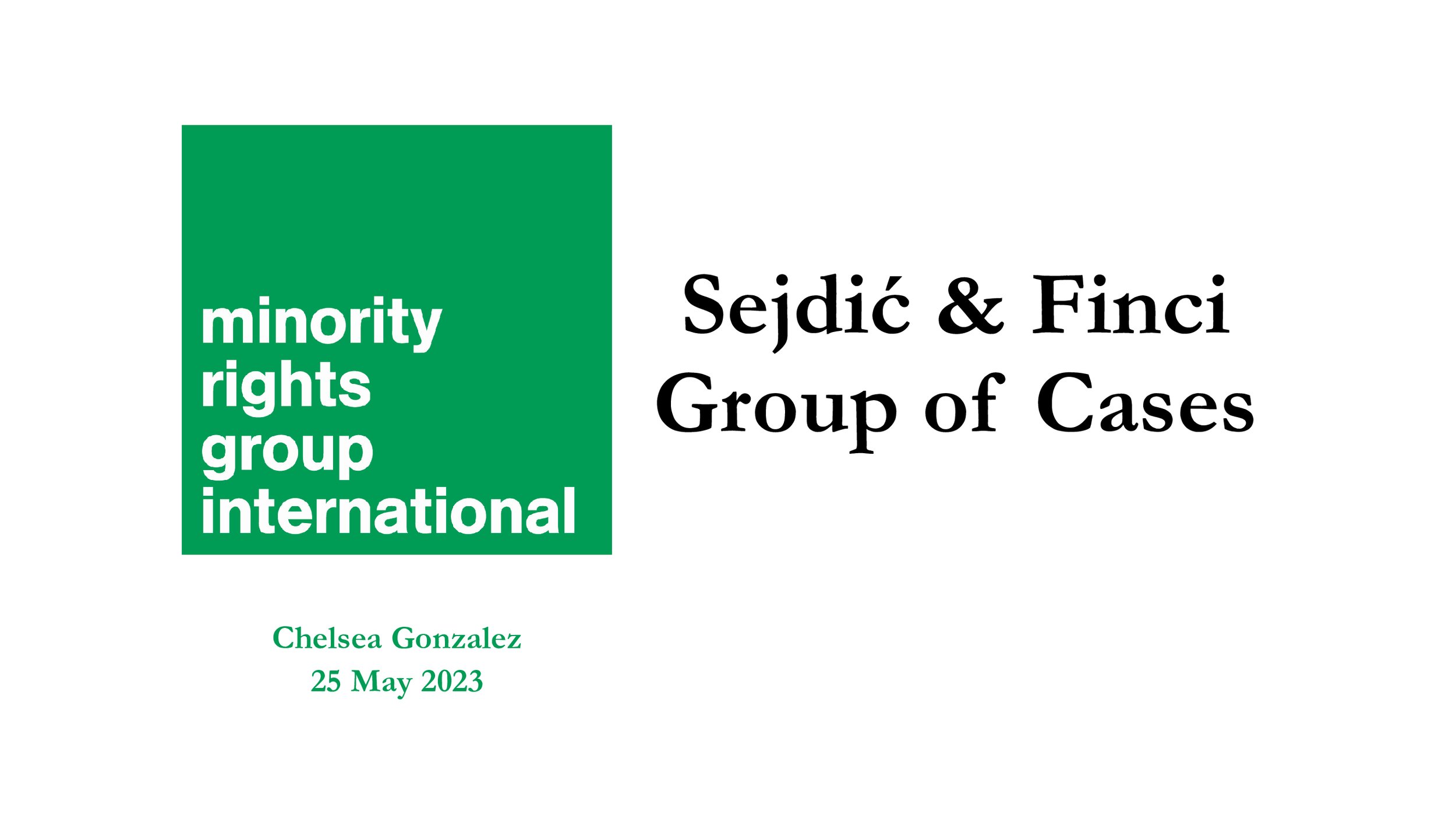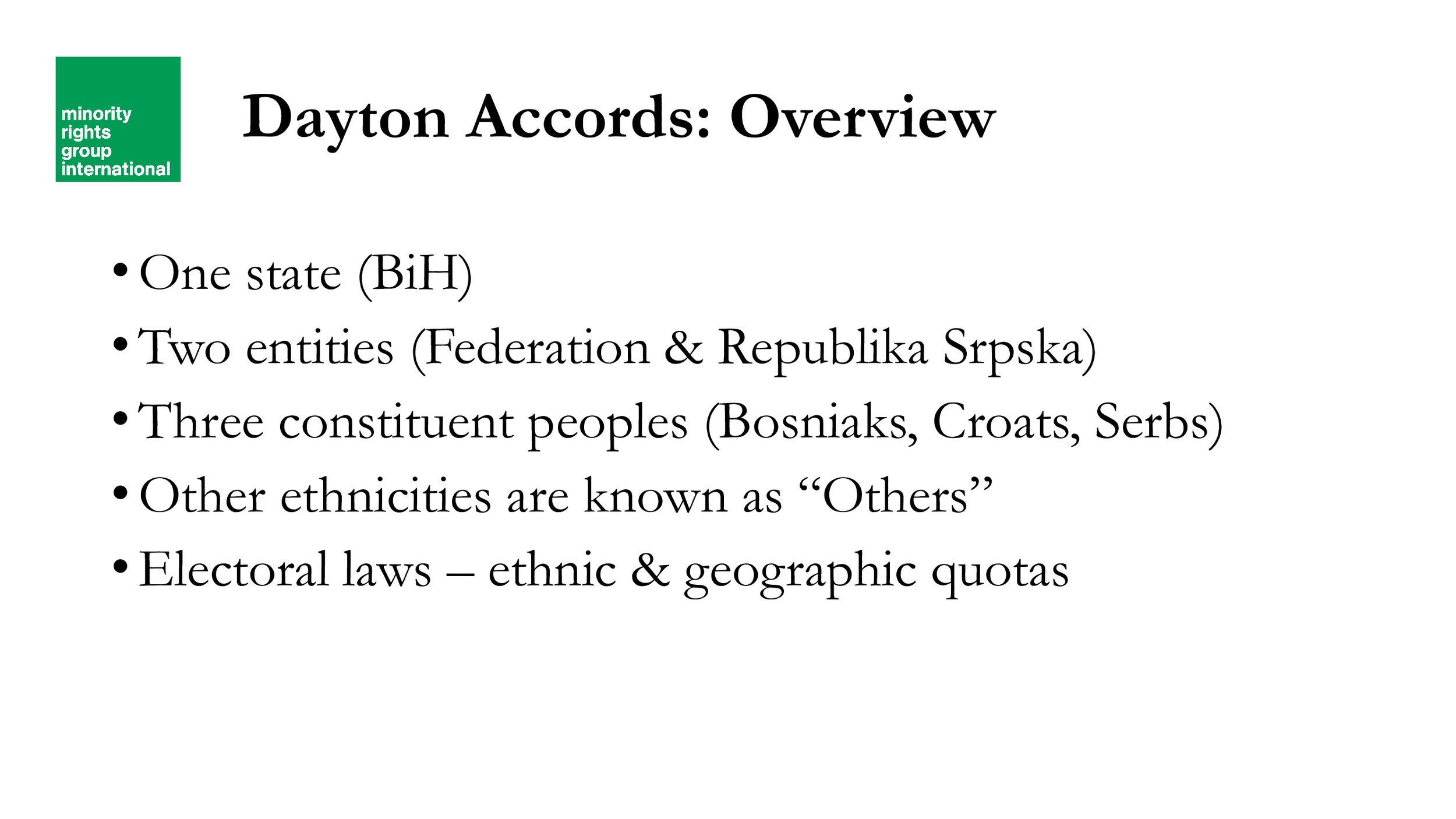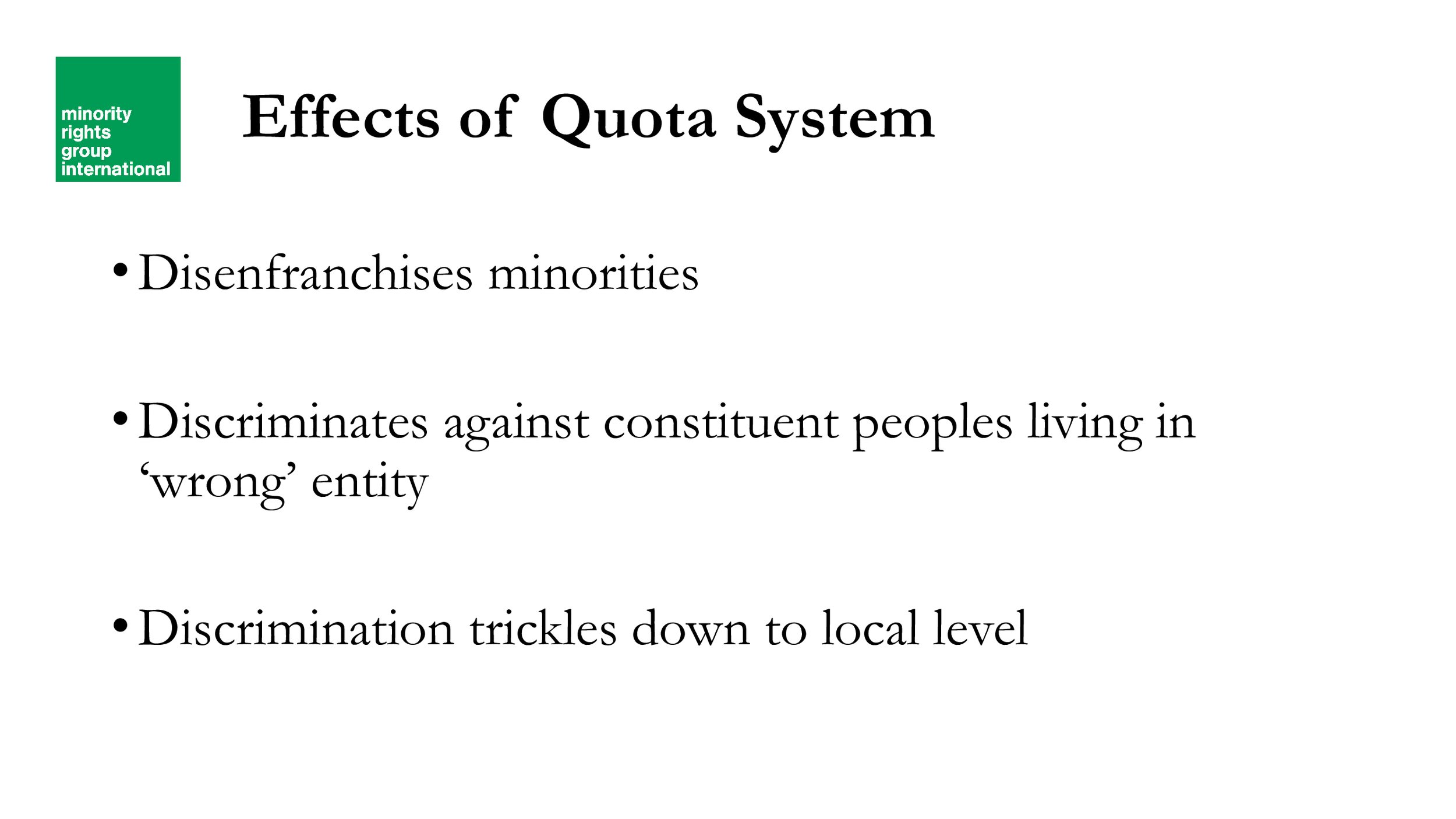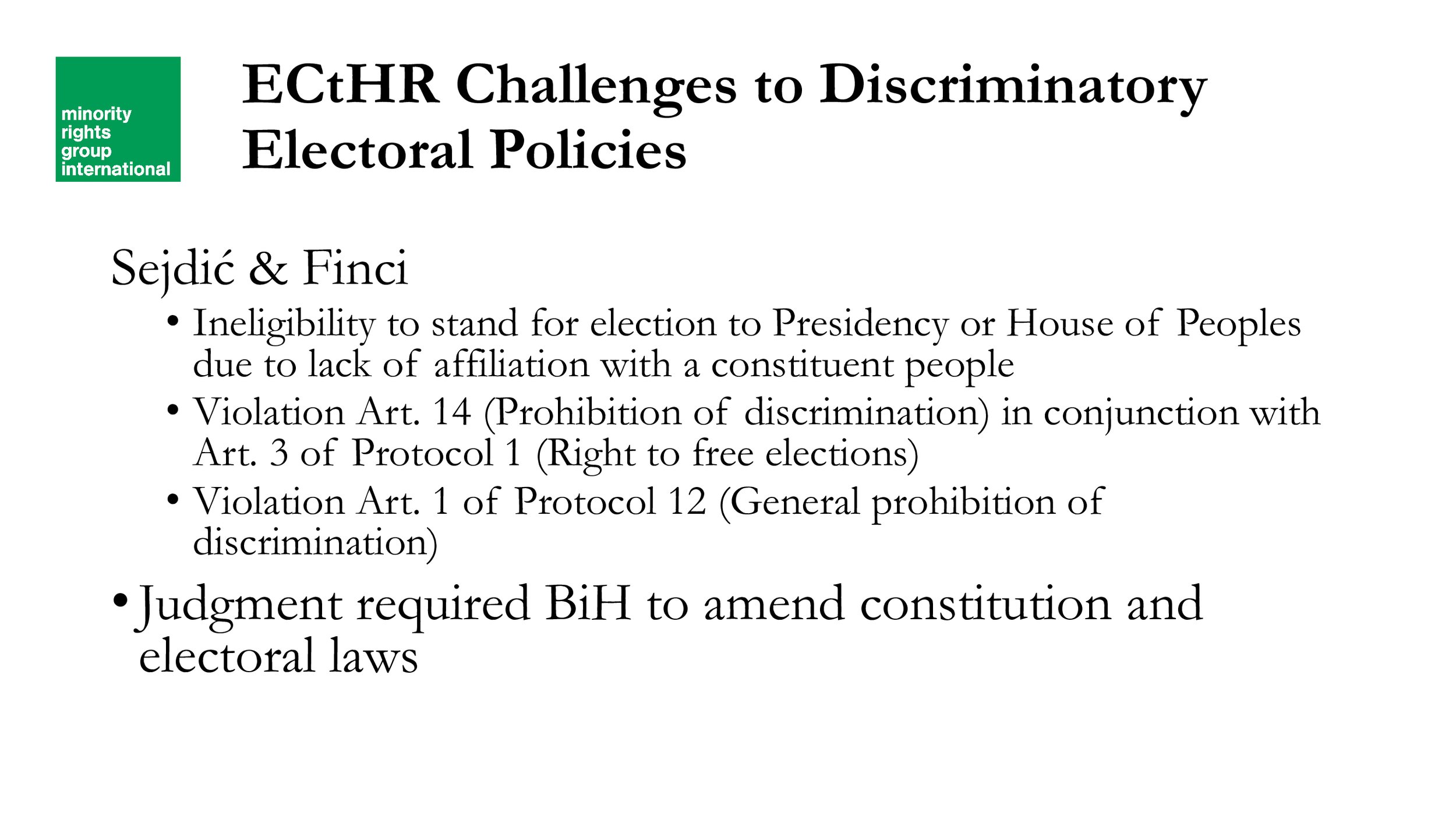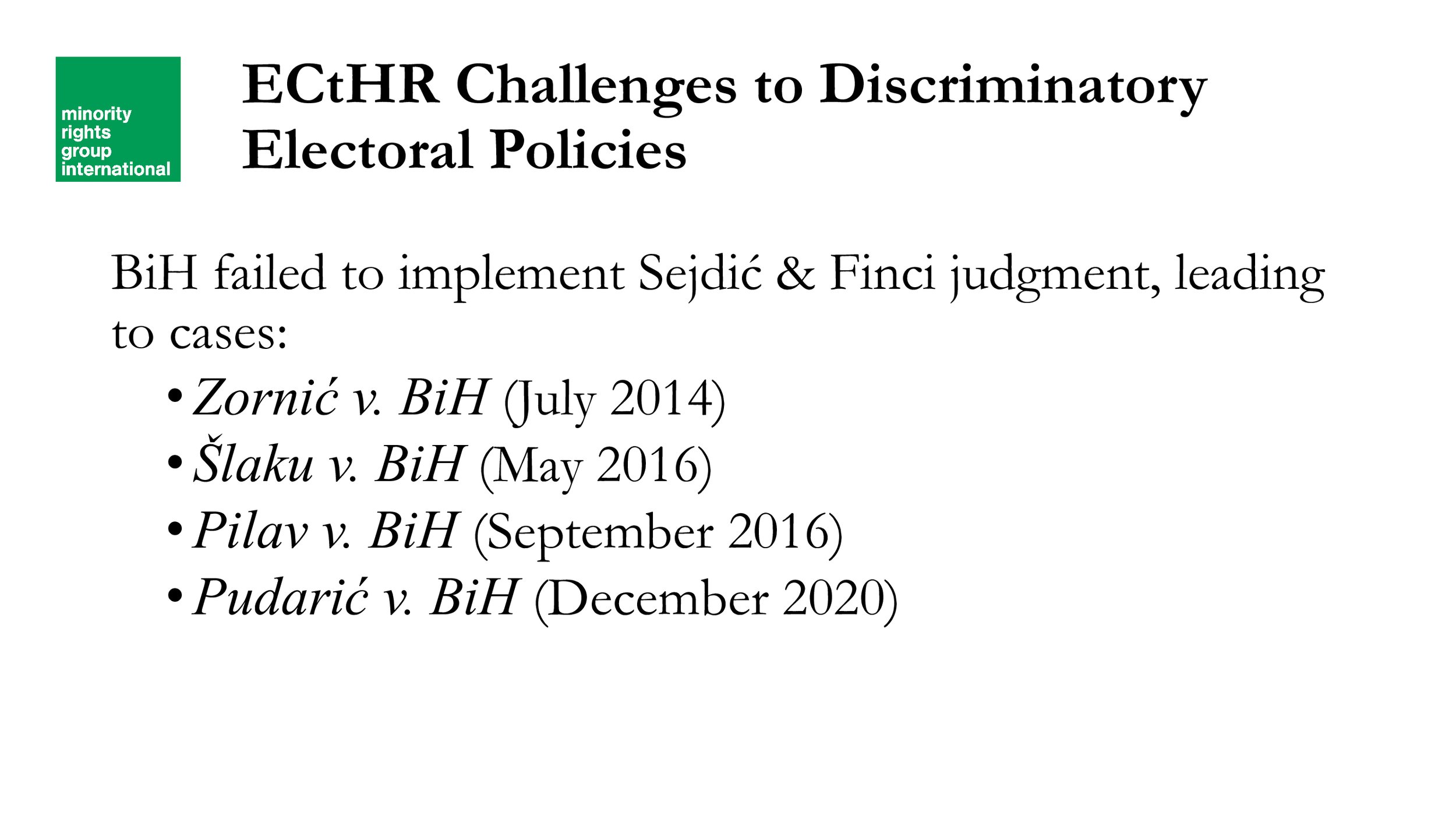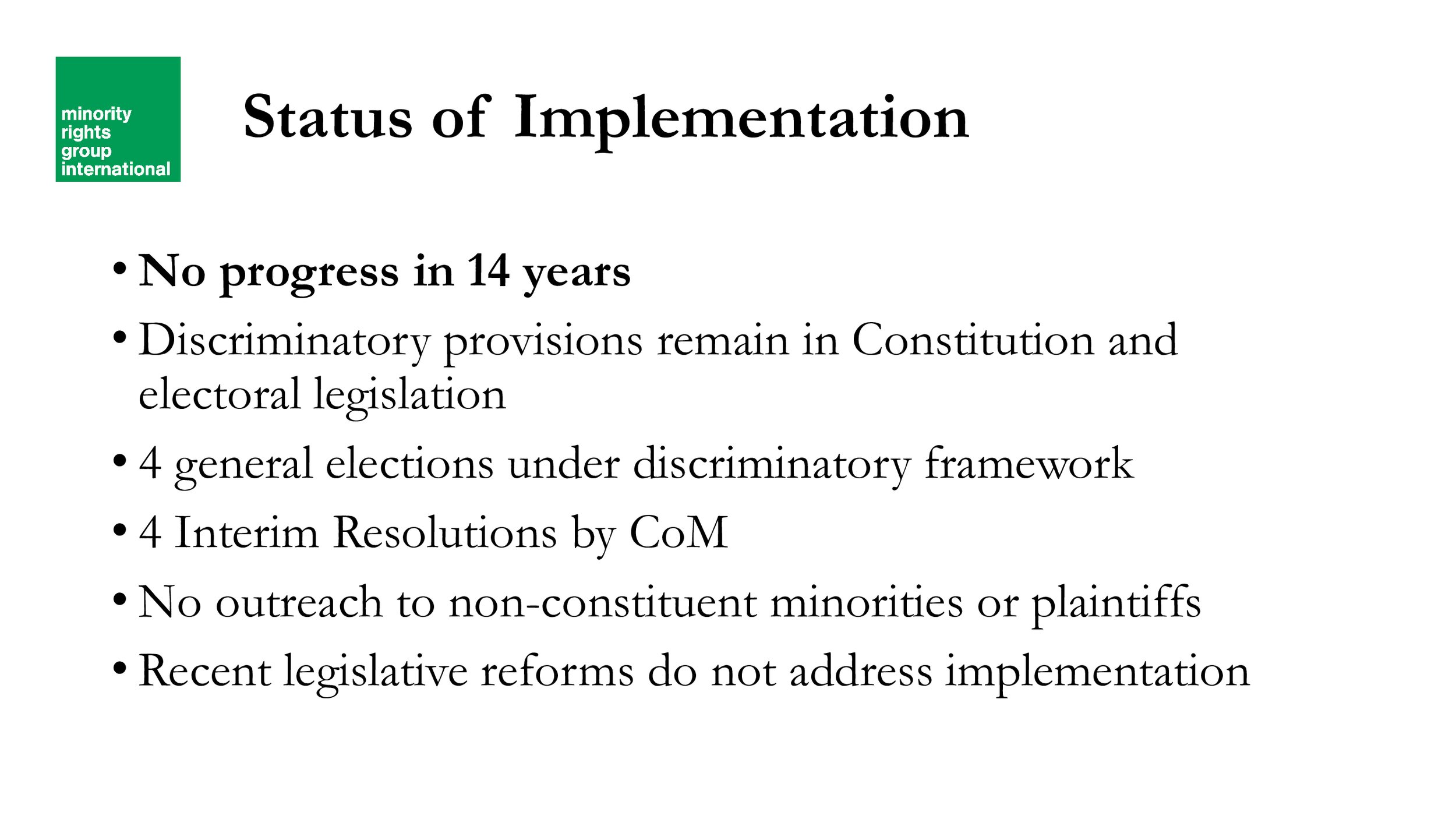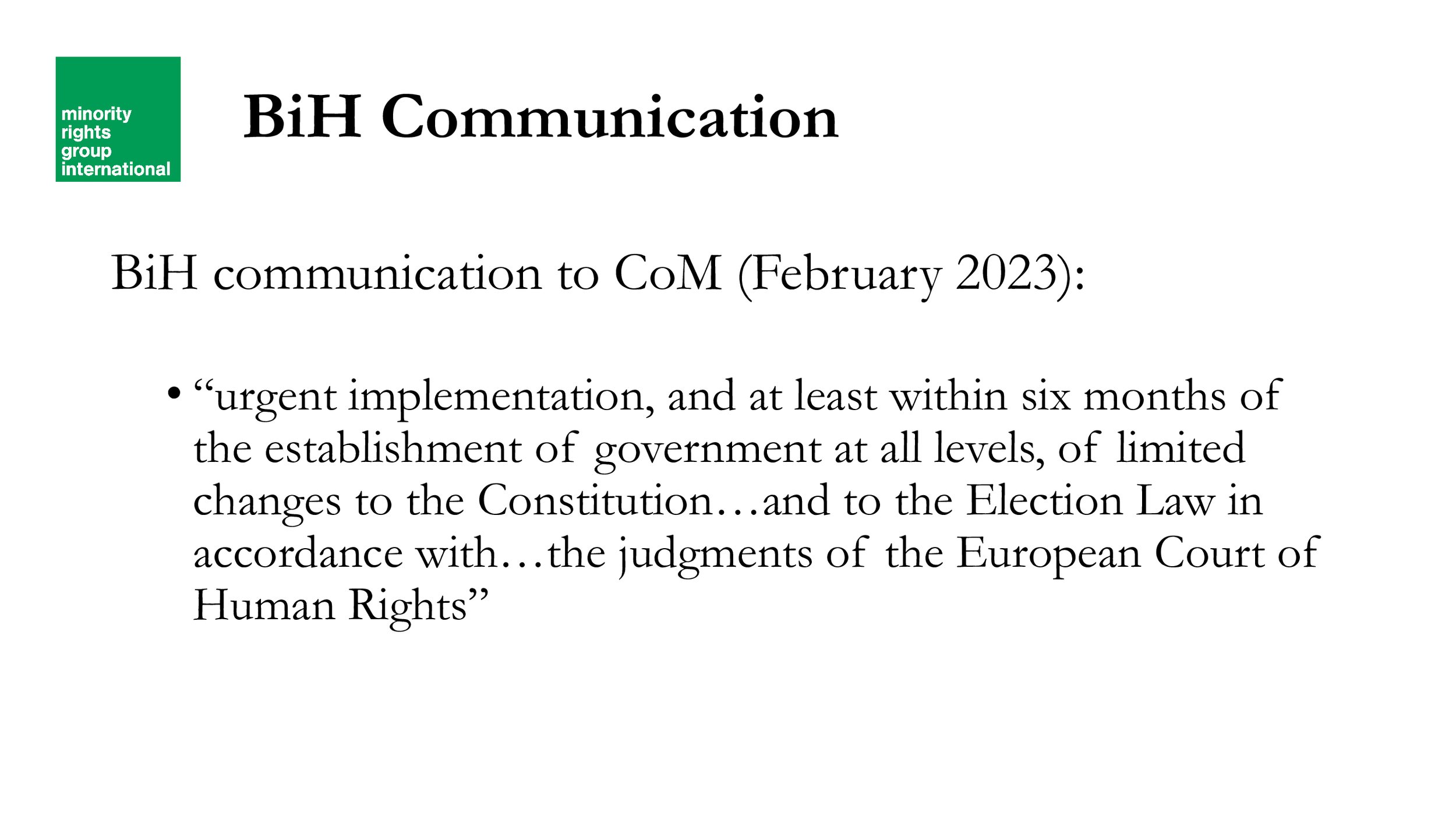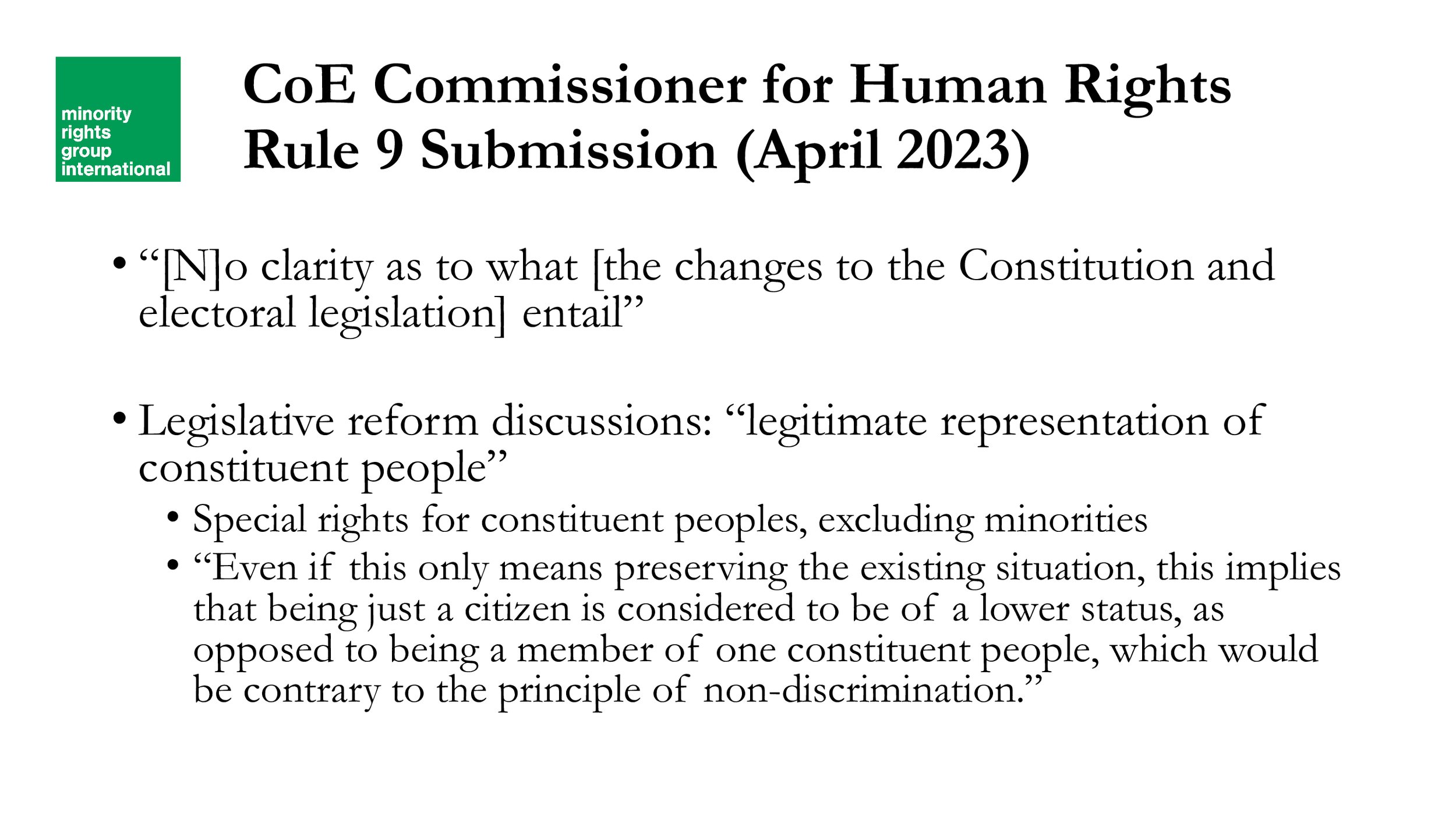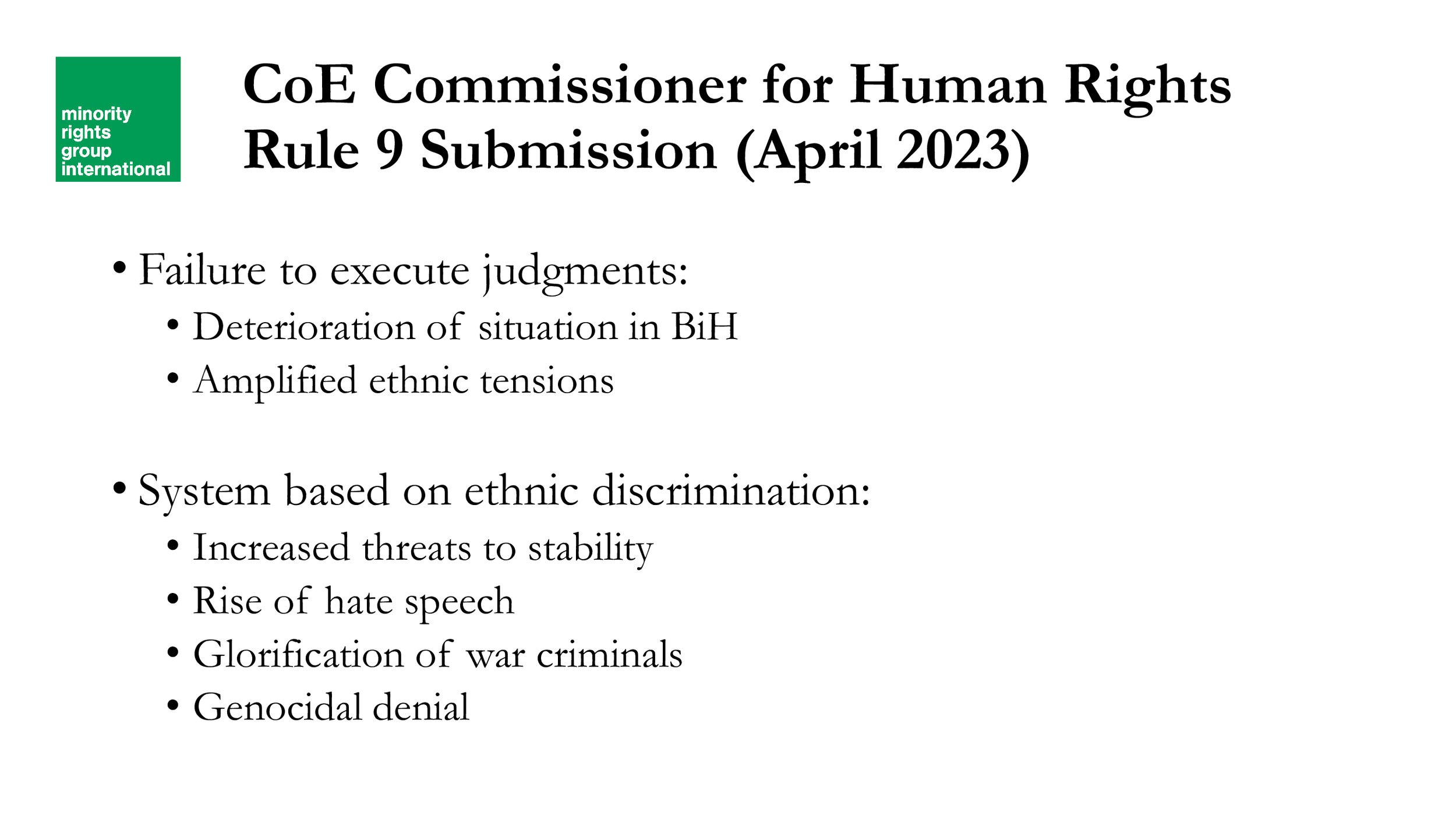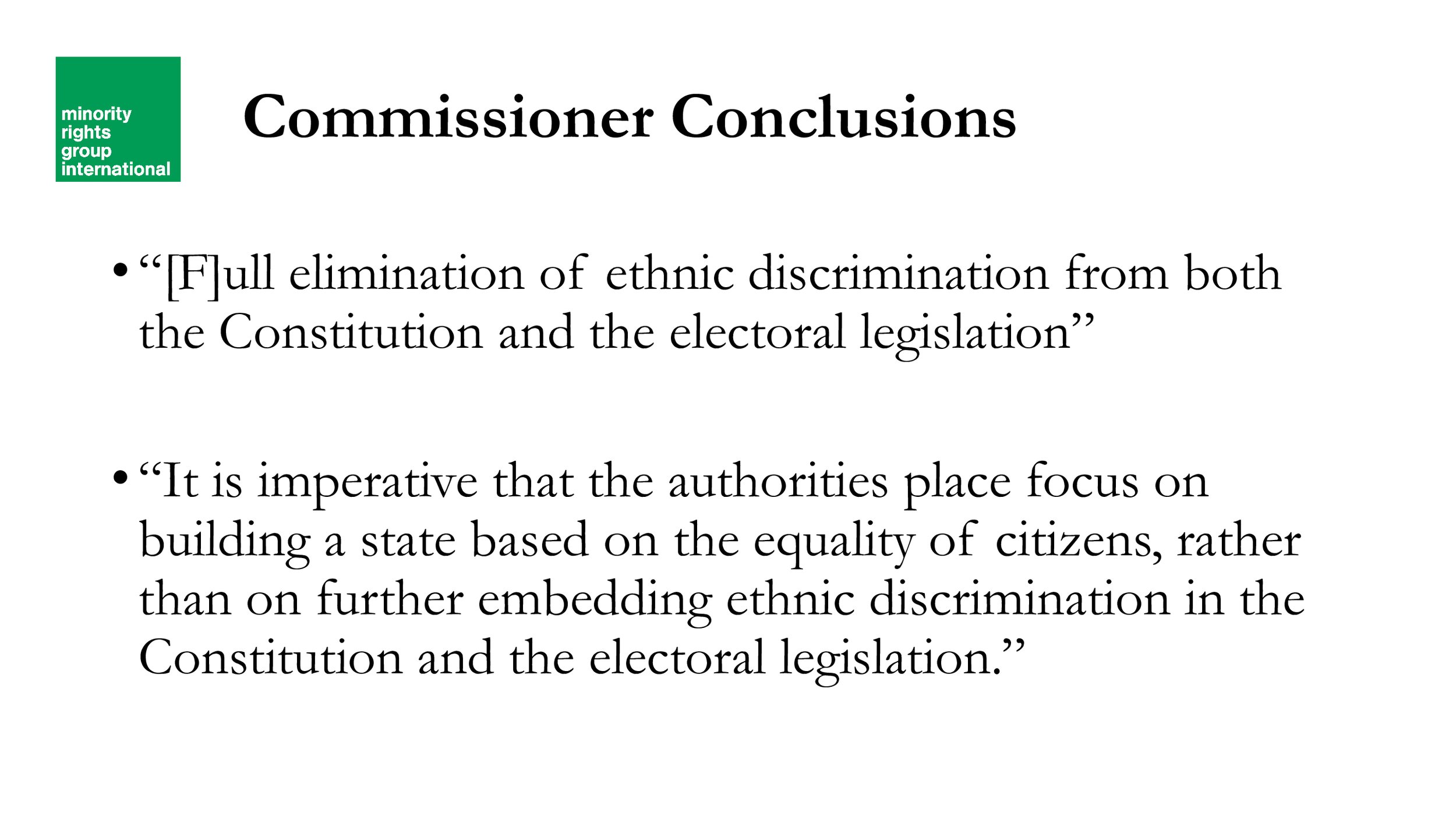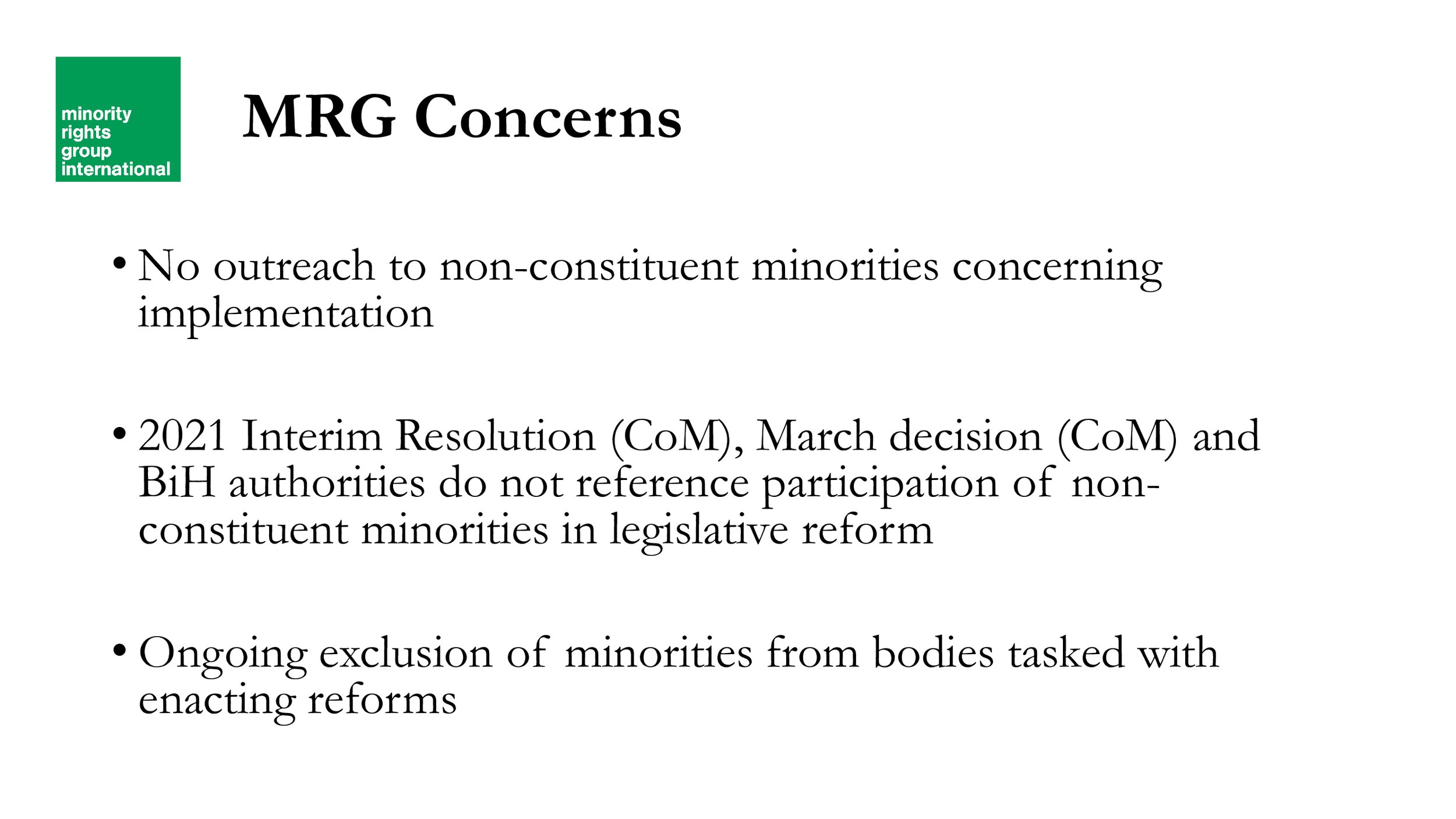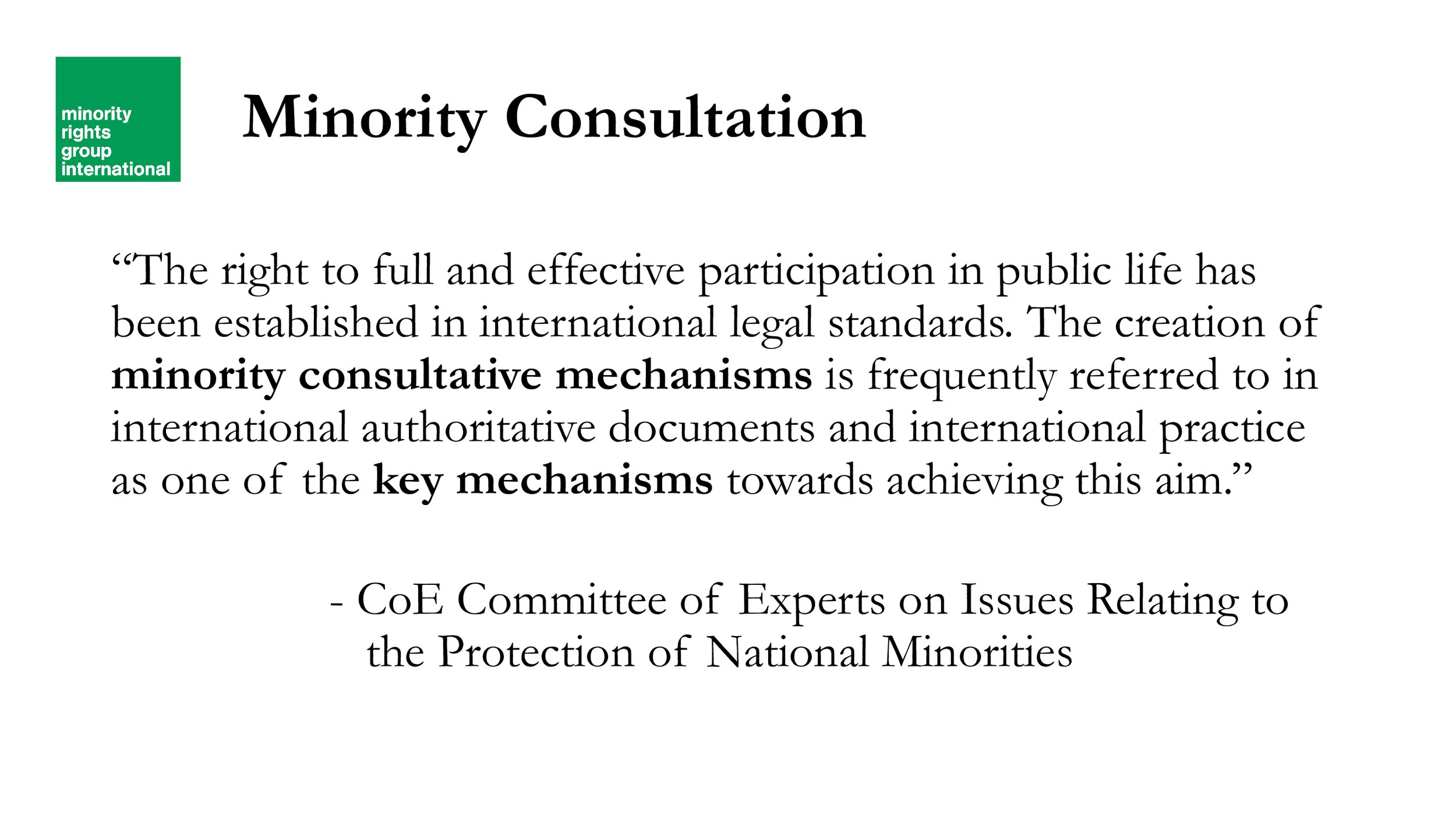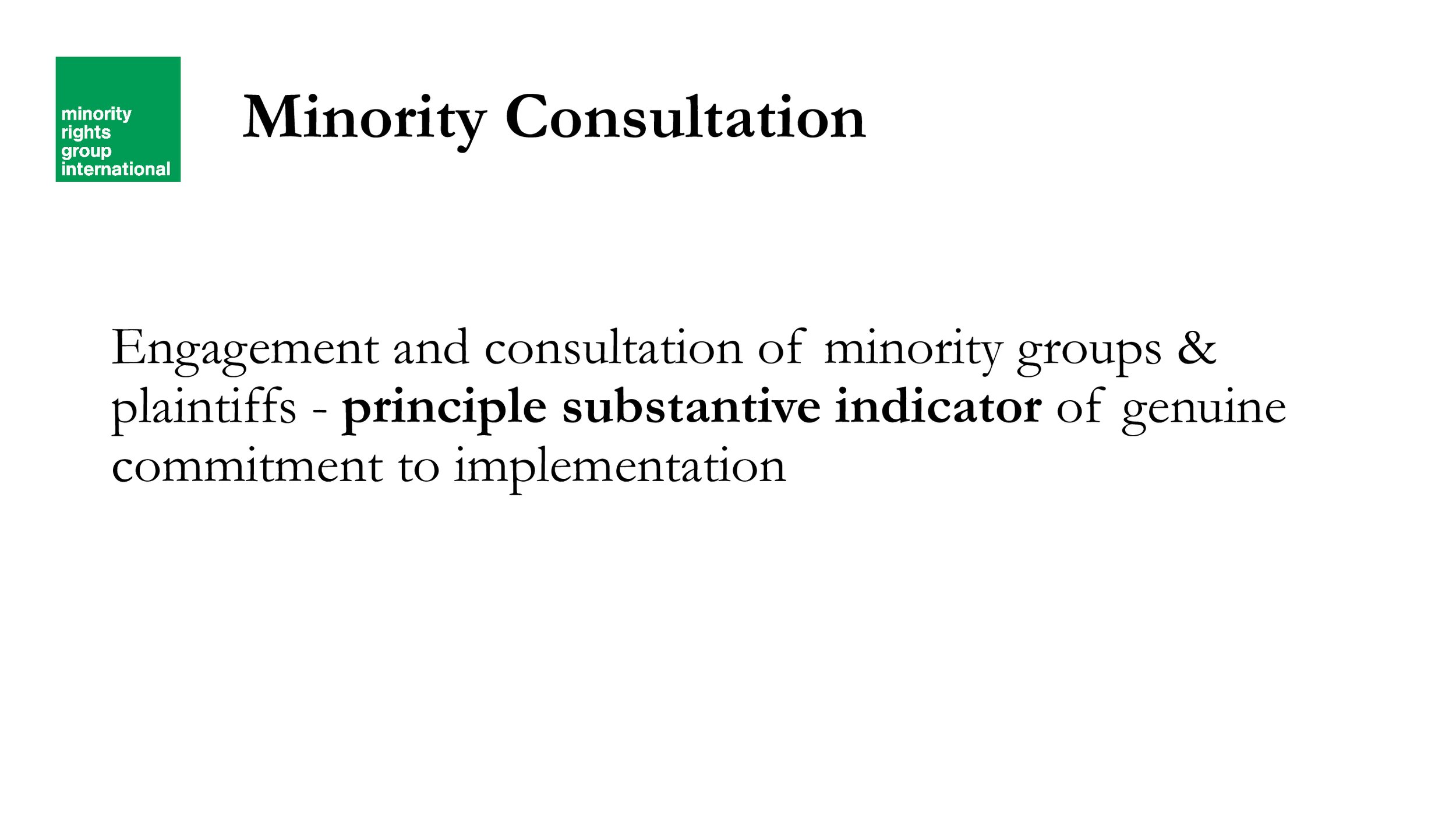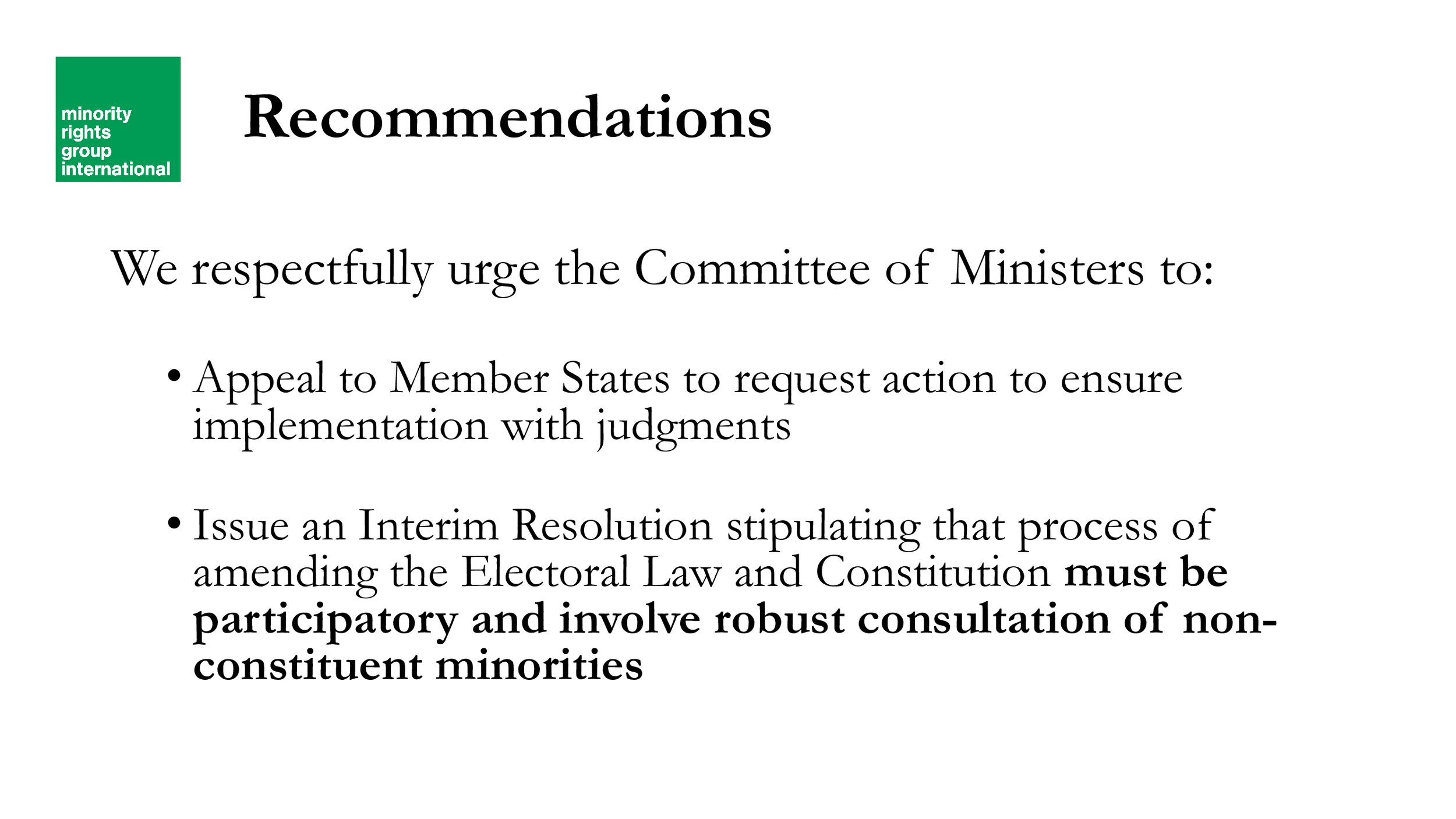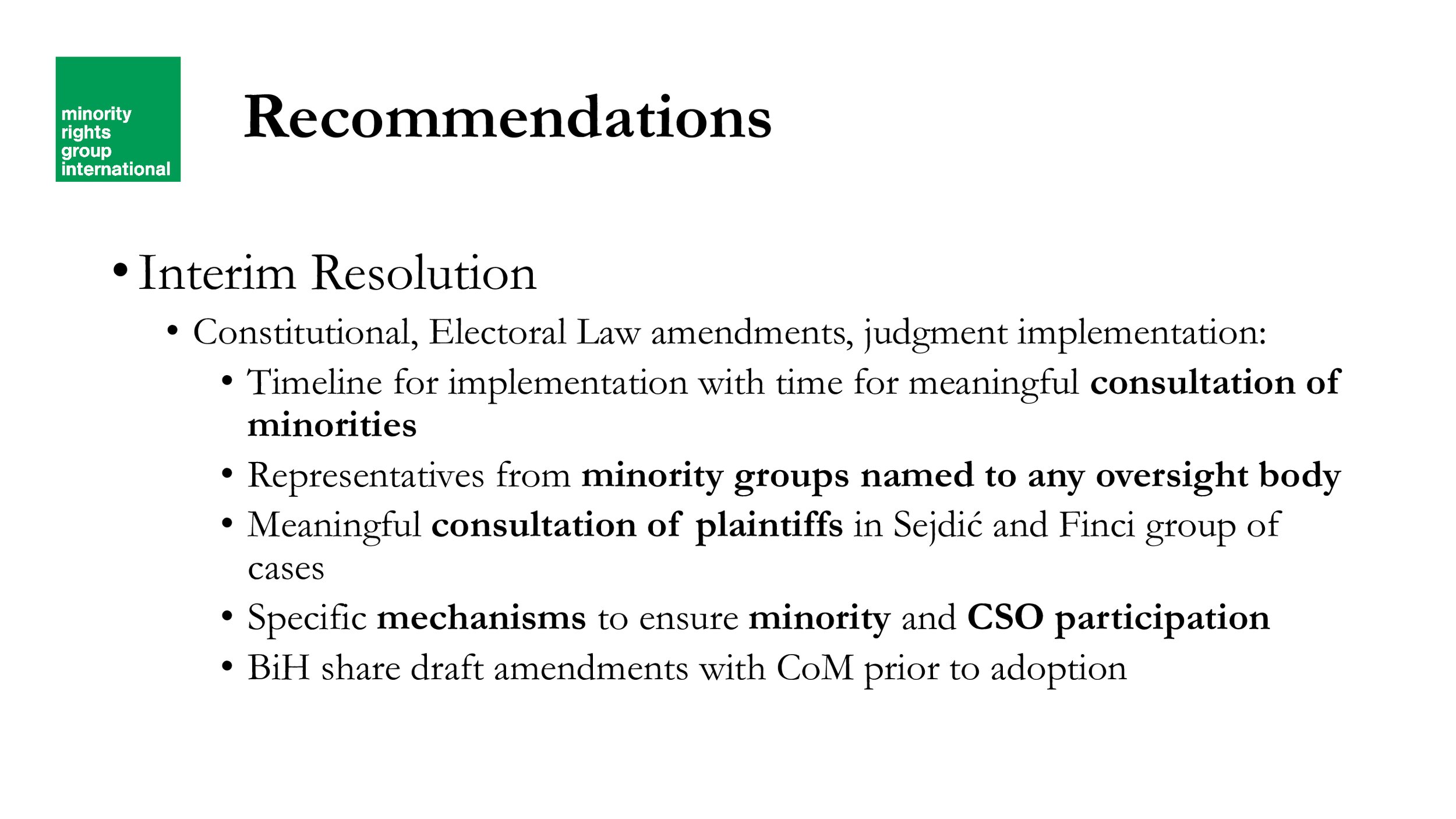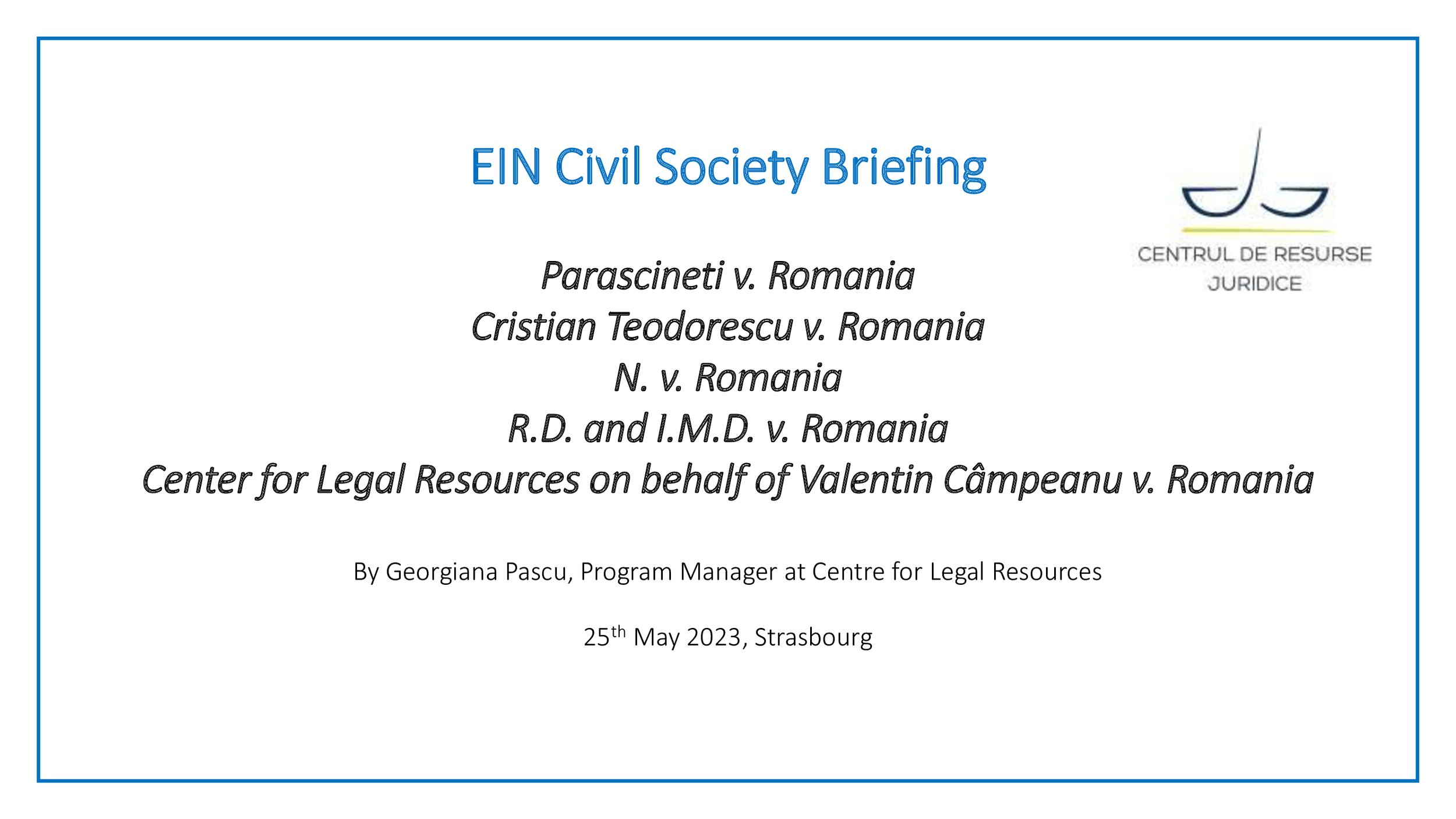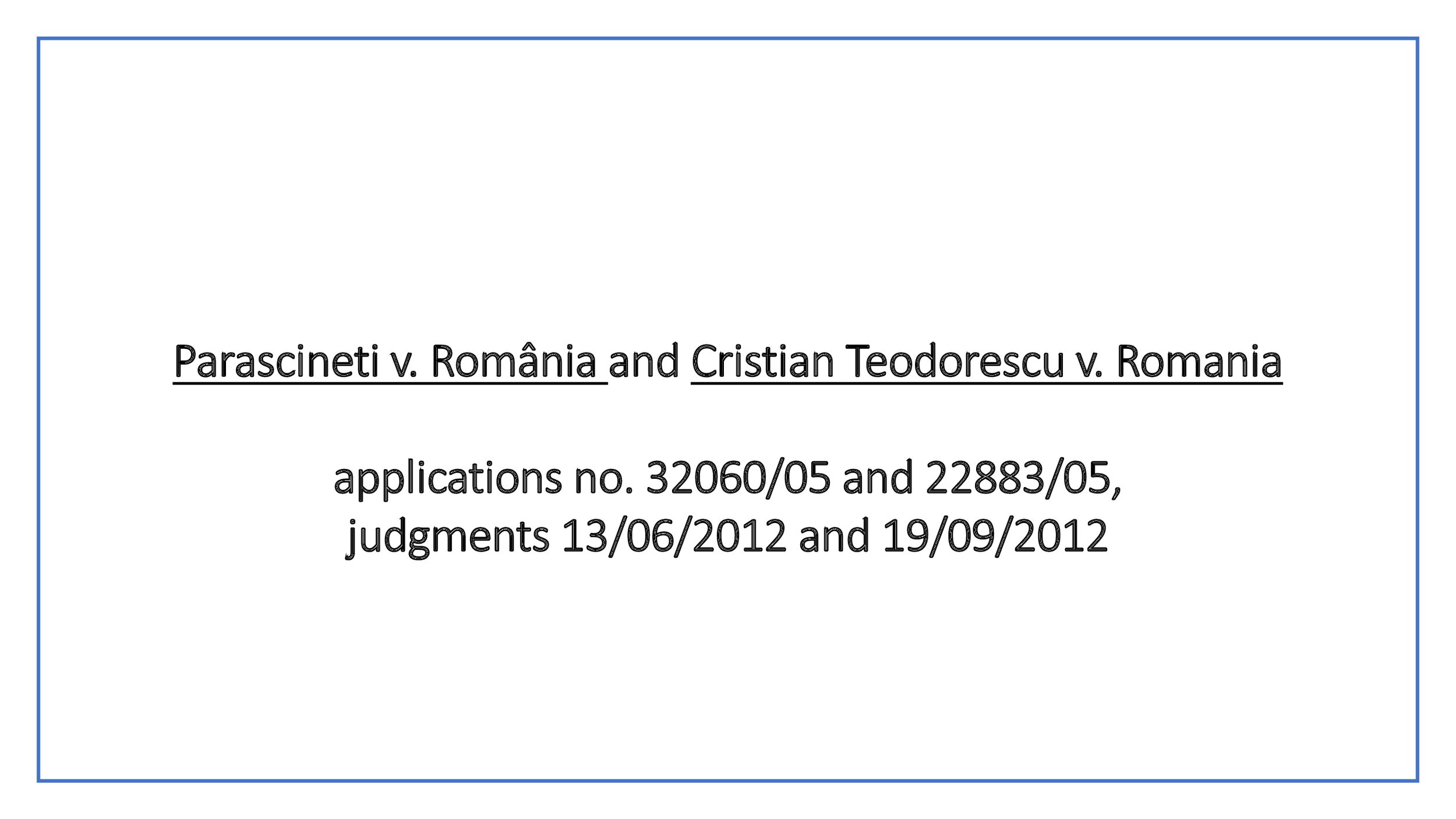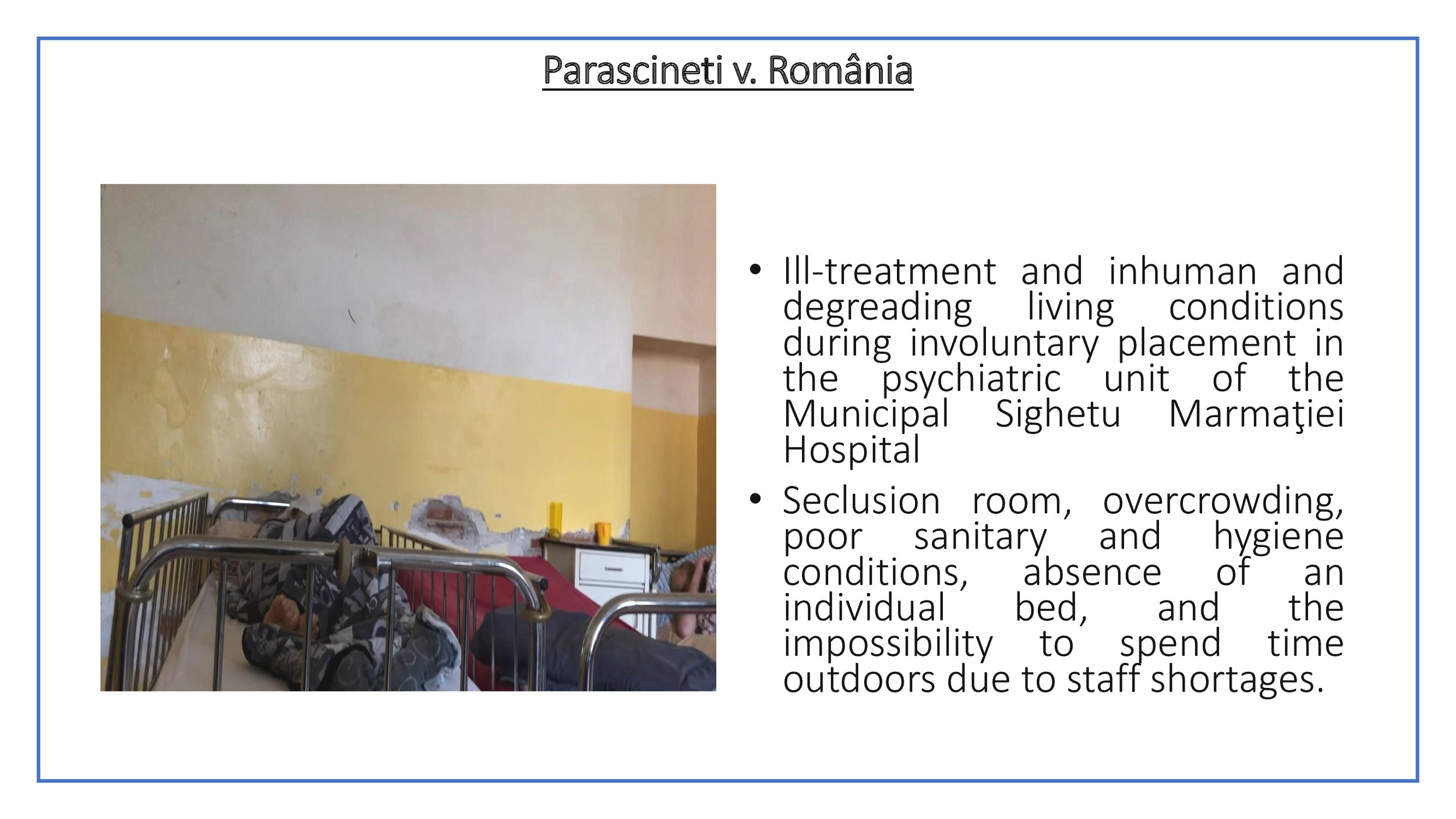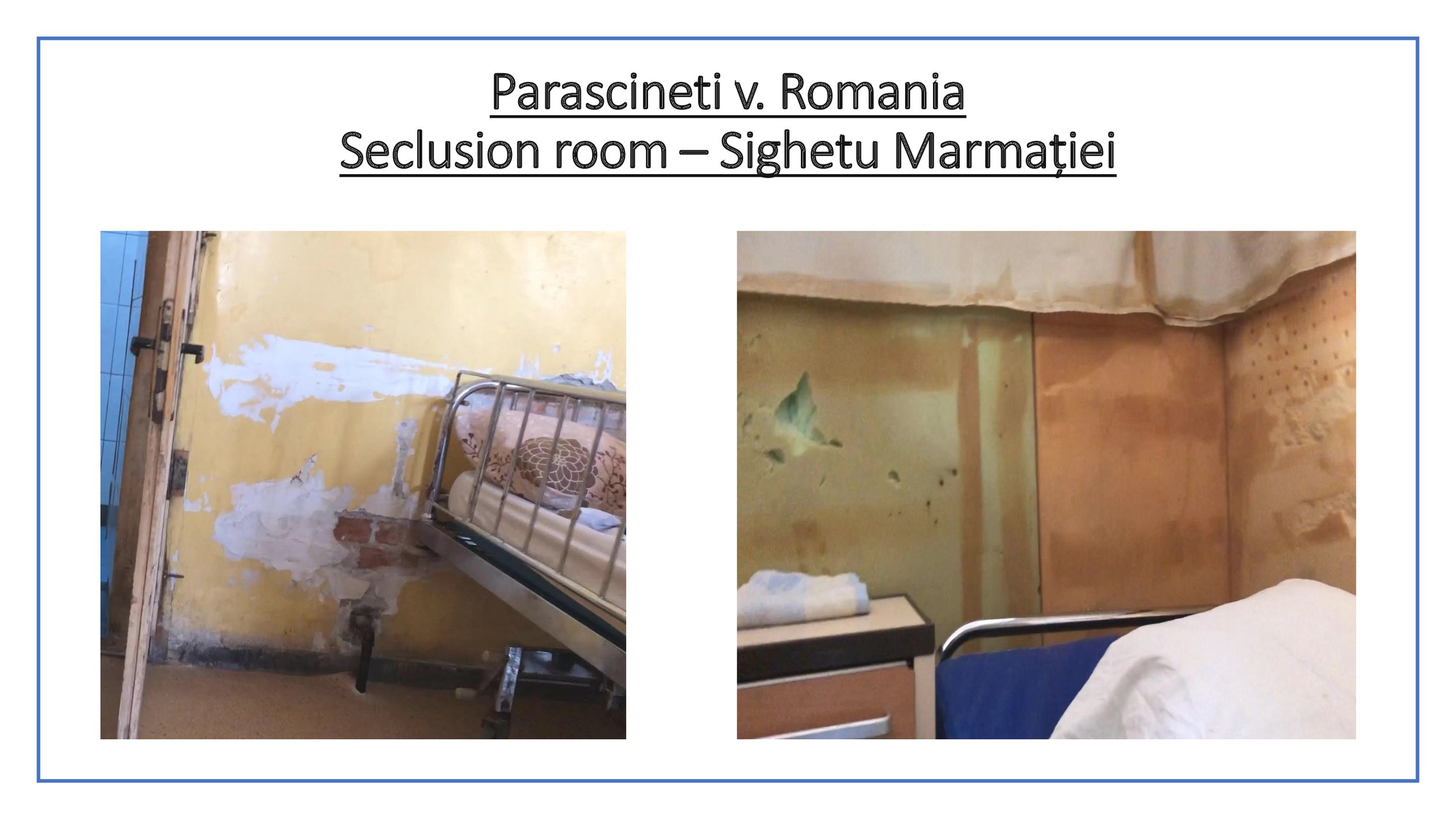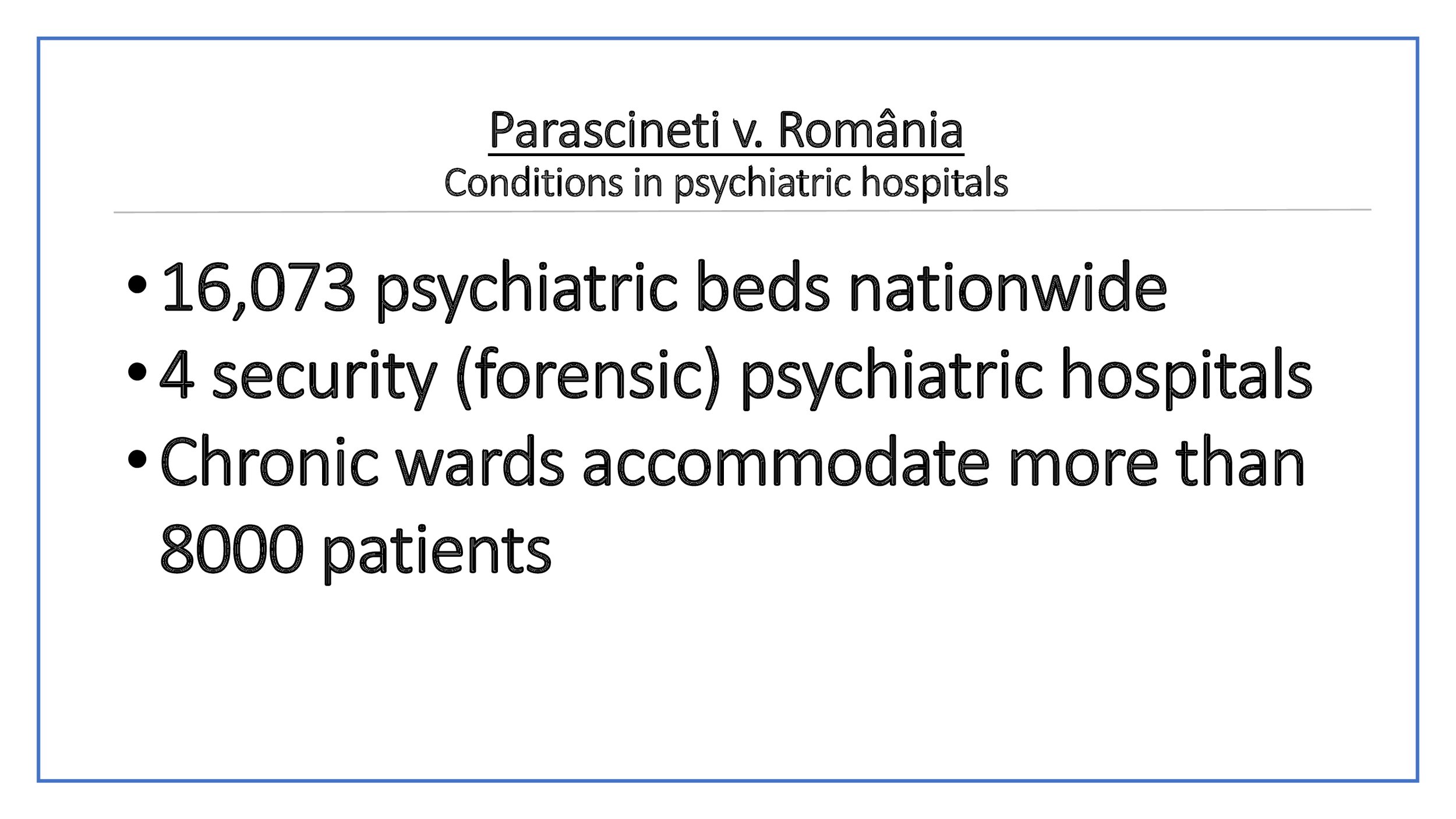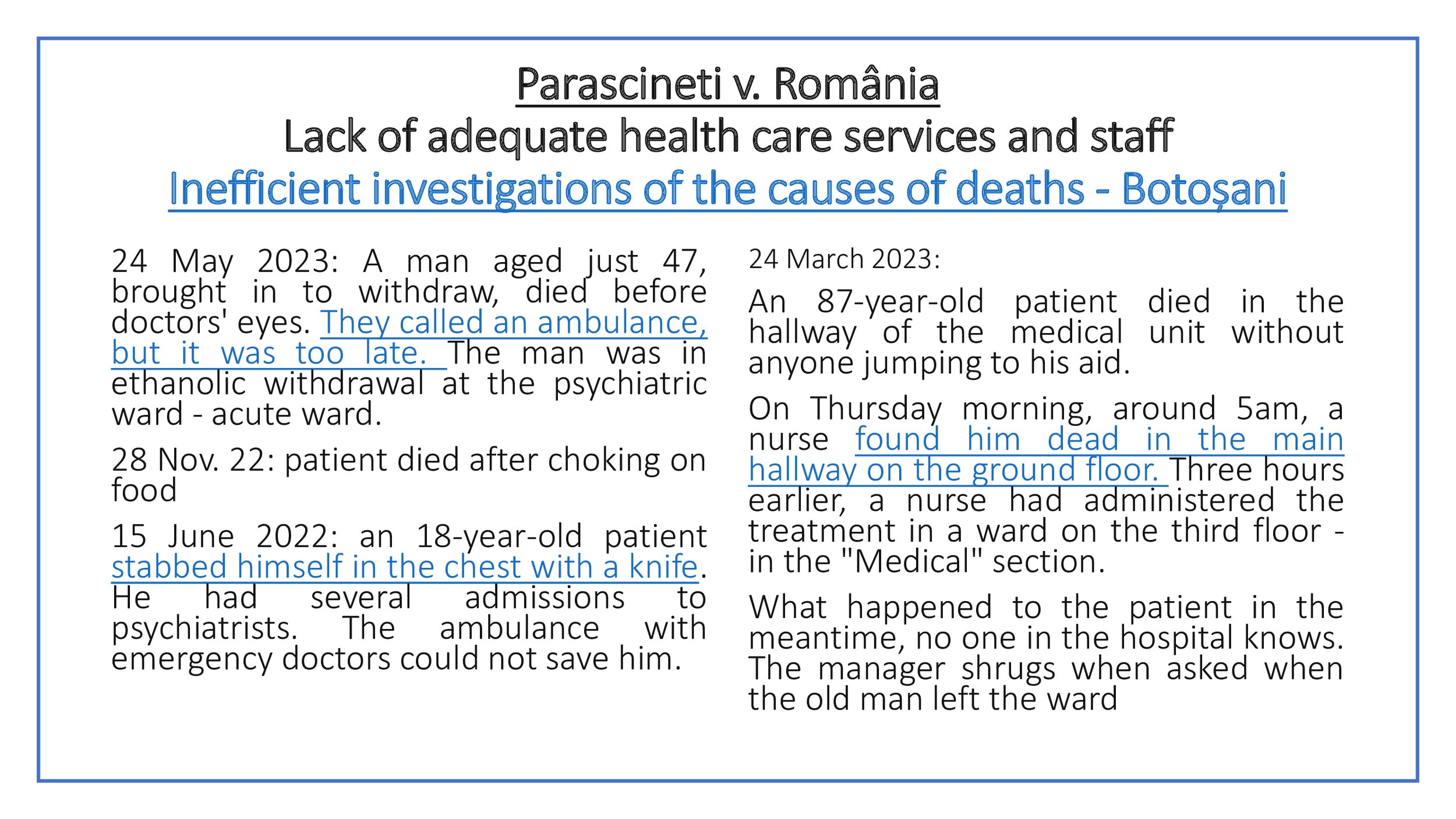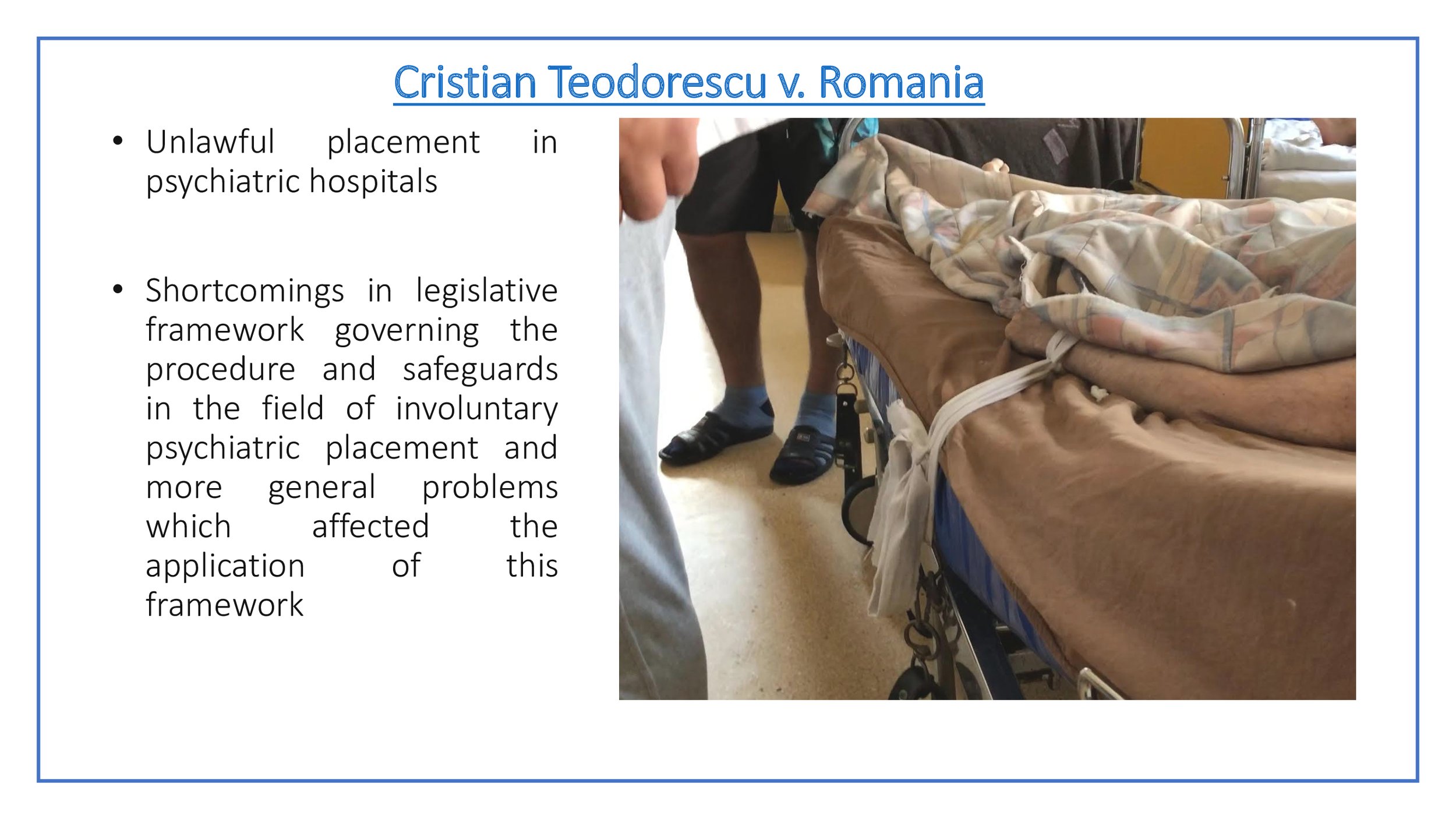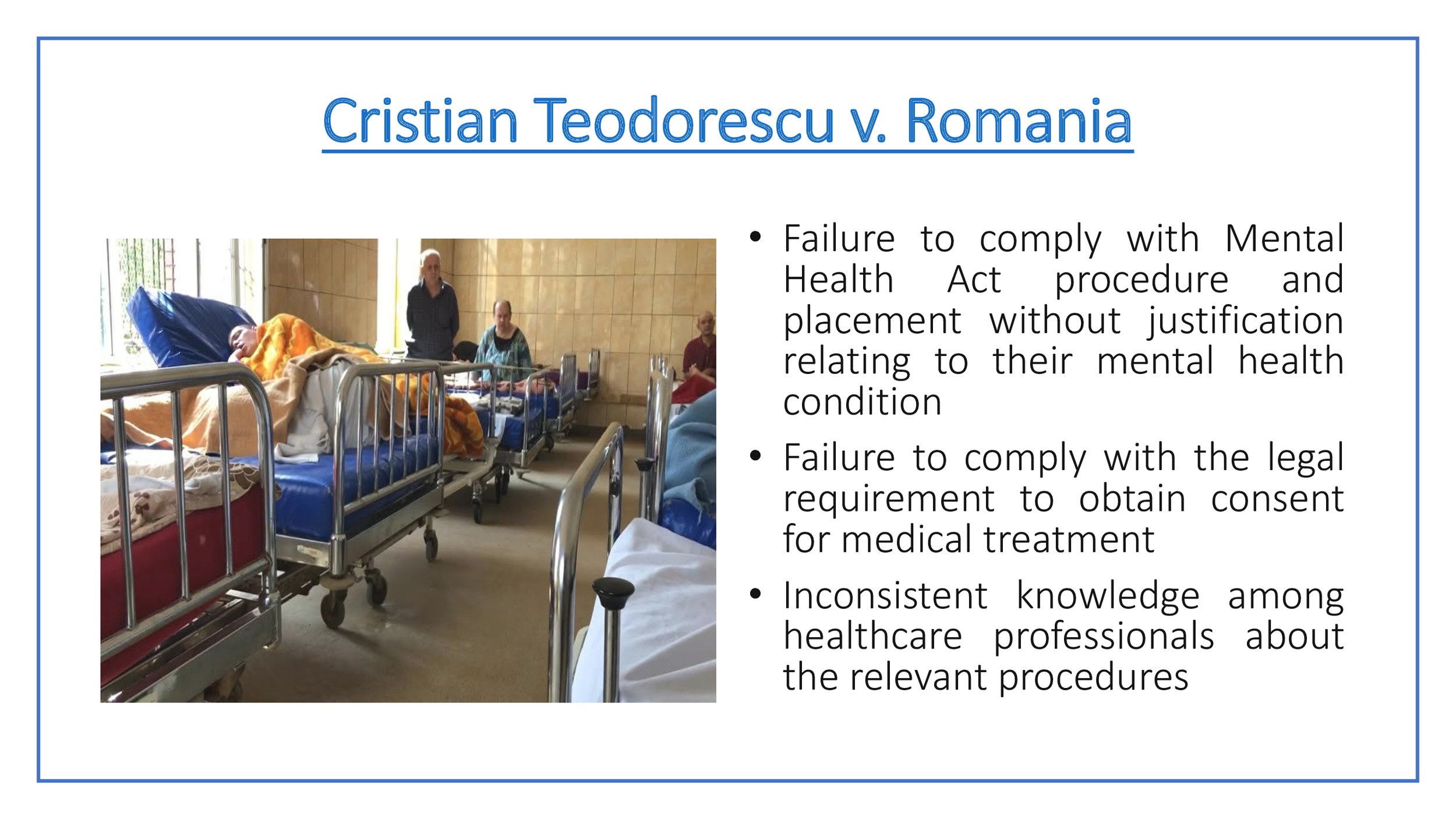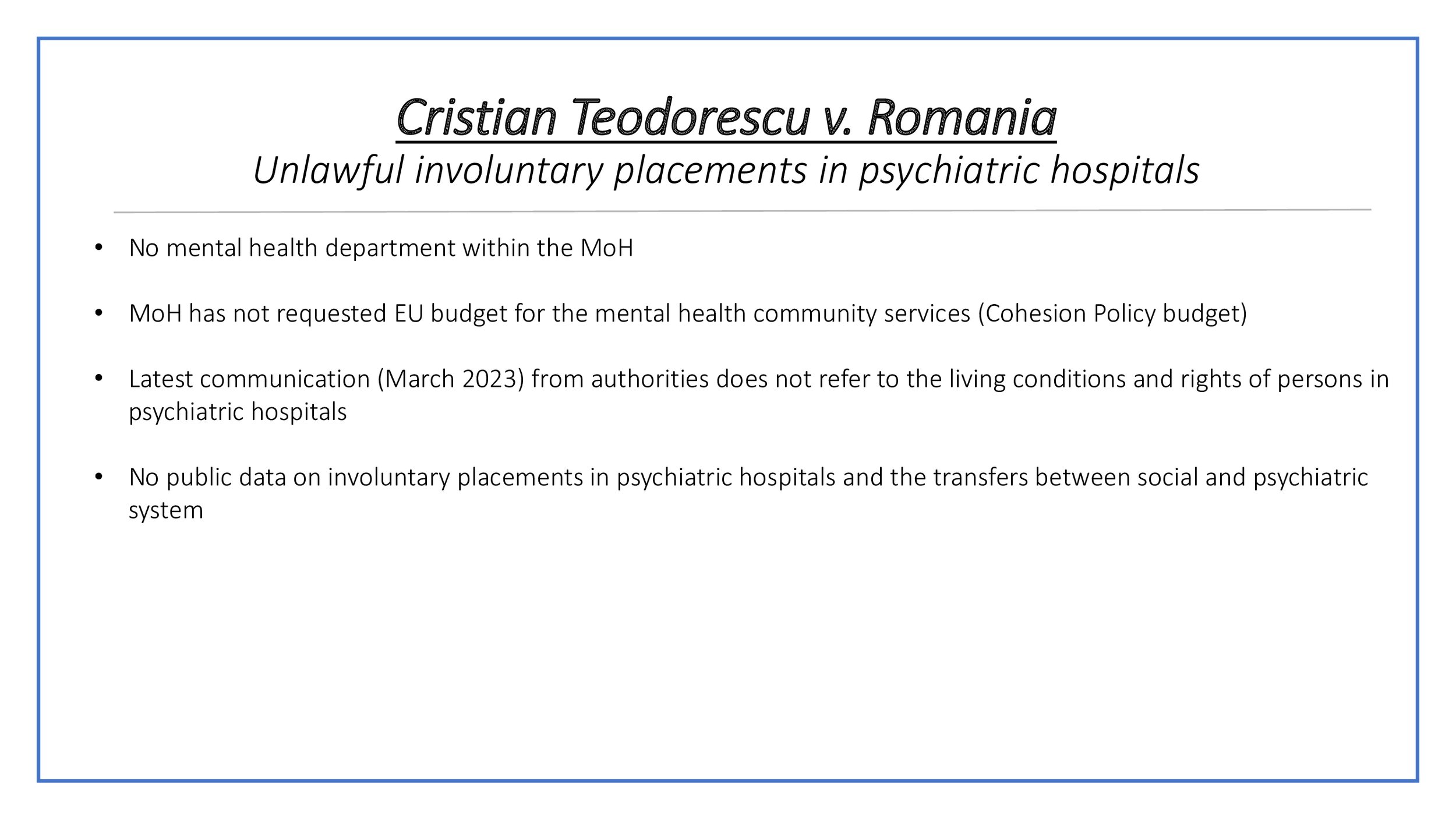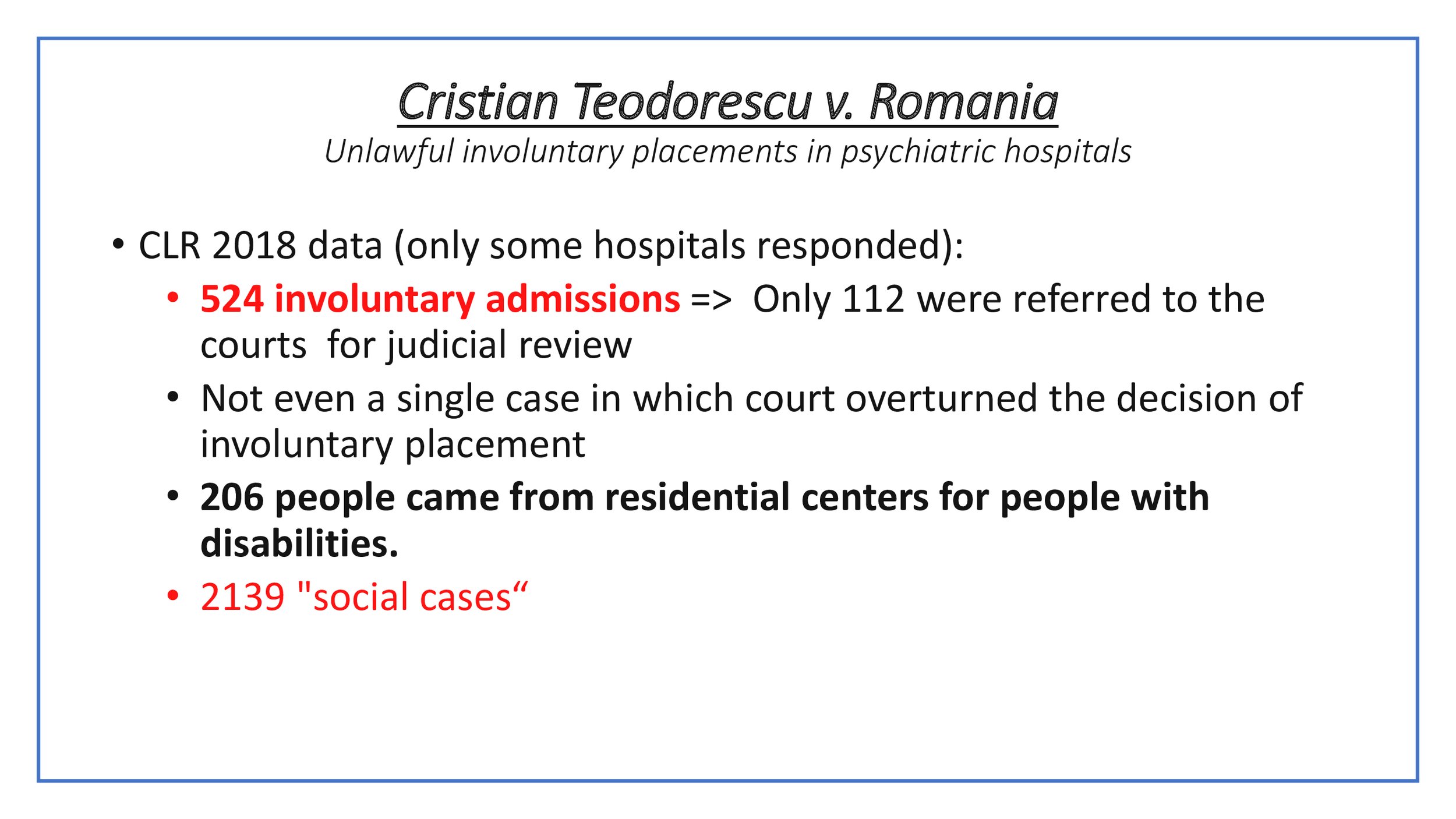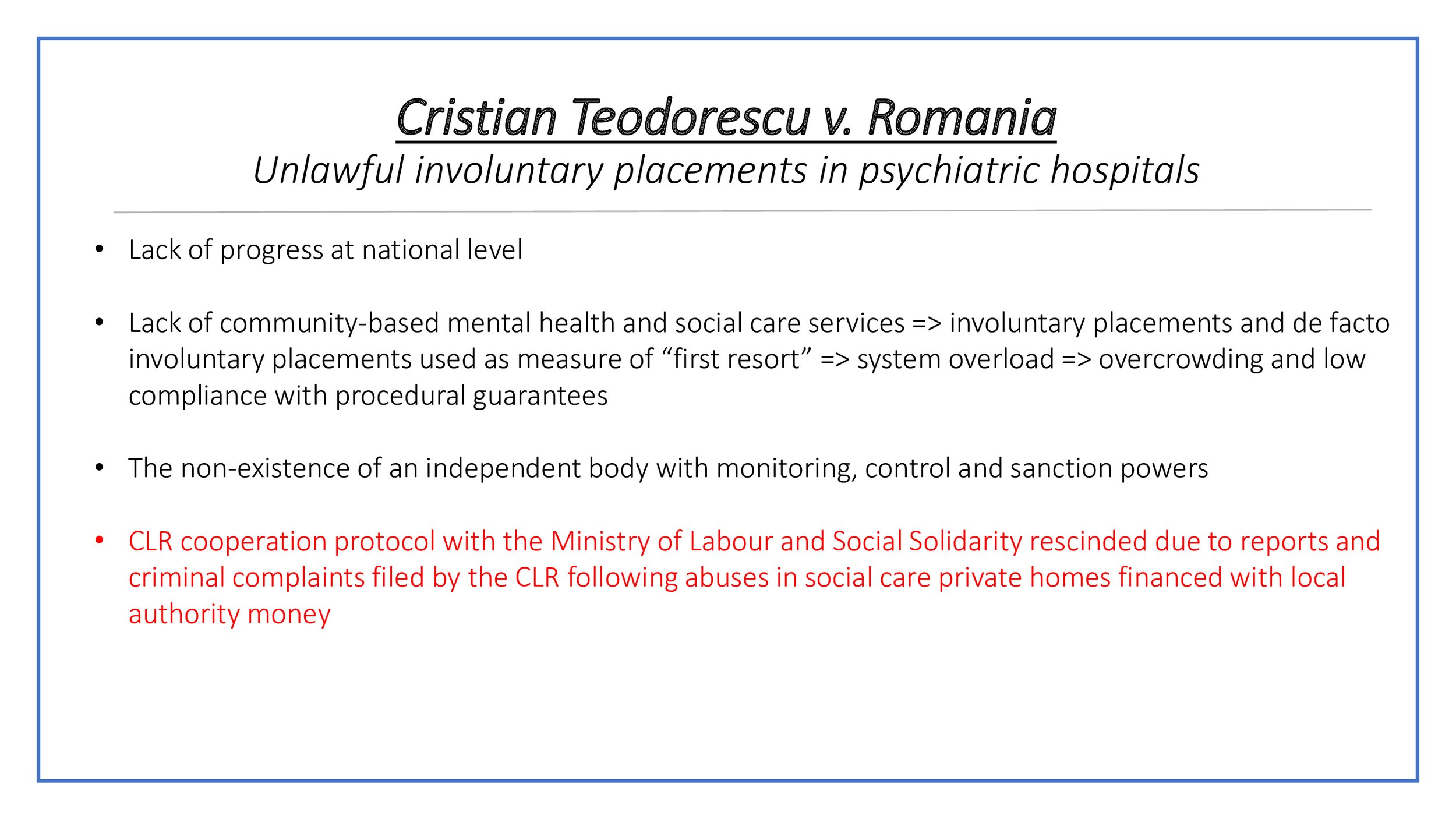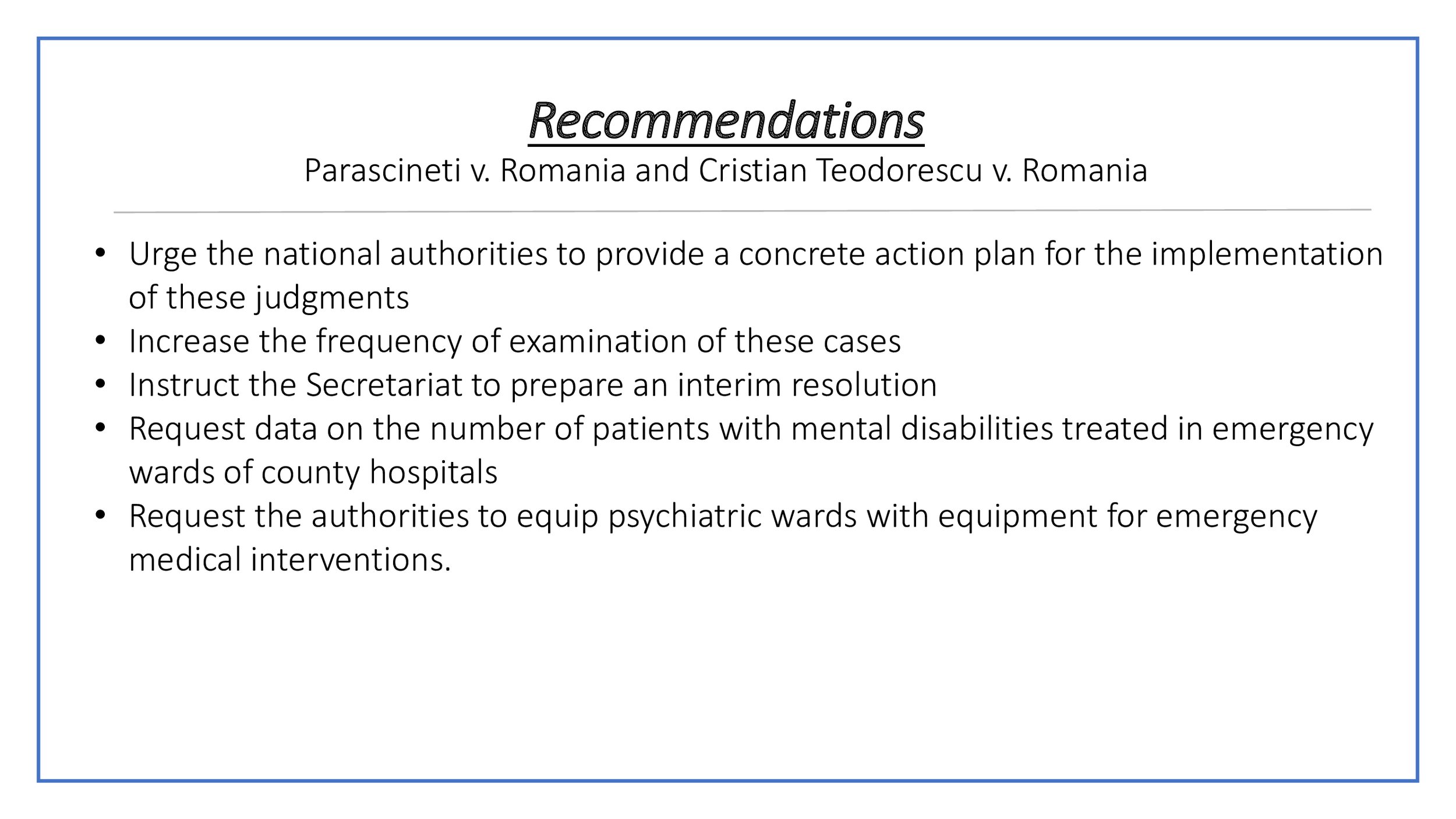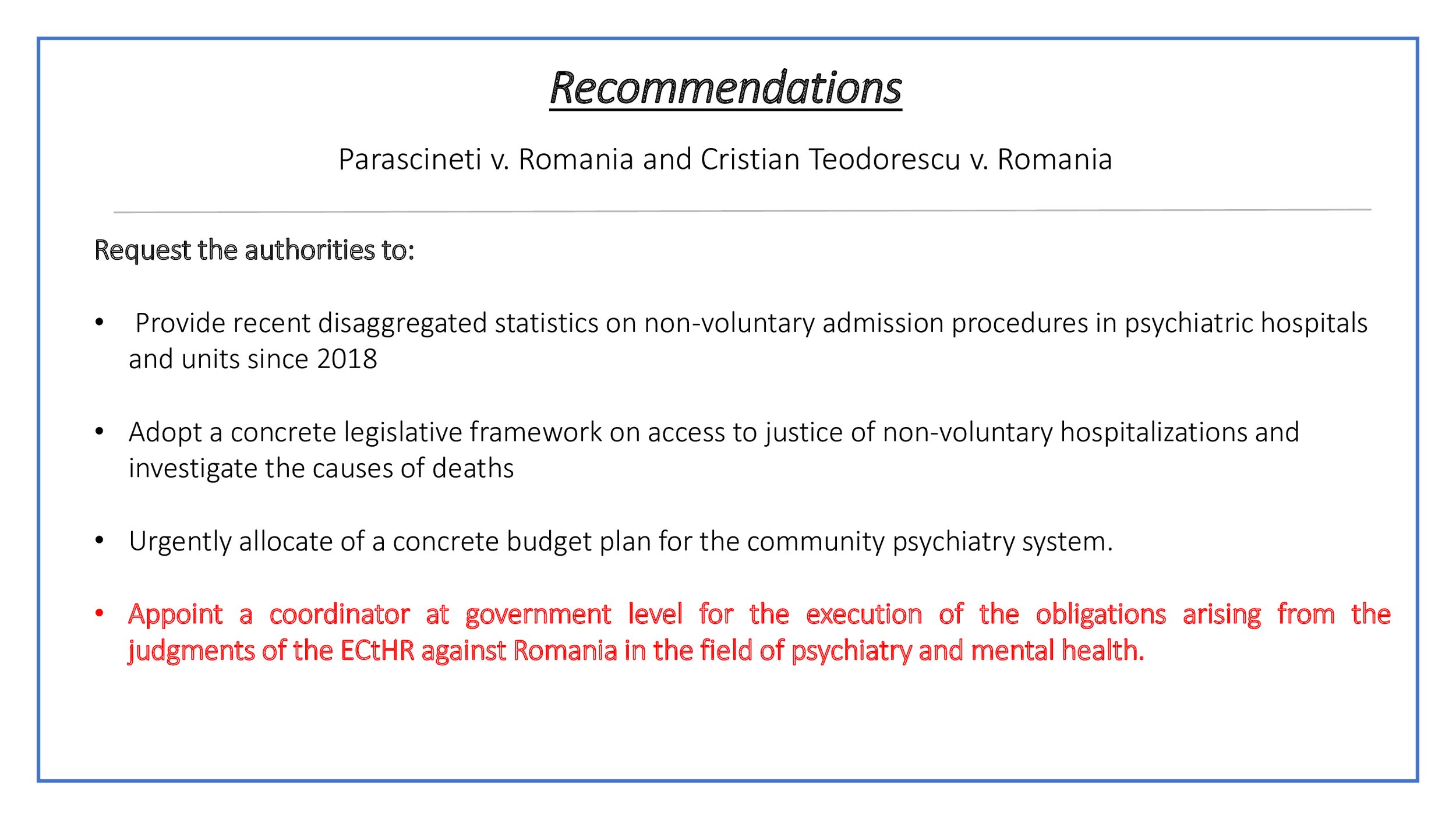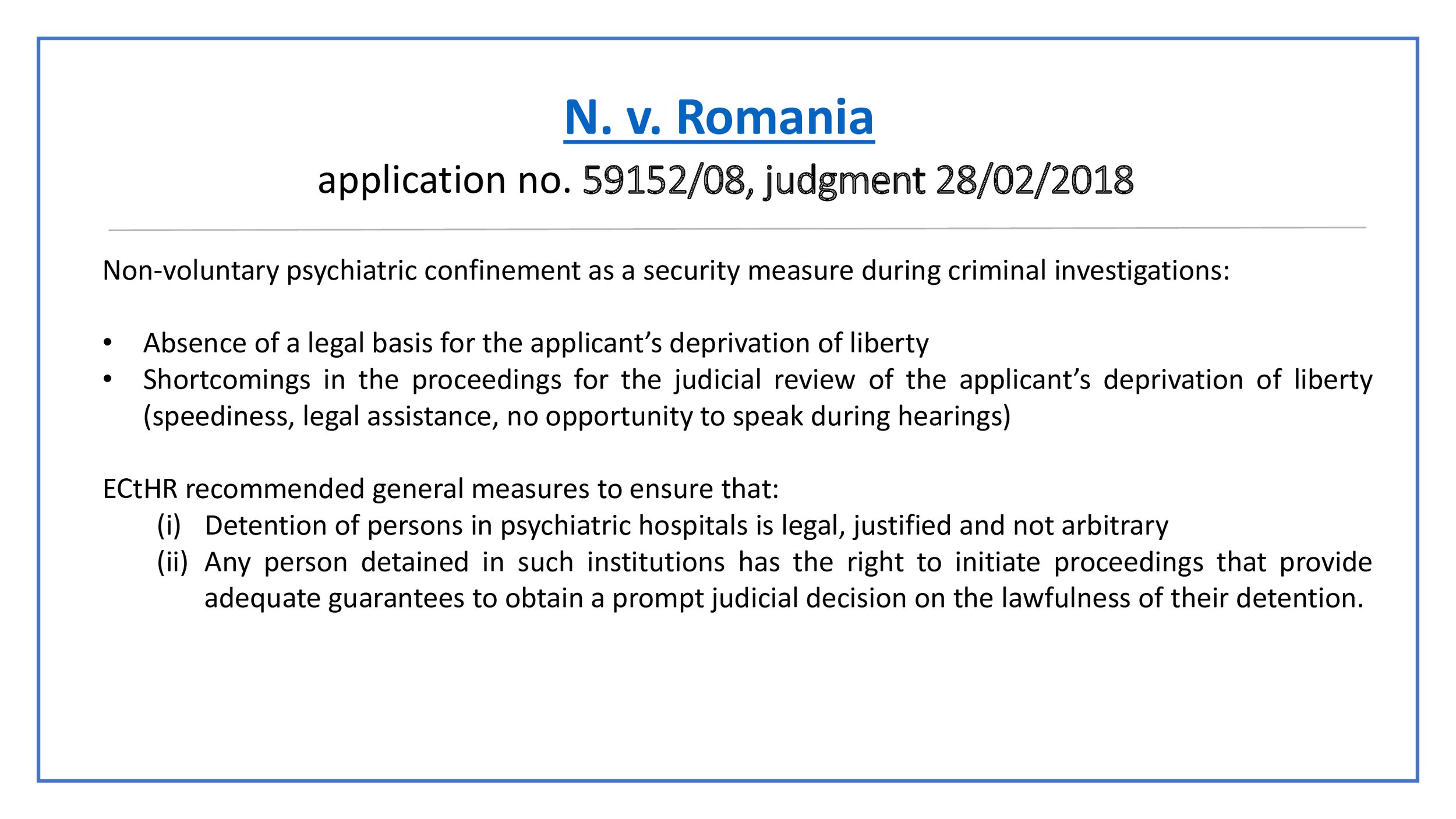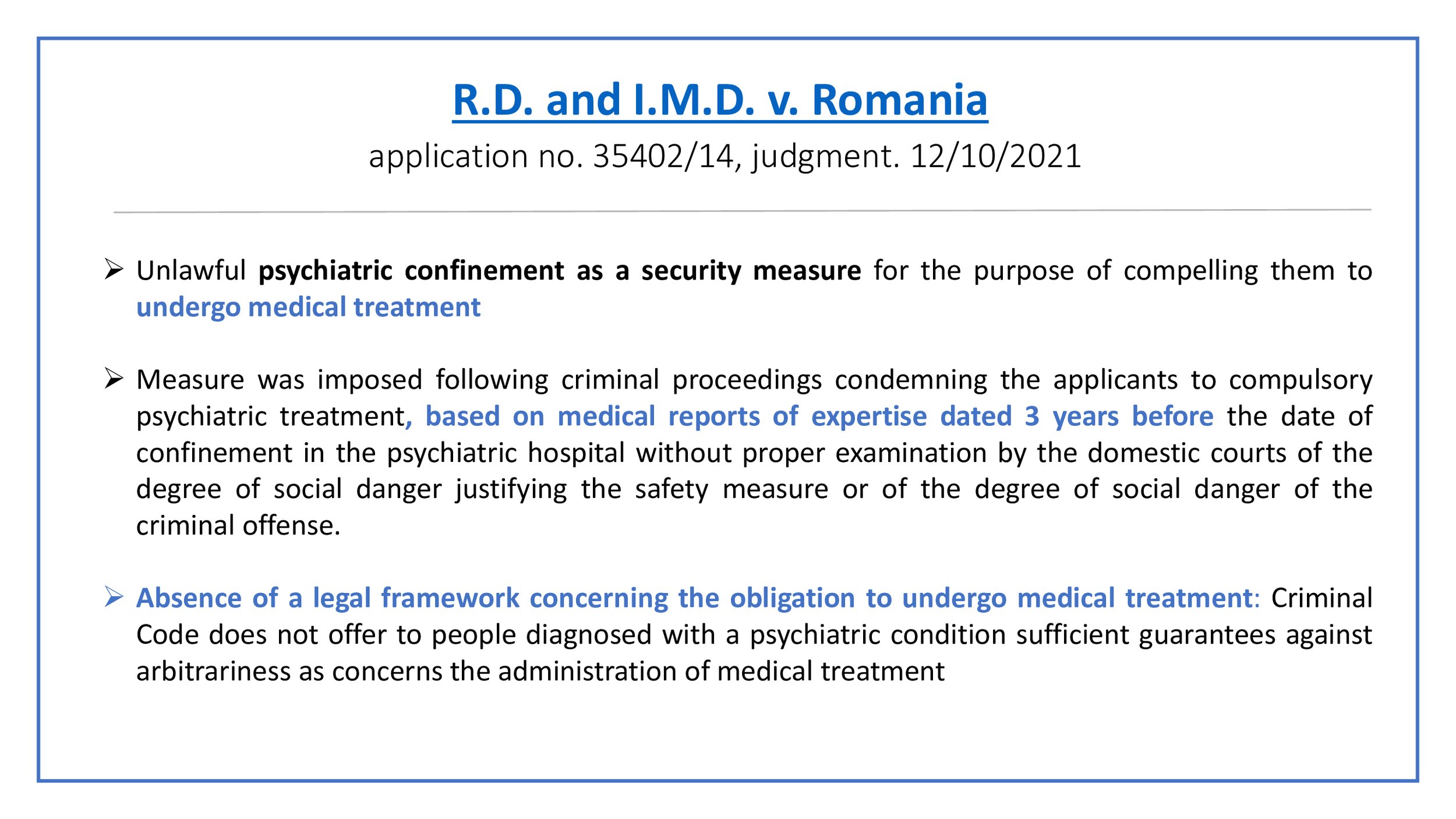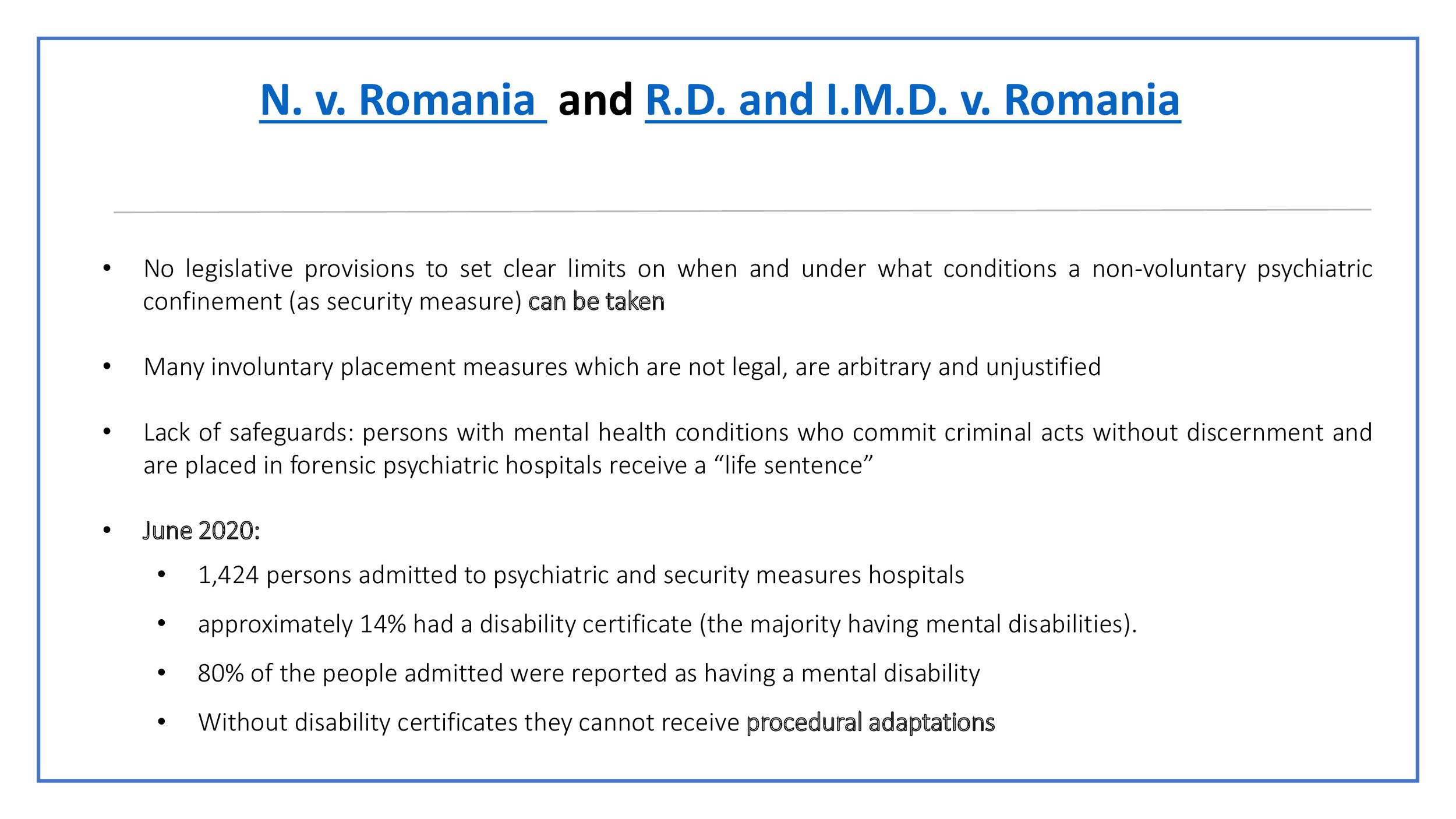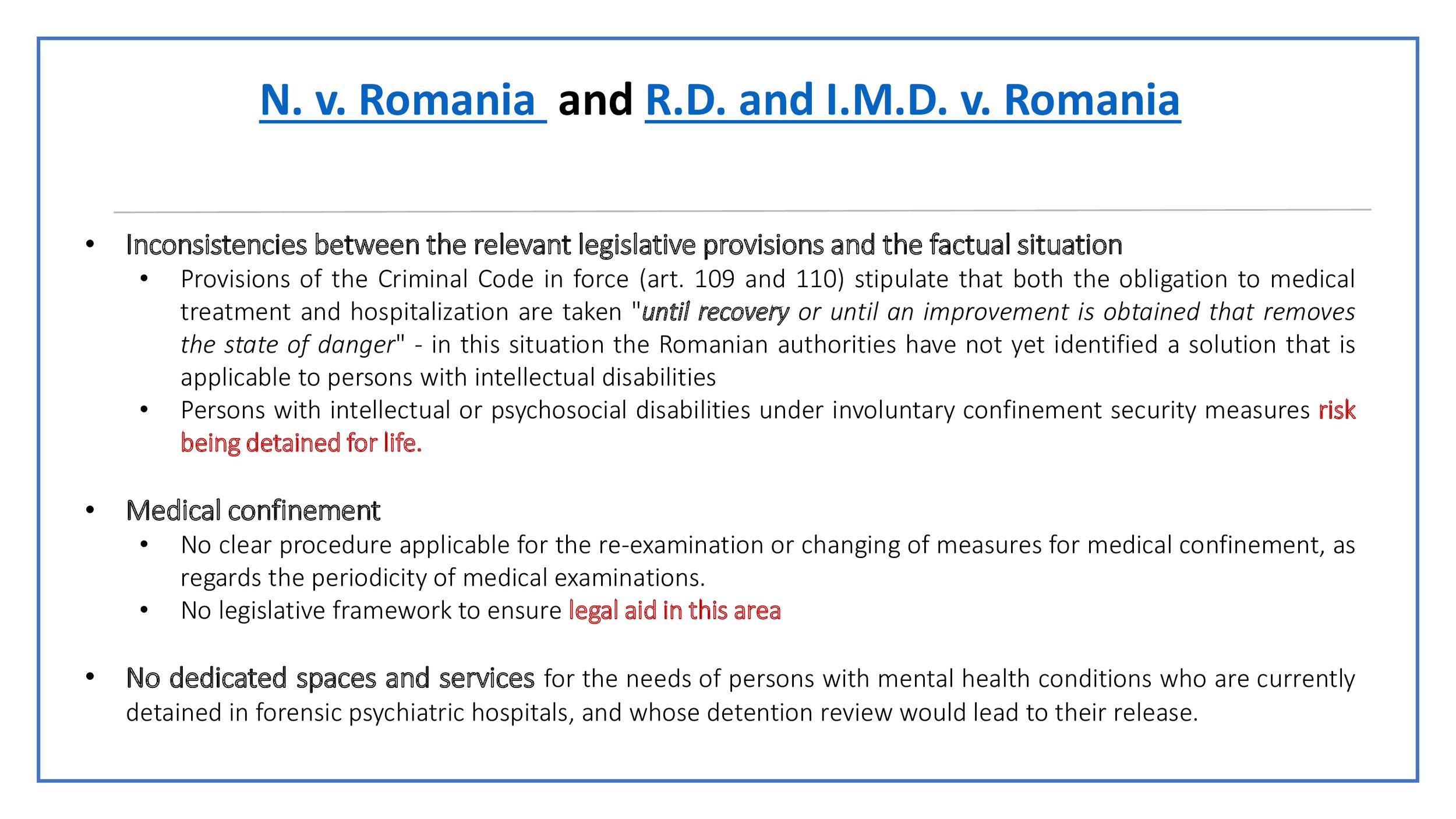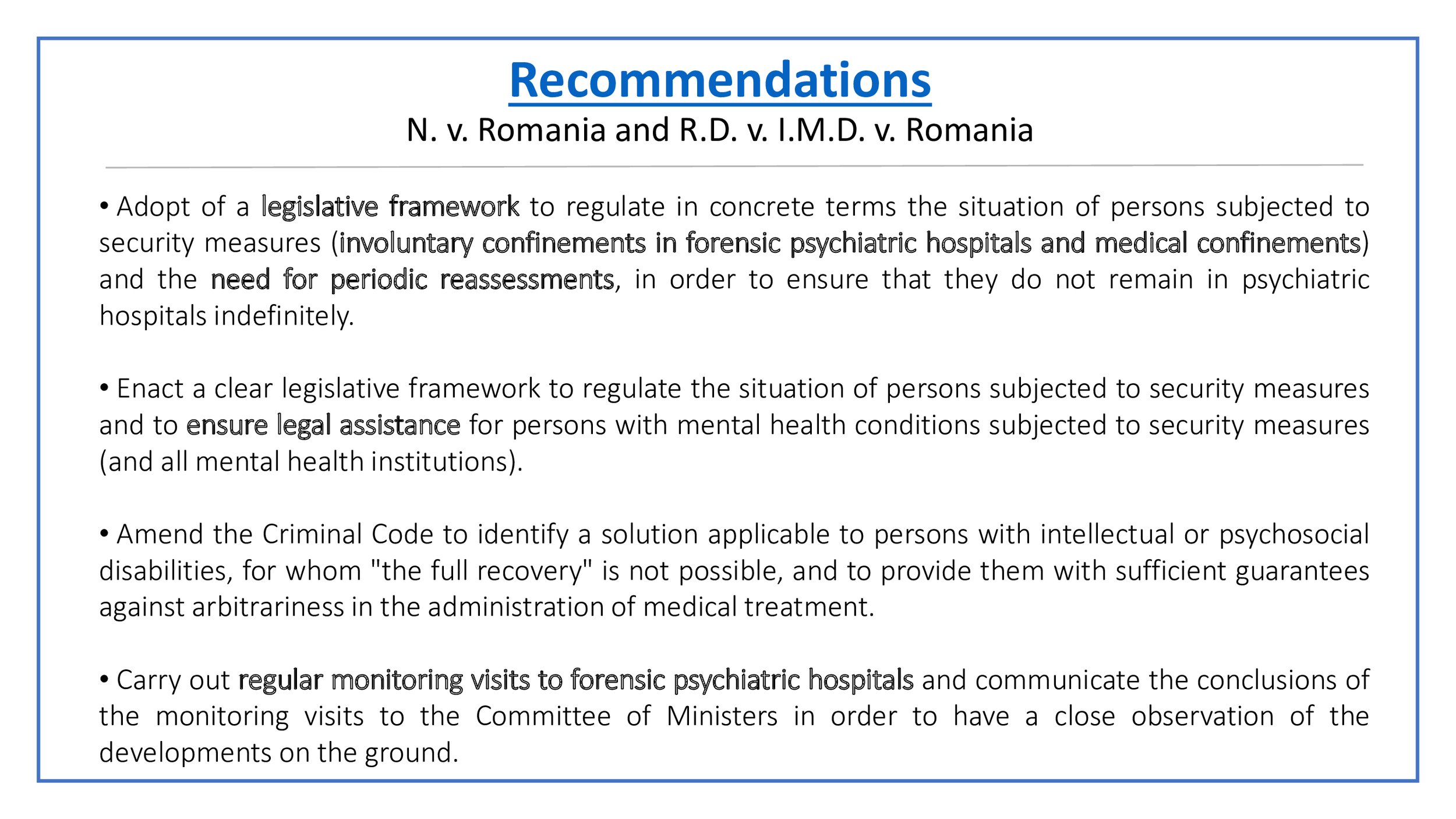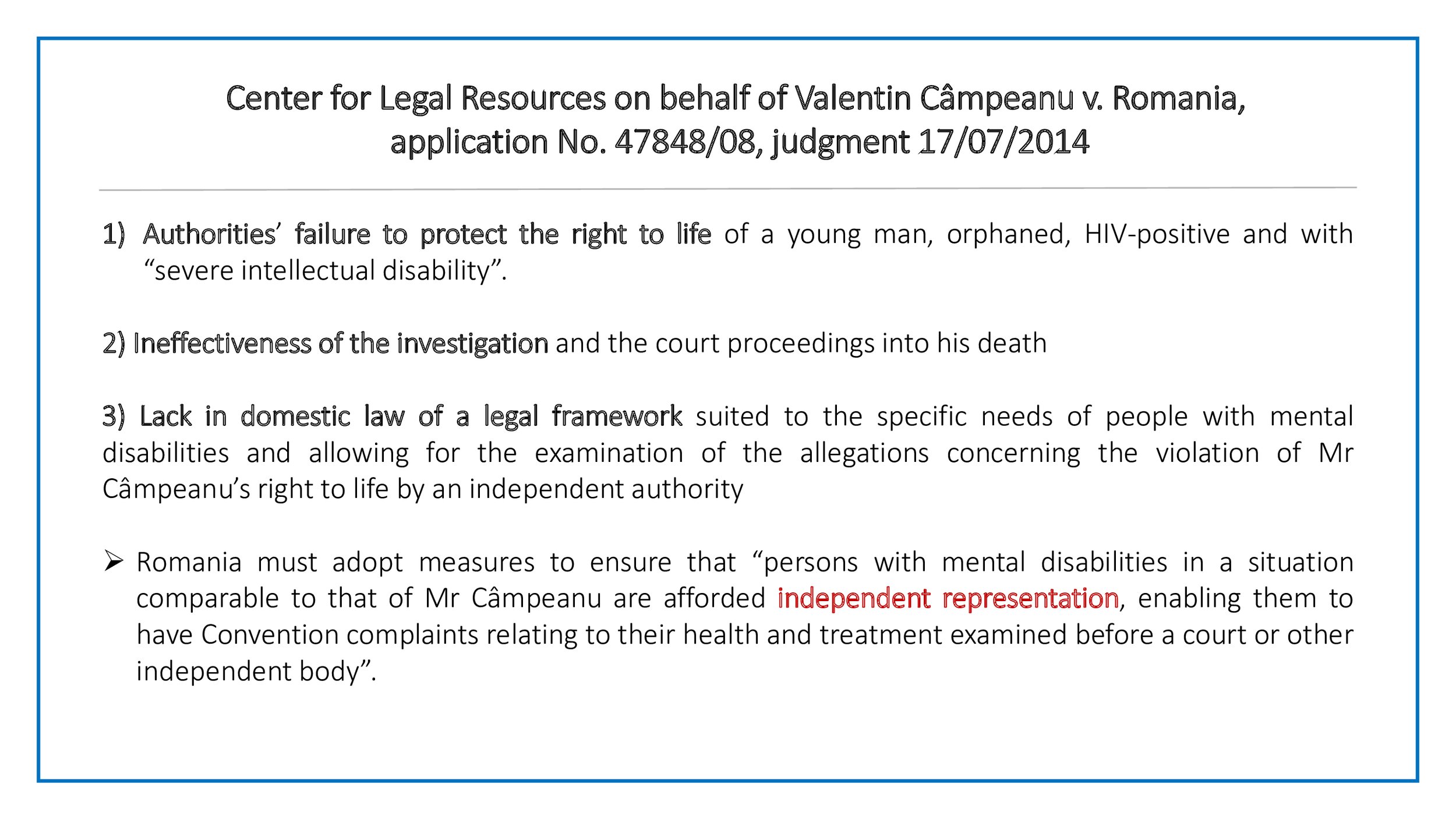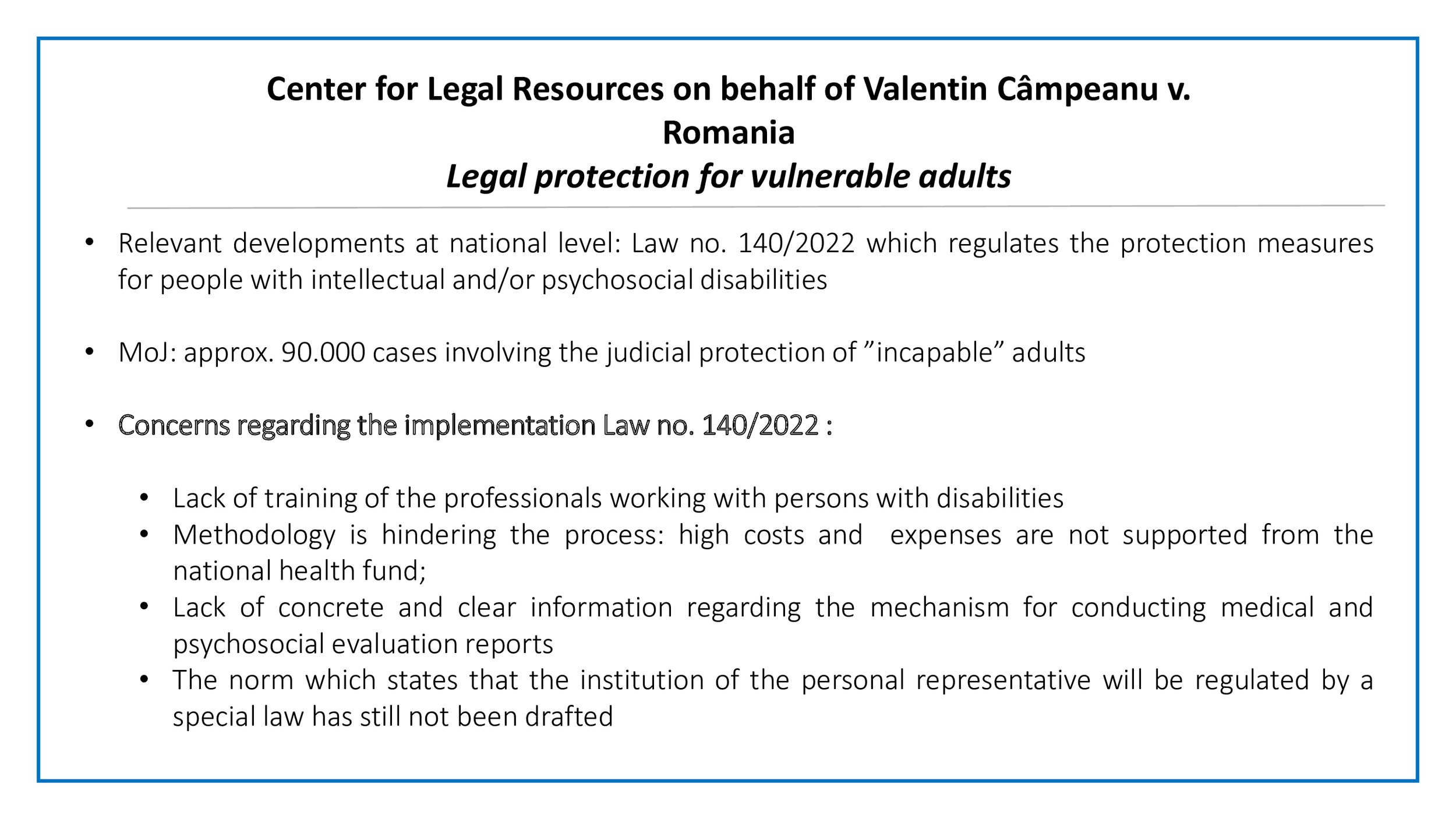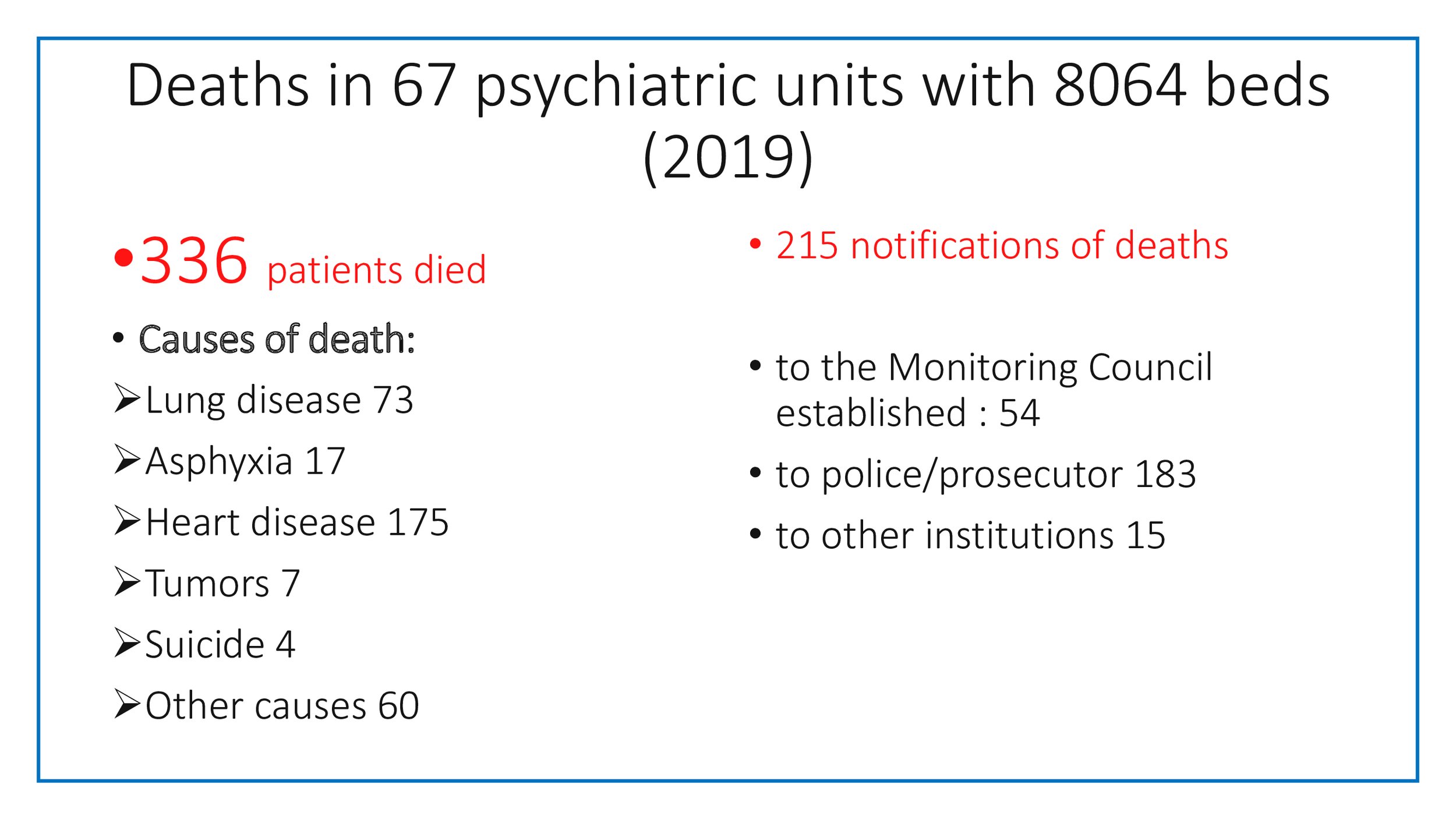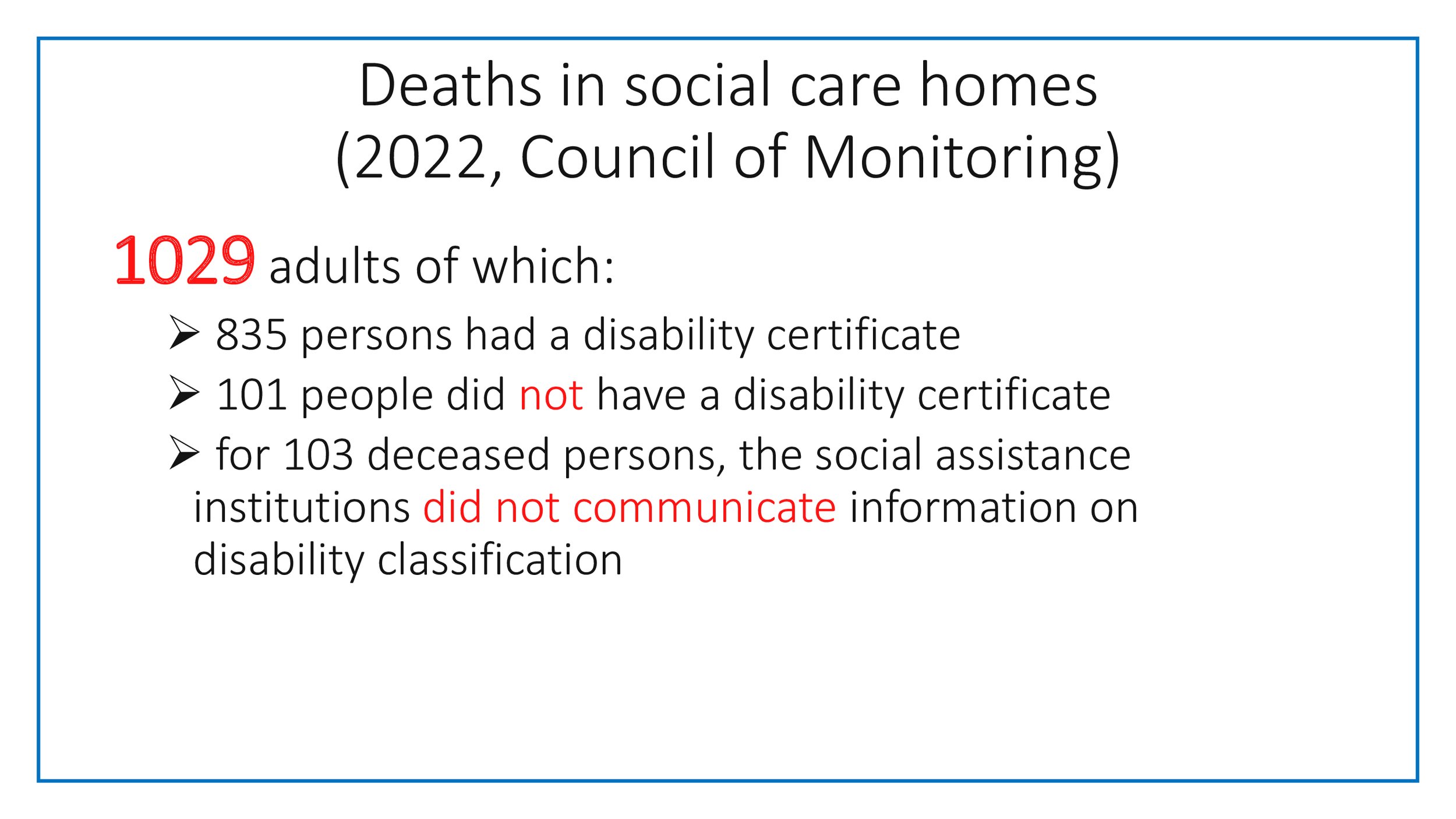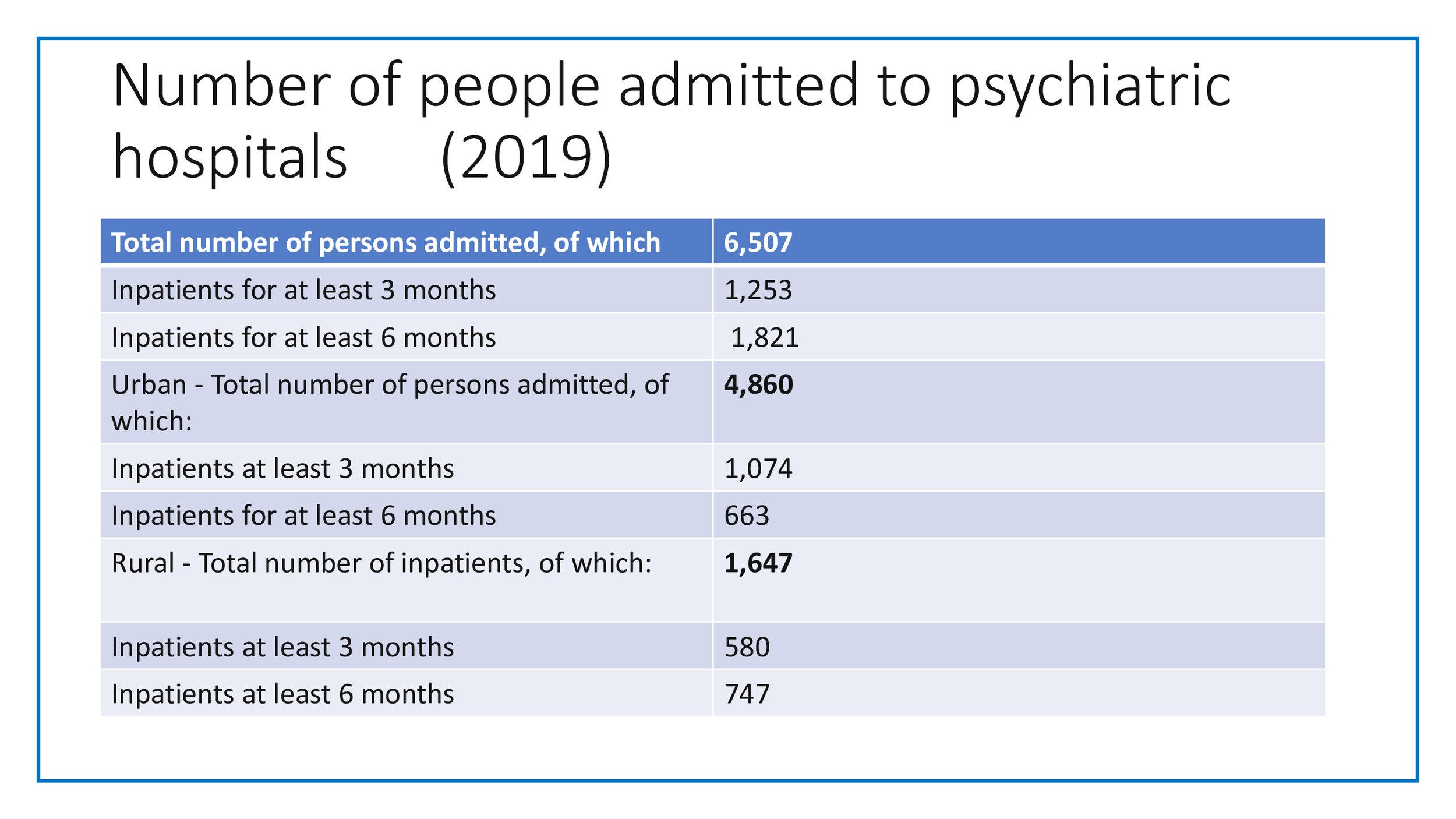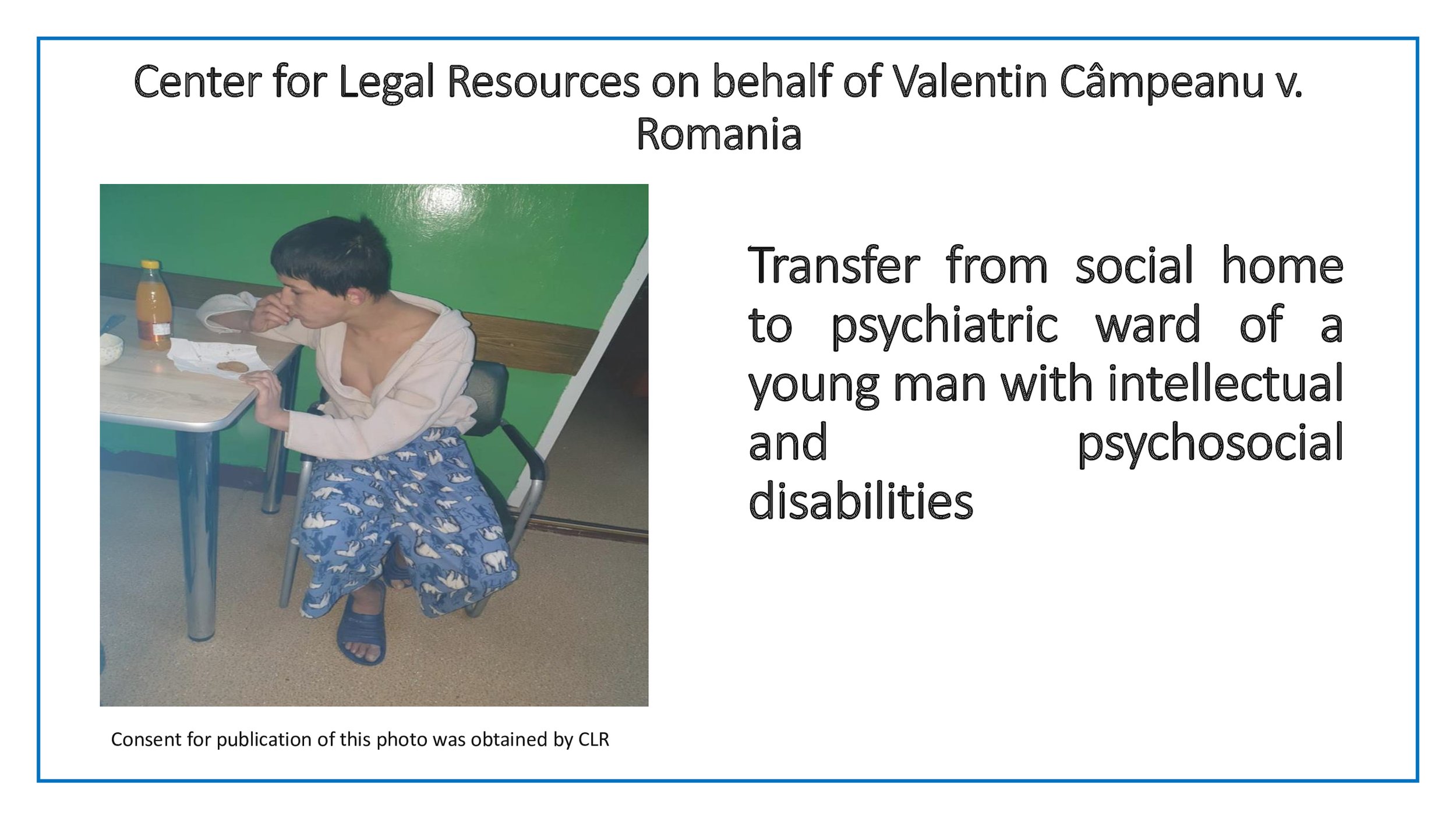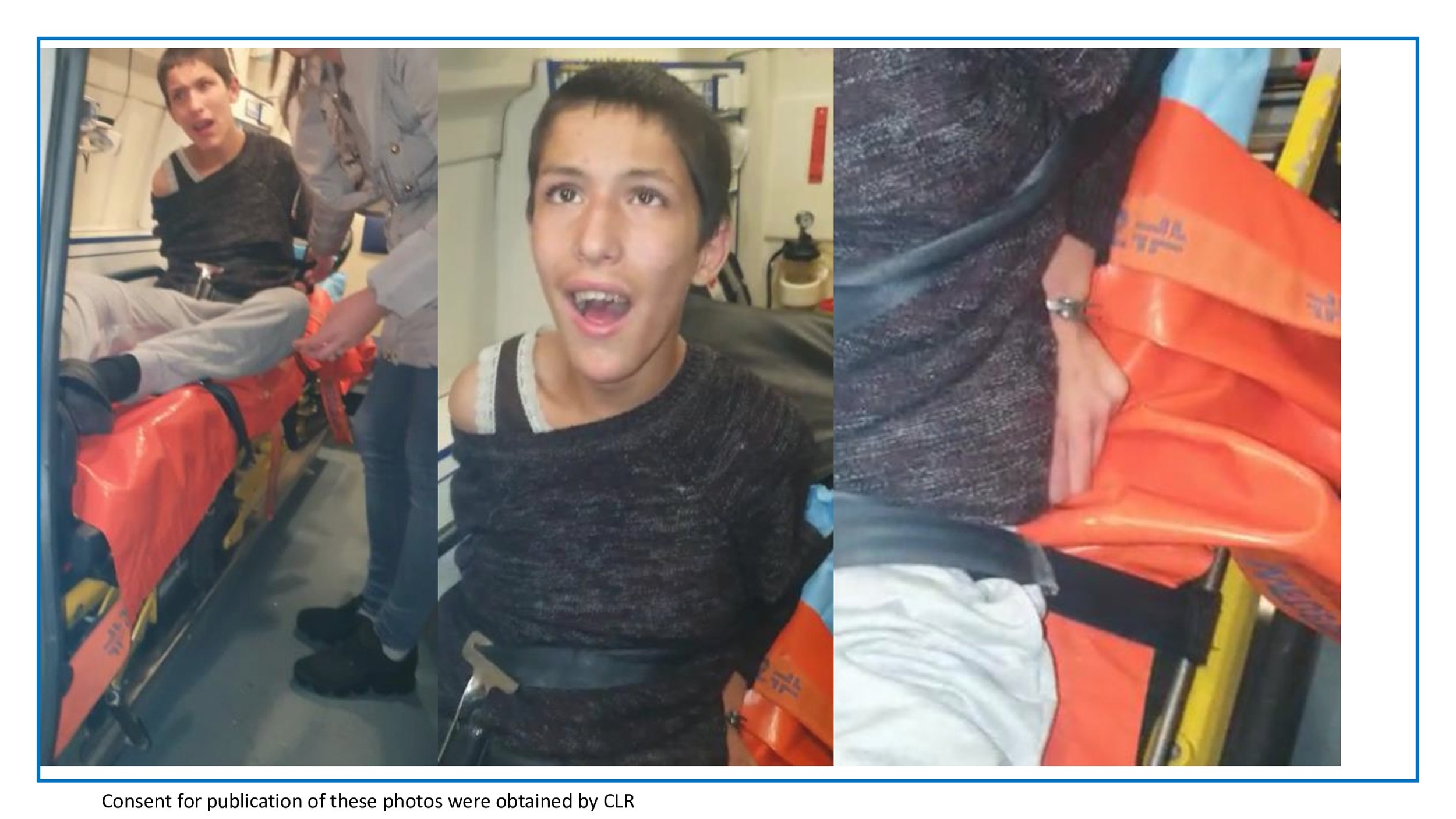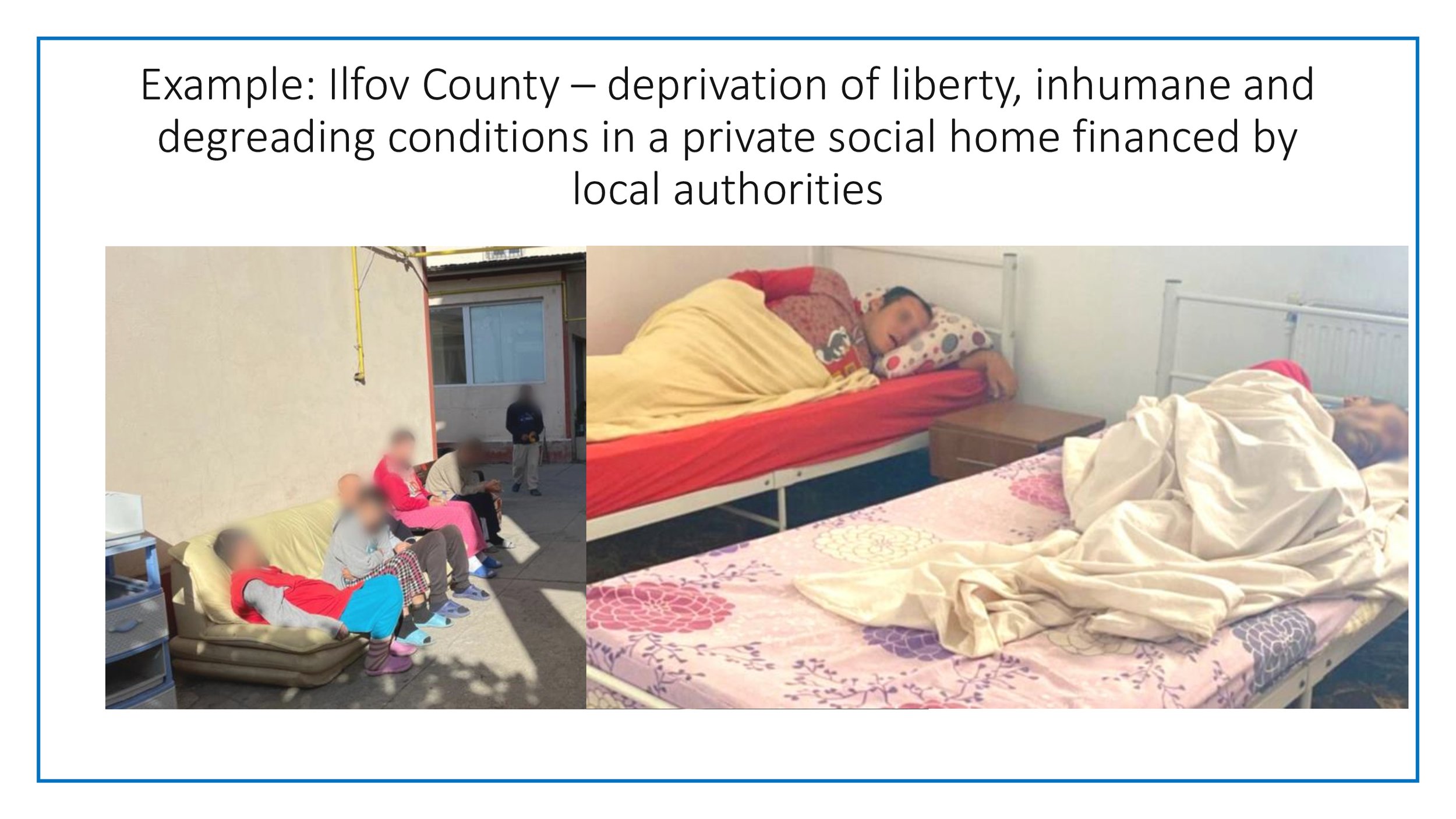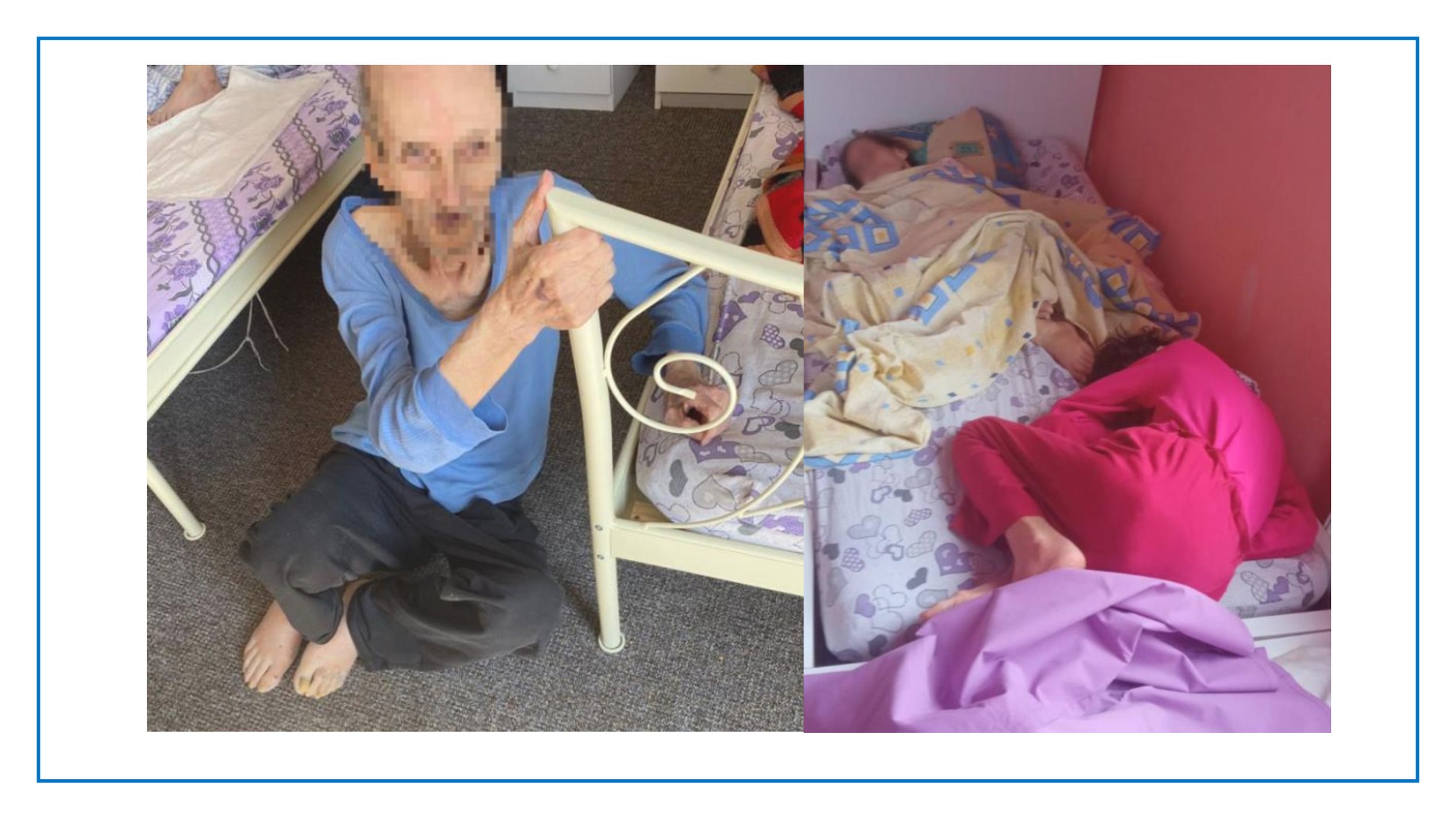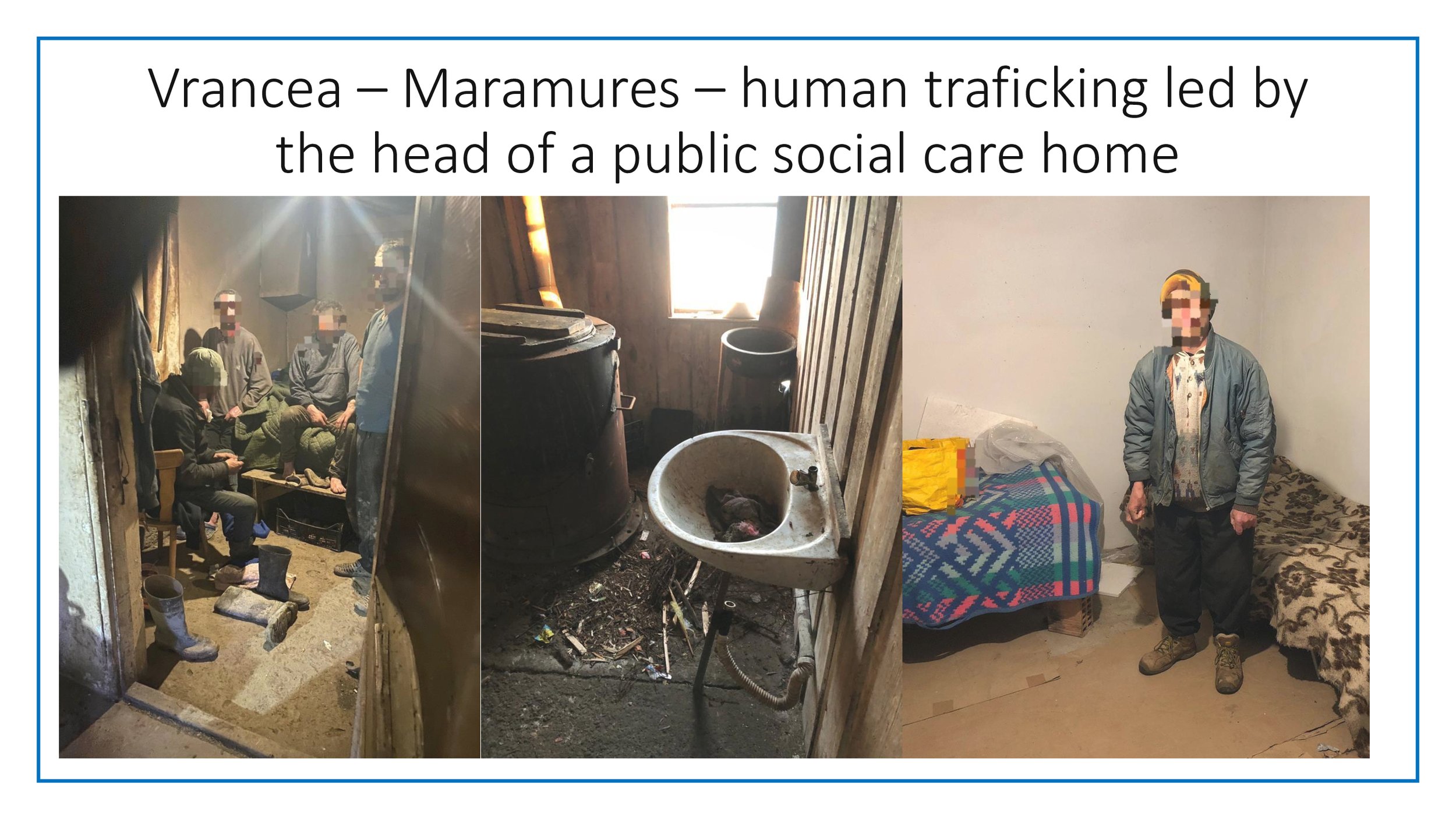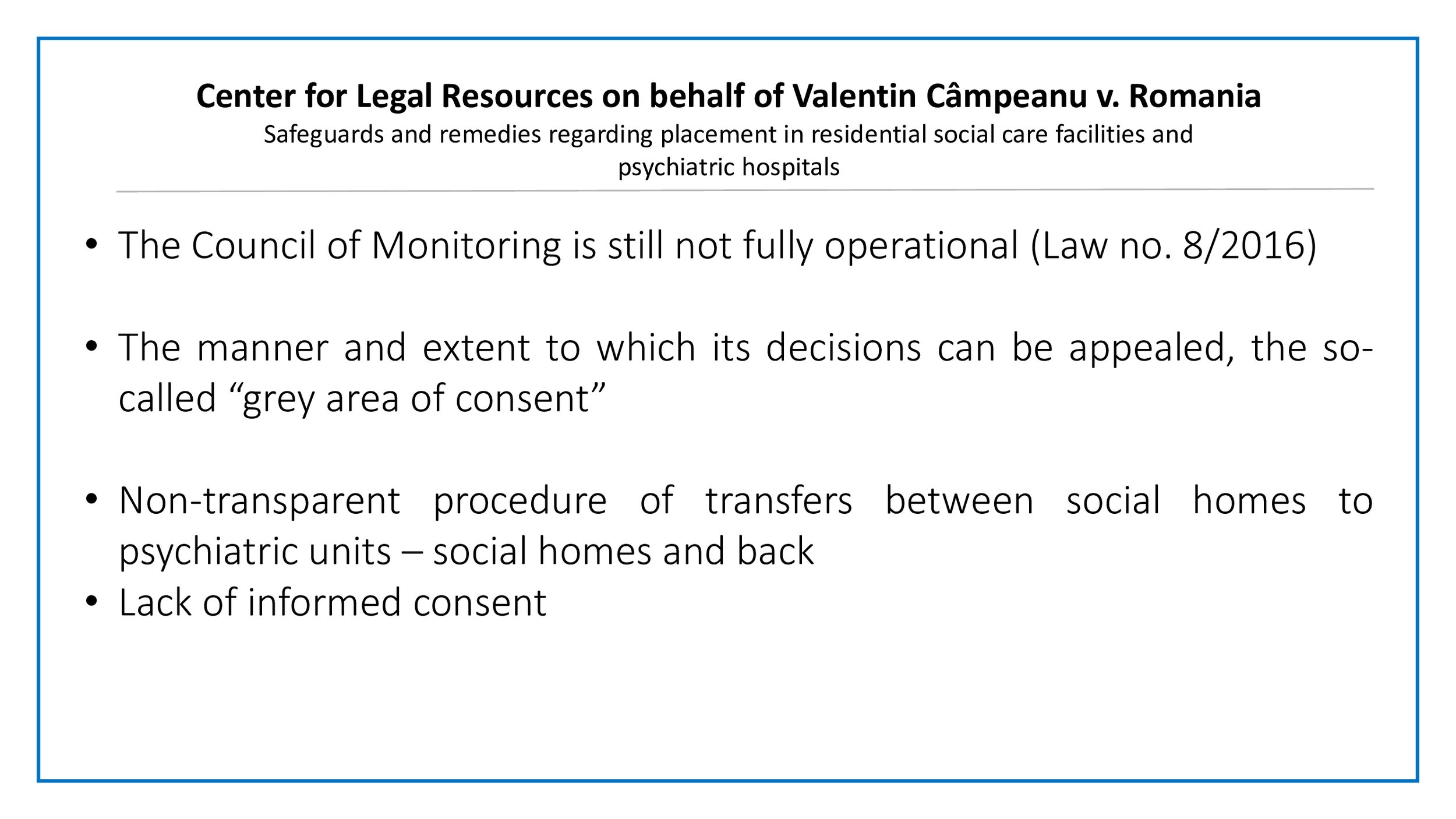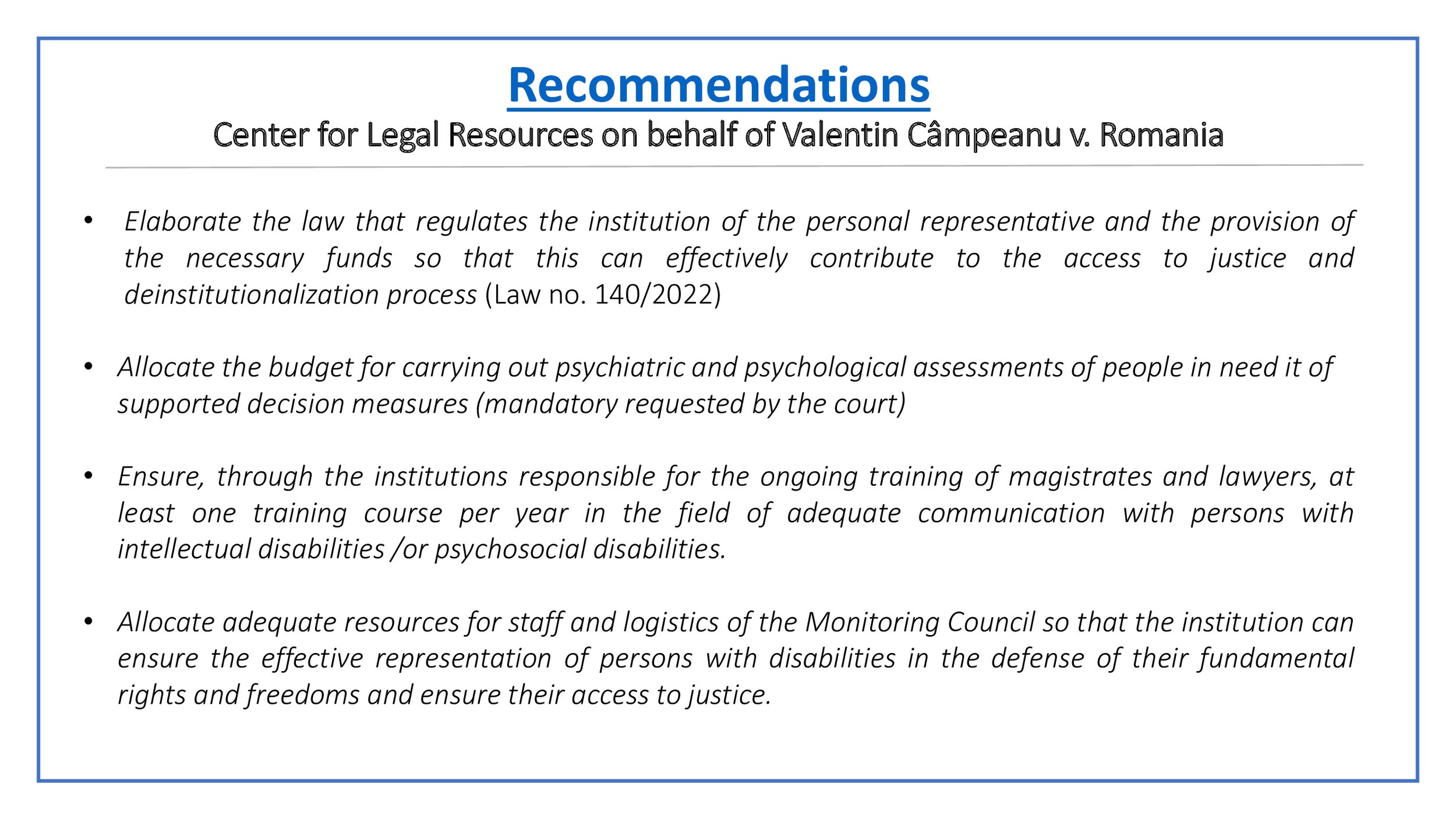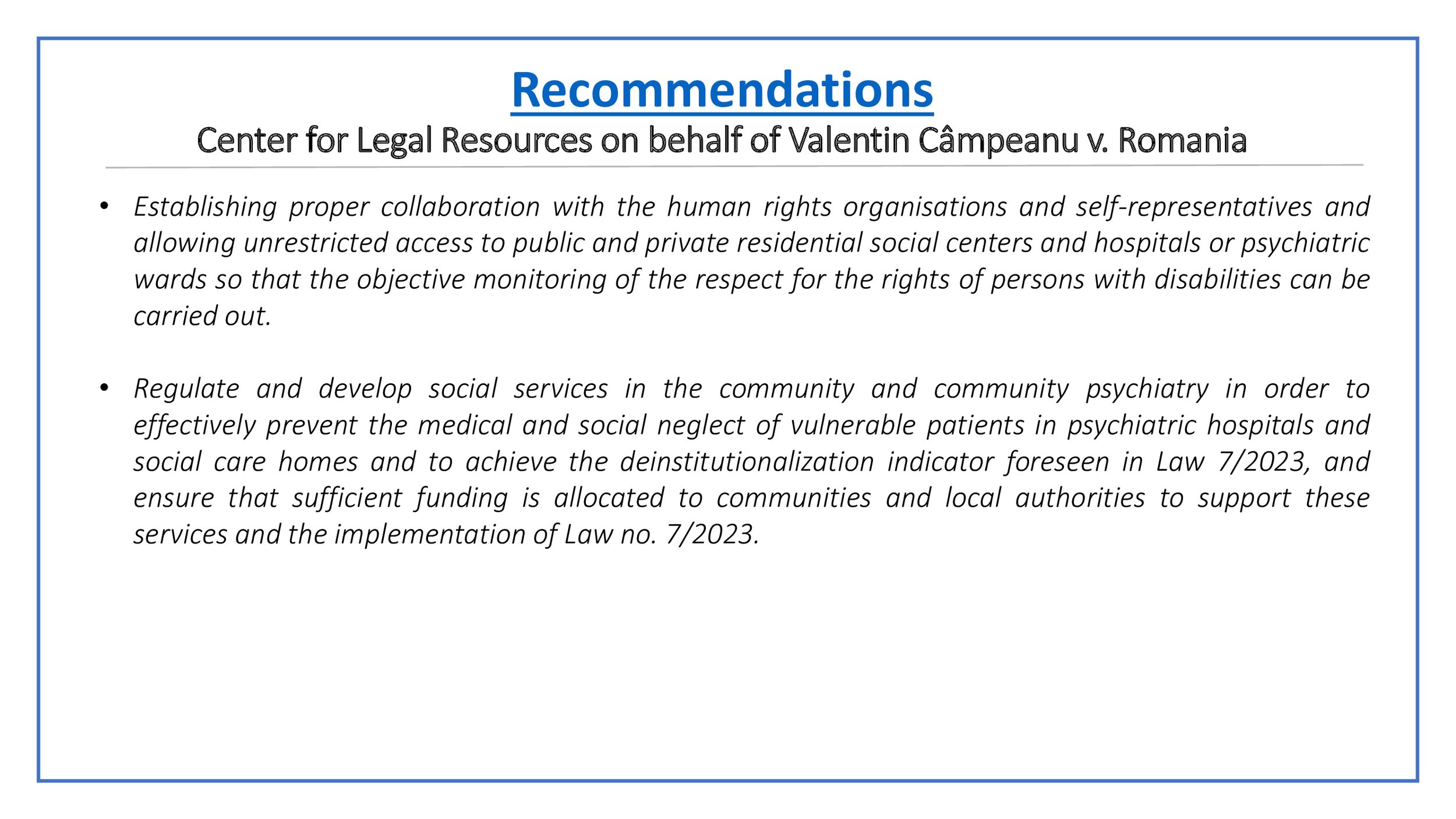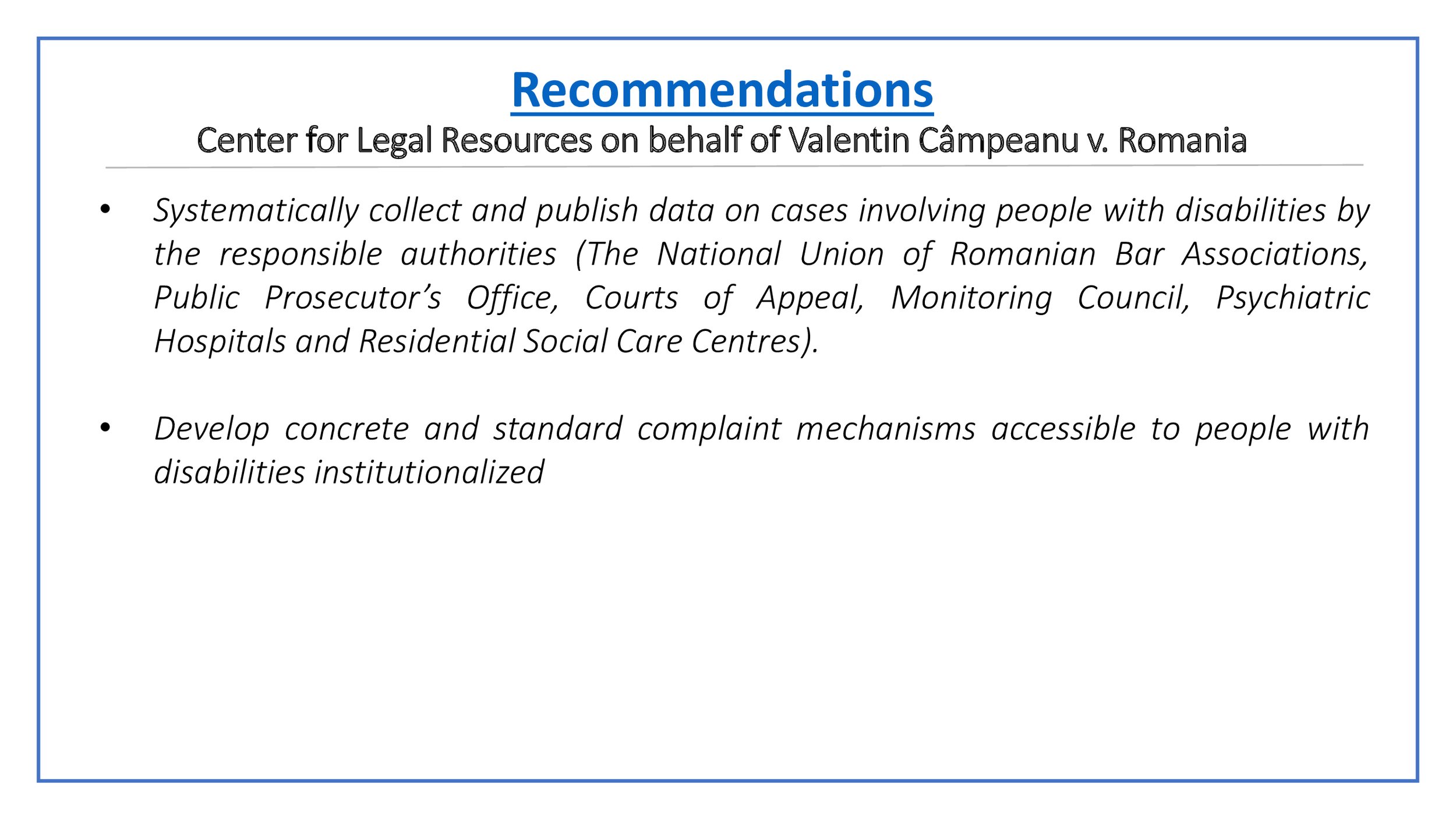Overview of Rule 9 Submissions in view of the Committee of Ministers' Deputies Human Rights Meeting in December 2023
/From the 5th to the 7th of December 2023, the Committee of Ministers will meet for their quarterly Human Rights Meeting. During this meeting, the Committee of Ministers will examine 43 leading judgments of the European Court of Human Rights that are pending implementation.
EIN members and partners, other civil society actors, lawyers and applicants have made 53 Rule 9 submissions for 28 cases under consideration. The list below sets out an overview of these submissions related to cases on the current agenda.
Overview of Submissions
Sharxhi and others v. Albania
Violation: Demolition of the applicants’ flats and business premises in disregard of an interim court order restraining the authorities from taking any action that could breach property rights.
Last Examination: March 2023 - CM/Del/Dec(2023)1459/H46-1
Latest Submission: Rule 9.1 - Communication from the applicant (25/10/2023) in the case of Sharxhi and Others v. Albania (Application No. 10613/16)
Muradyan v. Armenia
Violation: Failure to provide plausible explanation for the injury sustained by the applicant’s son, a military conscript, and his ensuing death. Lack of an effective investigation into his death.
Last Examination: September 2019 - CM/Del/Dec(2019)1355/H46-1
Latest Submissions: Rules 9.2 and 9.6 - Reply from the authorities (27/11/2023) following a communication from an NGO (Helsinki Citizens' Assembly – Vanadzor) (16/11/2023) in the case of Muradyan v. Armenia (Application No. 11275/07)
Muradova group, Mammadov (Jalaloglu) Group, and Mikayil Mammadov Group v. Azerbaijan
Violation: Excessive use of force by the security forces and lack of effective investigations.
Last Examination: 30 November - 2 December 2021 -CM/Del/Dec(2021)1419/H46-5
Sejdić and Finci Group v. Bosnia and Herzegovina
Violation: Ethnic-based discrimination on account of the ineligibility of persons not affiliated with one of the “constituent peoples” (Bosniaks, Croats or Serbs) to stand for election to the House of Peoples and the Presidency.
Last Examination: June 2023 - CM/Del/Dec(2023)1468/H46-4
International Bank for Commerce and Development ad and others group v. Bulgaria
Violation: Unfairness of the proceedings concerning the withdrawal of a bank licence and the bank’s insolvency.
Last Examination: June 2018 - CM/Del/Dec(2018)1318/H46-6
Velikova Group v. Bulgaria
Violation: Excessive use of force by law enforcement agents; ineffective investigations.
Last Examination: 30 November - 2 December 2021 - CM/Del/Dec(2021)1419/H46-10
Latest Submissions: Rule 9.2 - Communication from an NGO (BULGARIAN HELSINKI COMMITTEE (BHC)) (23/10/2023) in the VELIKOVA group of cases v. Bulgaria (Application No. 41488/98)
Statileo Group v. Croatia
Violation: Statutory limitations on use of property by landlords, including through the rent control scheme for flats subject to protected leases.
Last Examination: June 2023 - CM/Del/Dec(2023)1468/H46-9
Latest Submissions: Rule 9.2 - Communication from an NGO (Udruga Proljece) (10/11/2023) in the case of STATILEO v. Croatia (Application No. 12027/10)
Identoba and others group v. Georgia
Violation: Lack of protection against homophobic attacks during demonstrations.
Last Examination: December 2022 - CM/Del/Dec(2022)1451/H46-13
Latest Submissions: Rule 9.2 - Communication from an NGO (Tolerance and Diversity Institute (TDI)) (30/10/2023) in the case of IDENTOBA AND OTHERS v. Georgia (Application No. 73235/12)
Tkhelidze Group v. Georgia
Violation: Failure to protect from domestic violence and to conduct an effective investigation into police inaction.
Last Examination: December 2022 - CM/Del/Dec(2022)1451/H46-14
Latest Submissions: Rule 9.2 - Communication from an NHRI (The Public Defender of Georgia) (03/11/2023) in the case of Tkhelidze v. Georgia (Application No. 33056/17)
Bekir-Ousta and others group v. Greece
Violation: Refusal of domestic courts to register associations or dissolution of the applicants’ associations.
Last Examination: June 2023 - CM/Del/Dec(2023)1468/H46-12
Latest Submissions: Rule 9.1 - Communication from the applicant (25/10/2023) in the case of BEKIR-OUSTA AND OTHERS v. Greece (Application No. 35151/05)
Sidiropoulos and Papakostas Group v. Greece
Violation: Use of potentially lethal force and ill-treatment by law enforcement agents and lack of effective investigations.
Last Examination: September 2021 - CM/Del/Dec(2021)1411/H46-15
Latest Submissions: Rule 9.2 - Communication from an NGO (Greek Helsinki Monitor) (18/10/2023) in the case of Sidiropoulos and Papakostas v. Greece (Application No. 33349/10)
Baka v. Hungary
Violation: Lack of access to a court as regards the premature termination of the applicant’s mandate as President of the Supreme Court which also led to a violation of his right to freedom of expression.
Last Examination: March 2023 - CM/Del/Dec(2023)1459/H46-11
Latest Submission: Rule 9.2 - Communication from an NGO (Hungarian Helsinki Committee (HHC)) (05/10/2023) in the case of BAKA v. Hungary (Application No. 20261/12)
Cestaro Group v. Italy
Violation: Ill-treatment by the police; inadequate criminal legislation to punish acts of torture and inhuman and degrading treatment.
Last Examination: December 2019 - CM/Del/Dec(2019)1362/H46-14
Latest Submissions: Rule 9.2 - Communication from an NGO (Associazione Luca Coscioni Per La Liberta Di Ricerca Scientifica) (19/01/2023) in the case of CESTARO v. Italy (Application No. 6884/11)
Cosovan v. Republic of Moldova
Violation: Lack of adequate medical care in prison, lack of domestic remedies, and lack of sufficient reasons for prolongation of pre-trial detention.
First Examination
X v. North Macedonia
Violation: Lack of legislation governing the conditions and procedures for changing on birth certificates the registered sex of transgender people.
Last Examination: December 2022 - CM/Del/Dec(2022)1451/H46-22
Strand Lobben and others group v. Norway
Violation: Various shortcomings in the decision-making processes in child welfare proceedings.
Last Examination: September 2022 - CM/Del/Dec(2022)1443/H46-18
Latest Submissions: Rule 9.2 - Communication from an NGO (Menneskerett Norge) (17/02/2023) in the case of Strand Lobben and others v. Norway (Application No. 37283/13)
Juszczyszyn and Żurek v. Poland
Violation: Unforeseeable suspension of a judge, by a tribunal not established by law, predominantly aiming to sanction and dissuade him from verifying the lawfulness of appointment of judges upon recommendation of the reformed National Council of the Judiciary (NCJ) (Juszczyszyn) and application of a set of measures against a former judicial member of the NCJ in connection with his views in defence of judicial independence (Żurek).
First Examination
Latest Submissions: Rule 9.2 - Communication from an NGO (Helsinki Foundation for Human Rights (HFHR)) (28/08/2023) in the case of Juszczyszyn v. Poland (Application No. 35599/20)
Reczkowicz Group, Broda and Bojara, and Grzęda v. Poland
Violation: Tribunal not established by law due to, inter alia, systemic dysfunction in the judicial appointments’ procedures (Reczkowicz group) and lack of access to court regarding the termination of the applicants’ terms of office (Broda and Bojara, Grzęda).
Last Examination: June 2023 - CM/Del/Dec(2023)1468/H46-18
Latest Submissions: Rule 9.1 - Communication from the applicant (14/11/2023) in the case of Advance Pharma sp. z o.o v. Poland (Application No. 1469/20) (Reczkowicz group, 43447/19)
Xero Flor w Polsce sp. z o.o. v. Poland
Violation: Insufficient reasons of courts for refusal to refer a legal question to the Constitutional Court. Tribunal not established by law due to grave irregularities in the election of one of the Constitutional Court's judges examining the applicant company’s constitutional complaint.
Last Examination: June 2023 - CM/Del/Dec(2023)1468/H46-20
Latest Submissions: Rule 9.1 - Communication from the applicant (14/11/2023) in the case of Advance Pharma sp. z o.o v. Poland (Application No. 1469/20) (Reczkowicz group, 43447/19)
E.B. and M.G.C. Group v. Romania
Violation: Breaches of the State’s positive obligation effectively to apply a criminal-law system punishing any non-consensual sexual acts, in particular when the victims are children and persons with psychosocial disabilities.
Last Examination: 29 September – 1 October 2020 - CM/Del/Dec(2020)1383/H46-15
Săcăleanu Group v. Romania
Violation: Failure or substantial delay in the enforcement of final domestic judicial decisions against the State and State-owned enterprises.
Last Examination: March 2023 - CM/Del/Dec(2023)1459/H46-17 and September 2023 CM/Del/Dec(2023)1475/H46-30
Alekseyev, Bayev and others, Berkman Group, and Zhdanov and others v. Russian Federation
Violation: Discrimination on grounds of sexual orientation in the exercise of the right to freedom of peaceful assembly (Alekseyev, Bayev and Others, Berkman group). Refusal to register LGBT associations (Zdganov and Others).
Last Examination: December 2018 - CM/Del/Dec(2018)1331/H46-24, First examination, and First examination.
Magnitskiy and others and Mazepa and others group v. Russian Federation
Violation: High-profile murder cases and lack of effective investigation.
First Examination
Latest Submission: Rule 9.2 - Communication from an NGO (EHRAC) (17/10/2023) in the case of Mazepa and Others v. Russian Federation (Application No. 15086/07)
Navalnyy and Ofitserov Group v. Russian Federation
Violation: Different violations relating to various repressive measures taken by the authorities against Mr Aleksey Navalnyy, with strong factual links between them.
Last Examination: June 2023 - CM/Del/Dec(2023)1468/H46-30
Latest Submissions: Rule 9.1 - Communication from the applicant (03/11/2023) in the case of NAVALNYY AND OFITSEROV v. Russia (Application No. 46632/13)
R. Kačapor and others group v. Serbia
Violation: Non-enforcement of domestic decisions, including against socially-owned companies.
Last Examination: December 2022 - CM/Del/Dec(2022)1451/H46-37
Latest Submissions: Rule 9.1 - Communication from the applicant (02/08/2023) in the case of Zemljoradnicka Zadruga Paor v. Serbia (Application No. 13246/22) (R. Kacapor group, 2269/06)
Selahattin Demirtaş (no. 2) Group v. Türkiye
Violation: Unjustified detention of the applicants without reasonable suspicion that they had committed an offence, with the ulterior purpose of stifling pluralism and limiting freedom of political debate. Unforeseeable lifting of the parliamentary immunity and subsequent criminal proceedings to penalise the applicants for their political speeches. (Individual measures)
Last Examination: September 2023 - CM/Del/Dec(2023)1475/H46-38
Opuz Group v. Türkiye
Violation: Failure to provide protection from domestic violence.
Last Examination: December 2022 - CM/Del/Dec(2022)1451/H46-41
Latest Submissions: Rule 9.2 - Communication from an NGO (‘Mor Çatı’ Women’s Shelter Foundation) (30/10/2023) in the case of OPUZ v. Turkey (Application No. 33401/02)
Ahmet Yildirim Group v. Türkiye
Violation: Restriction of access to the internet and wholesale blocking of internet sites.
Last Examination: March 2021 - CM/Del/Dec(2021)1398/H46-31



